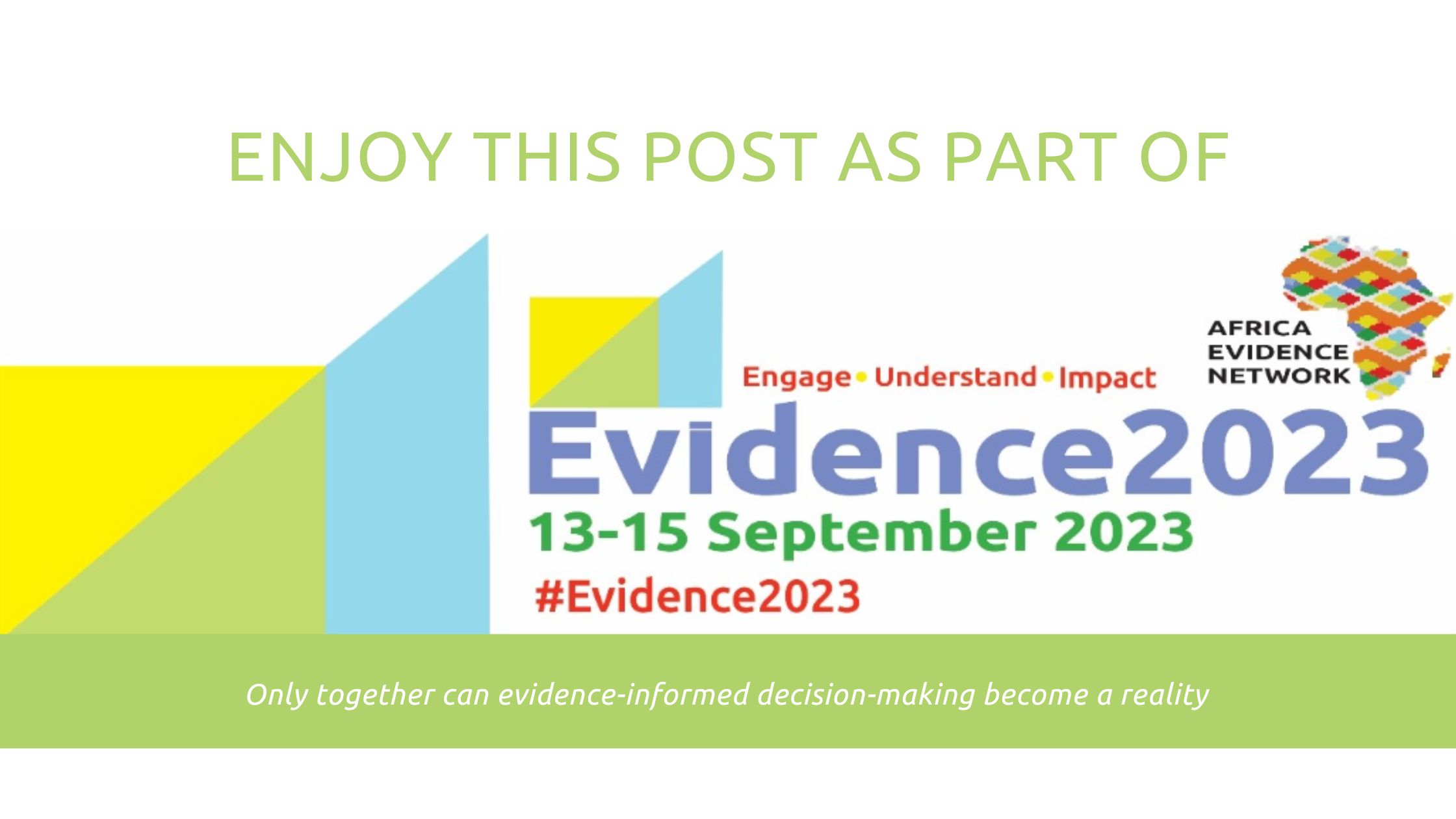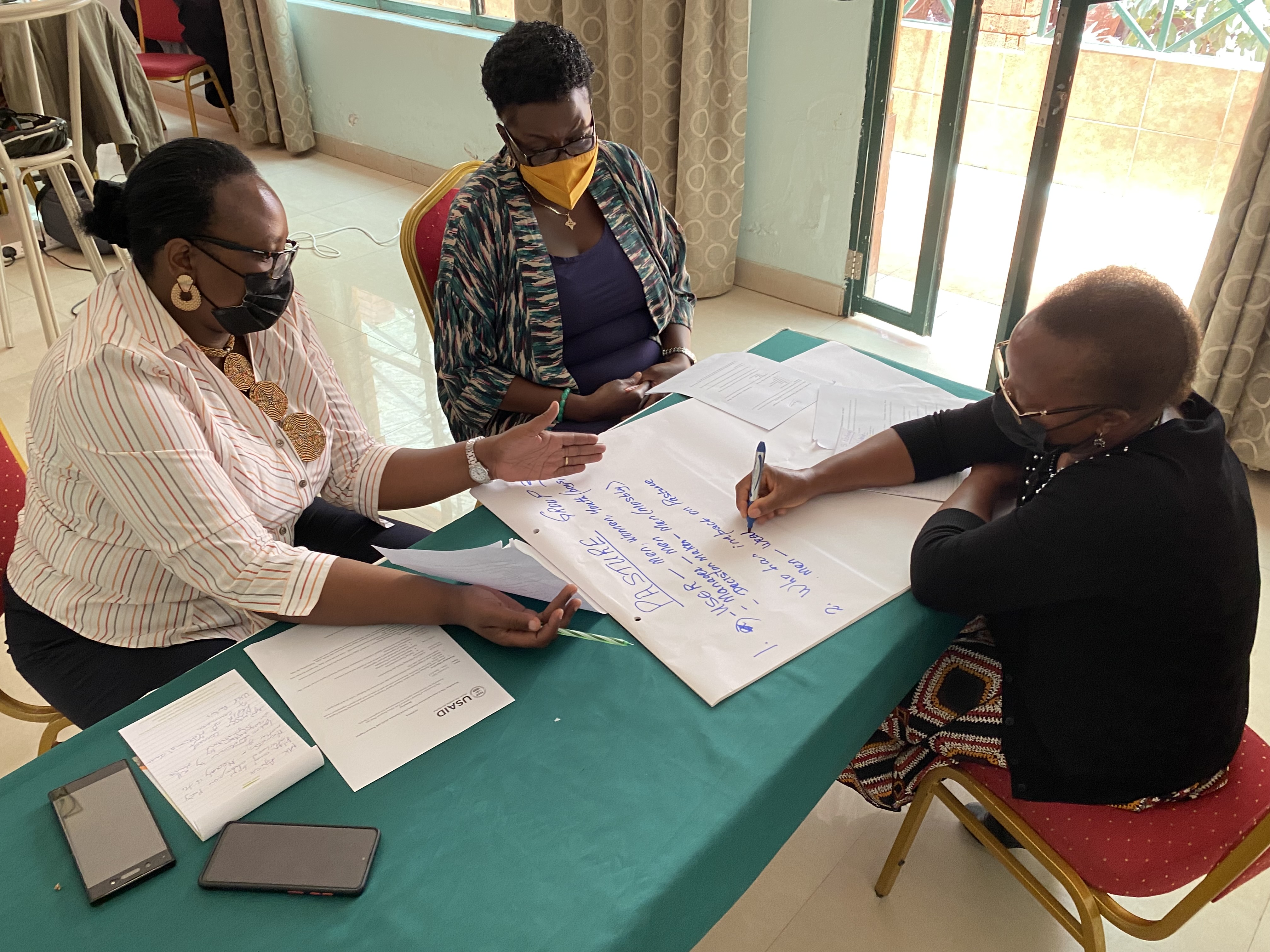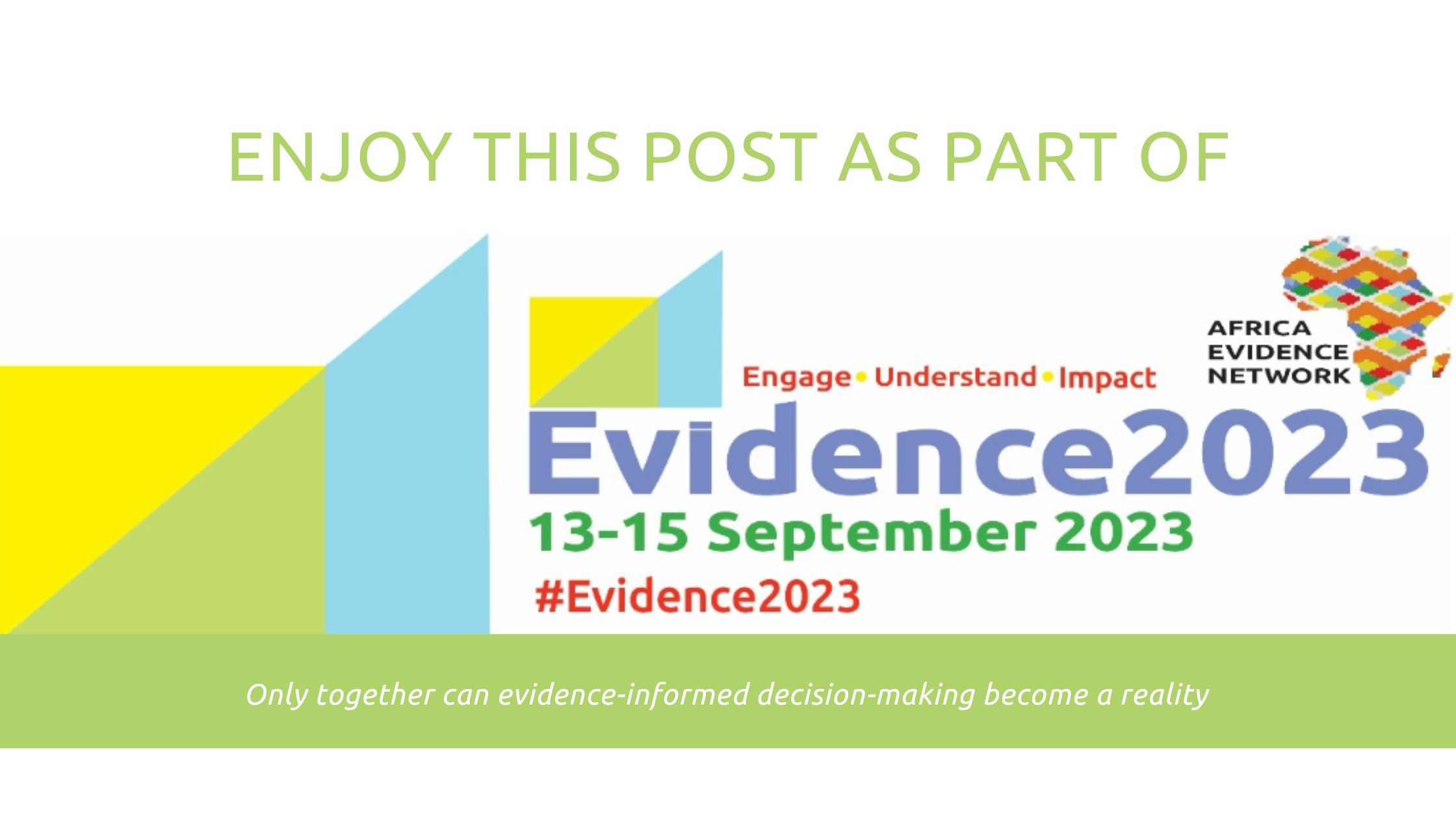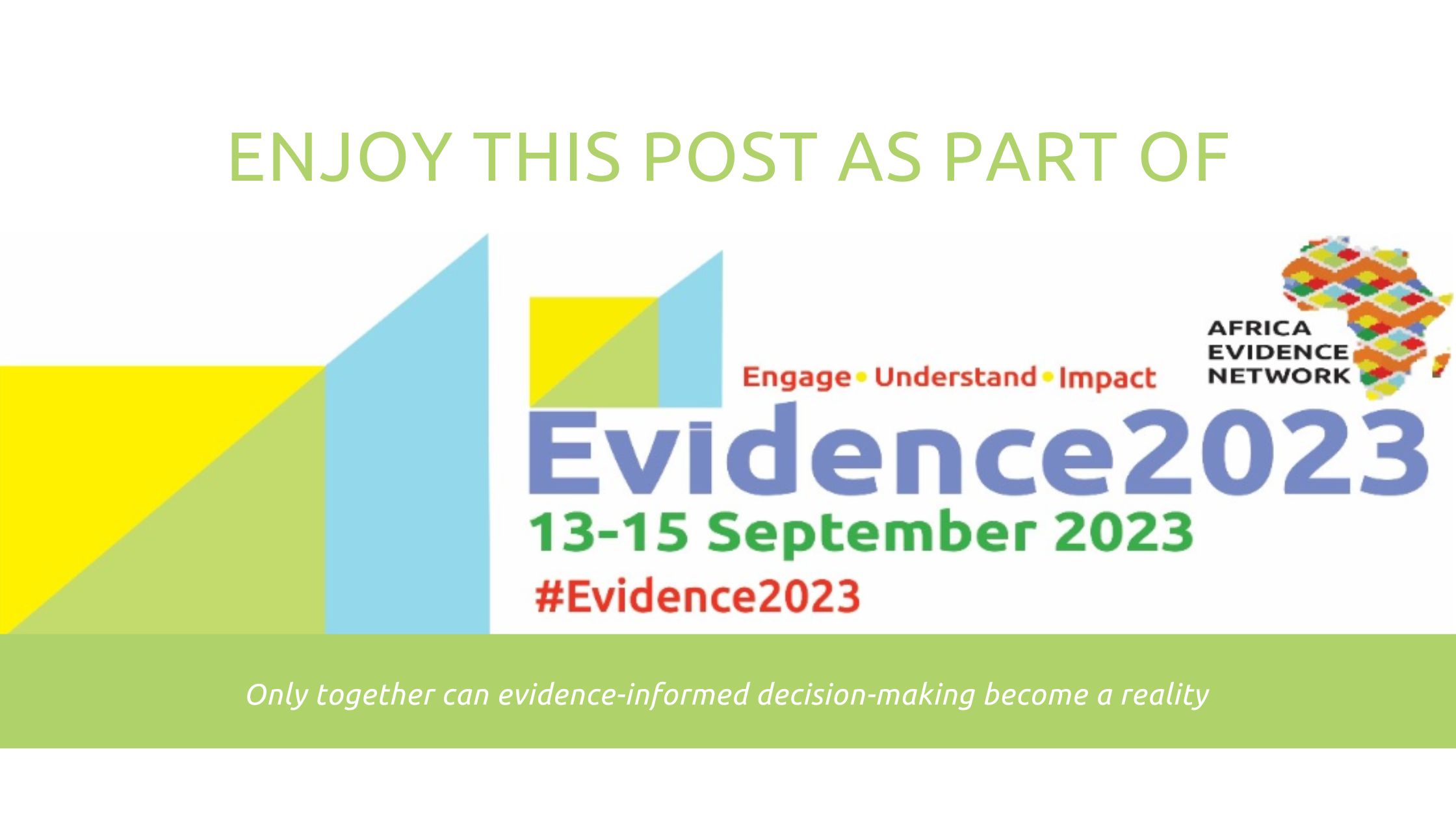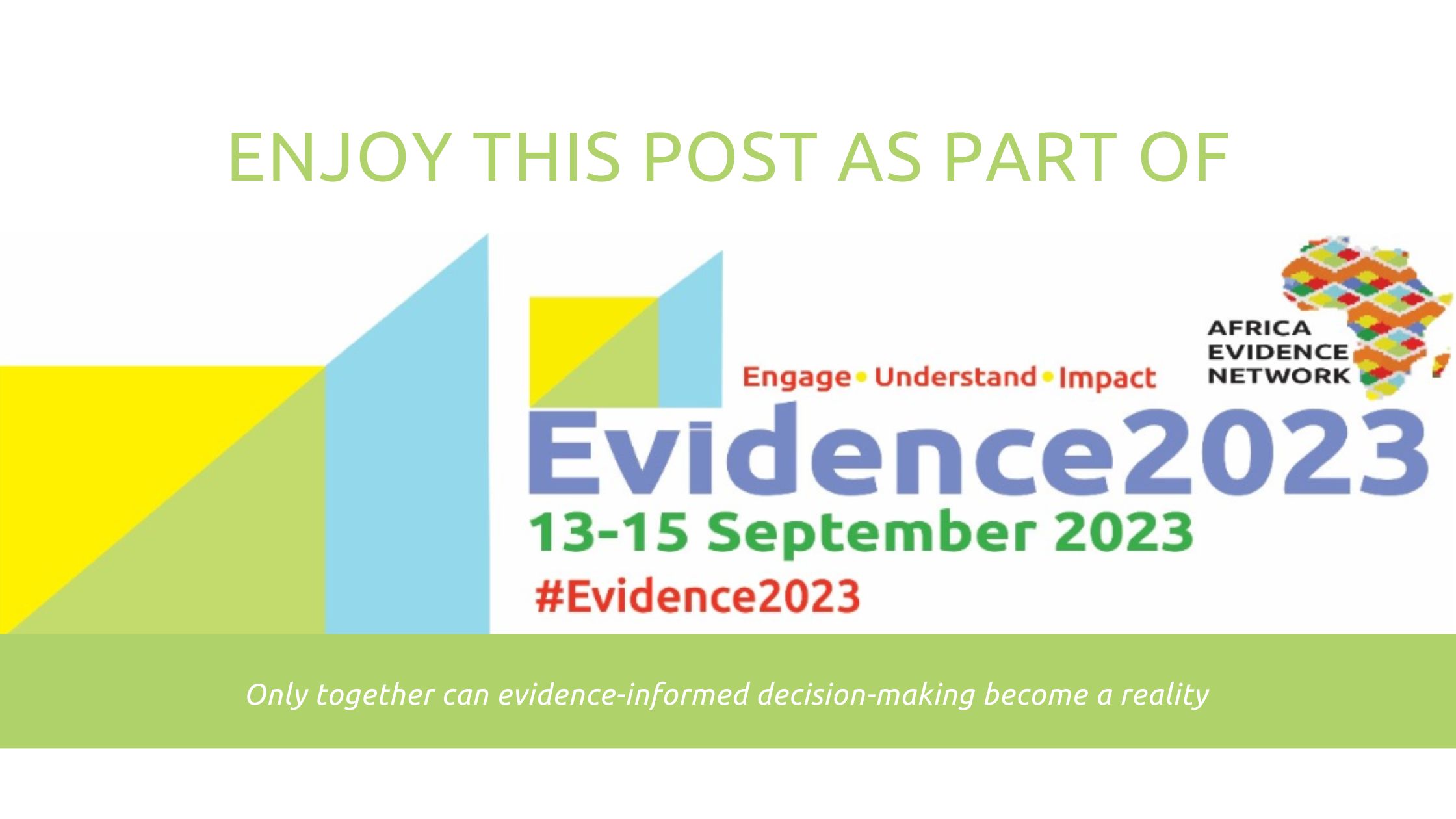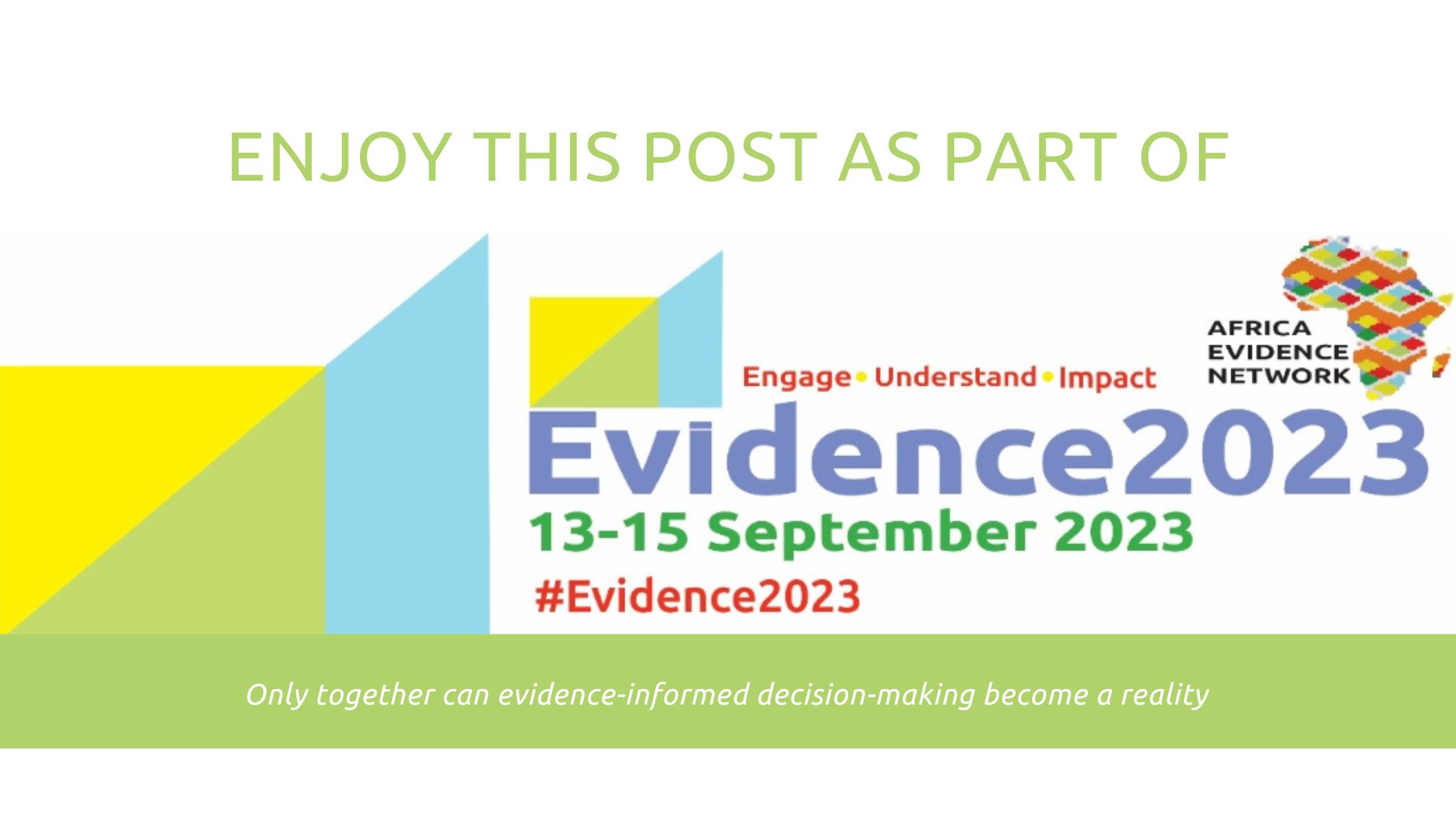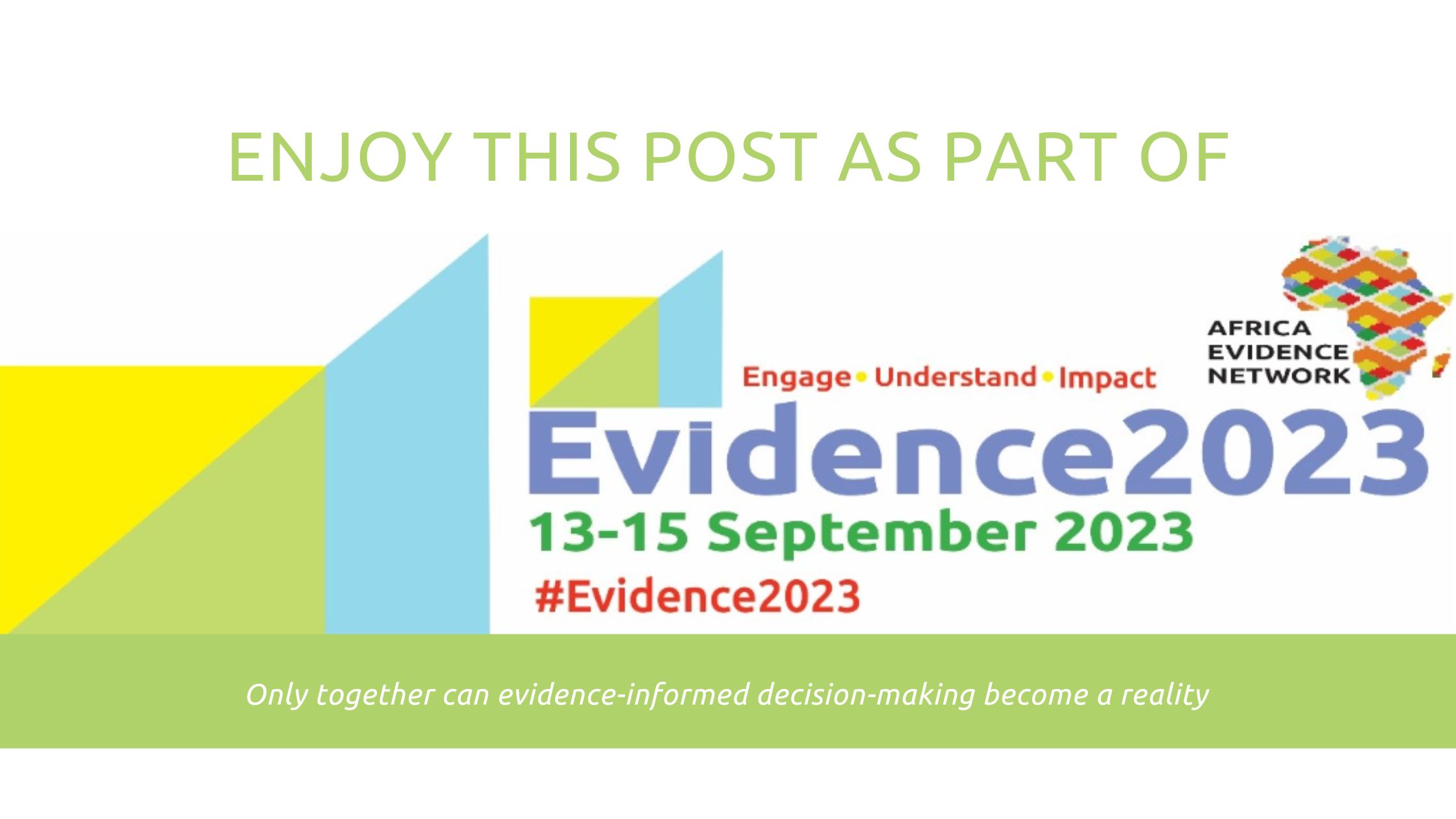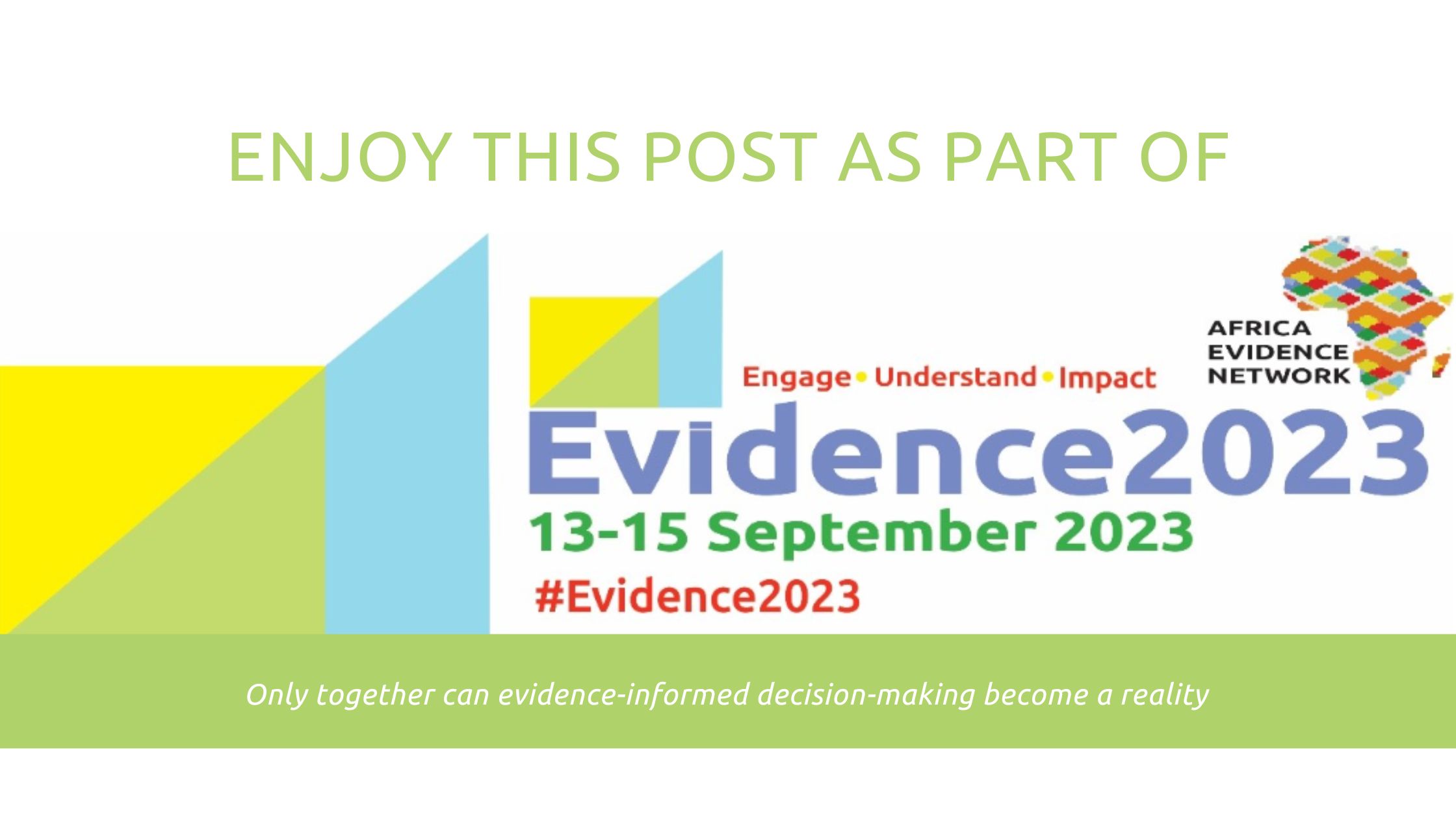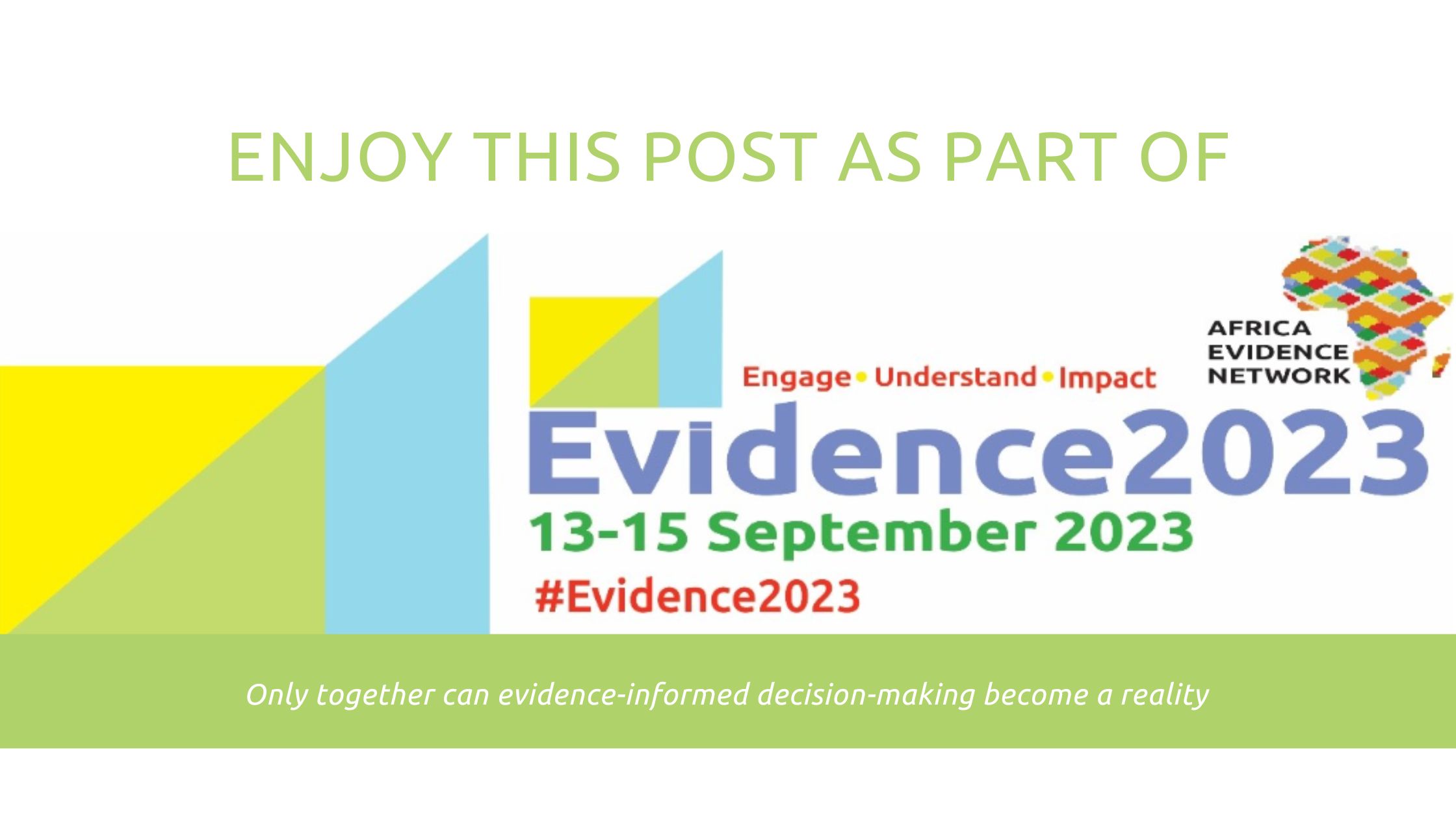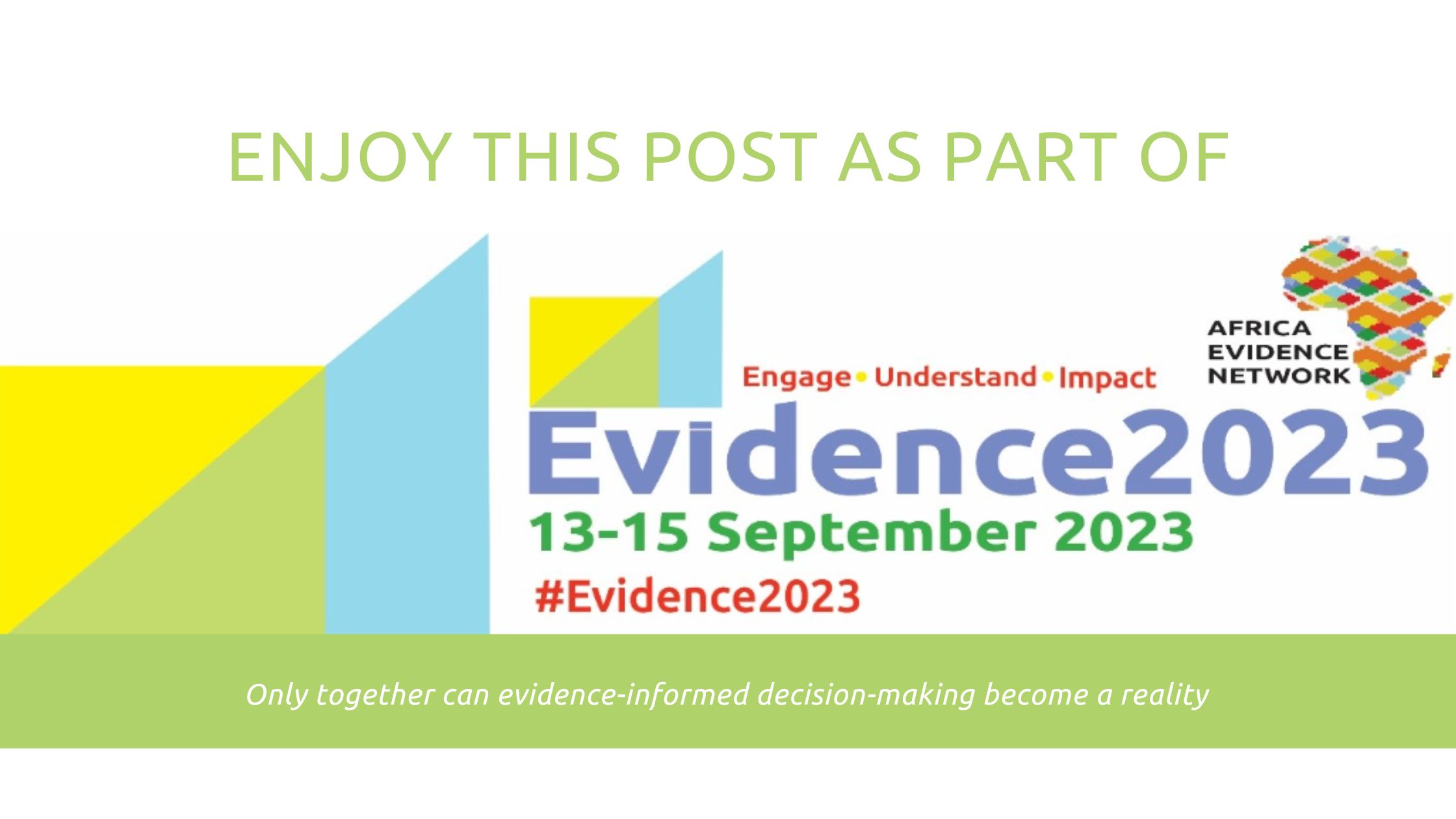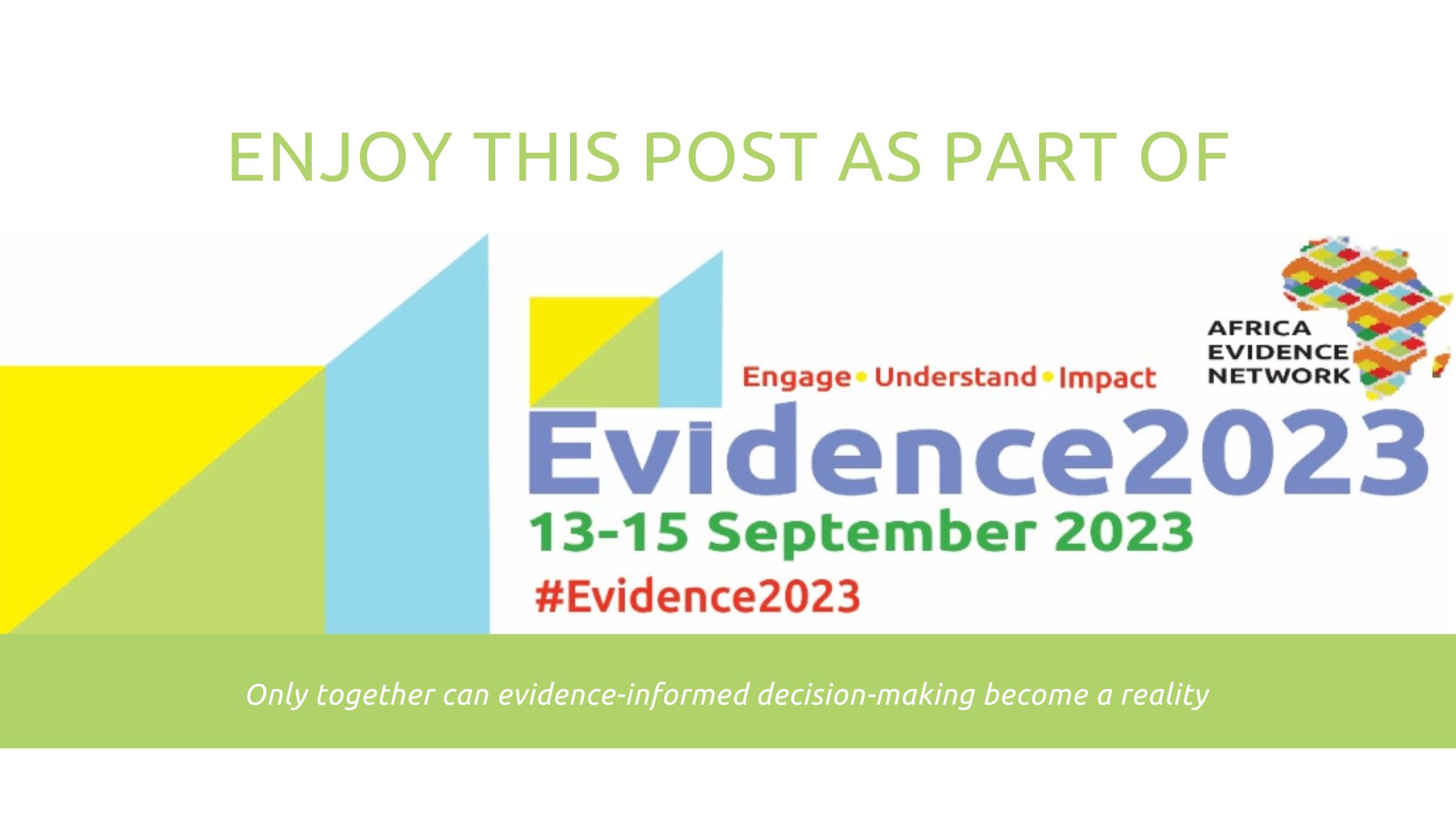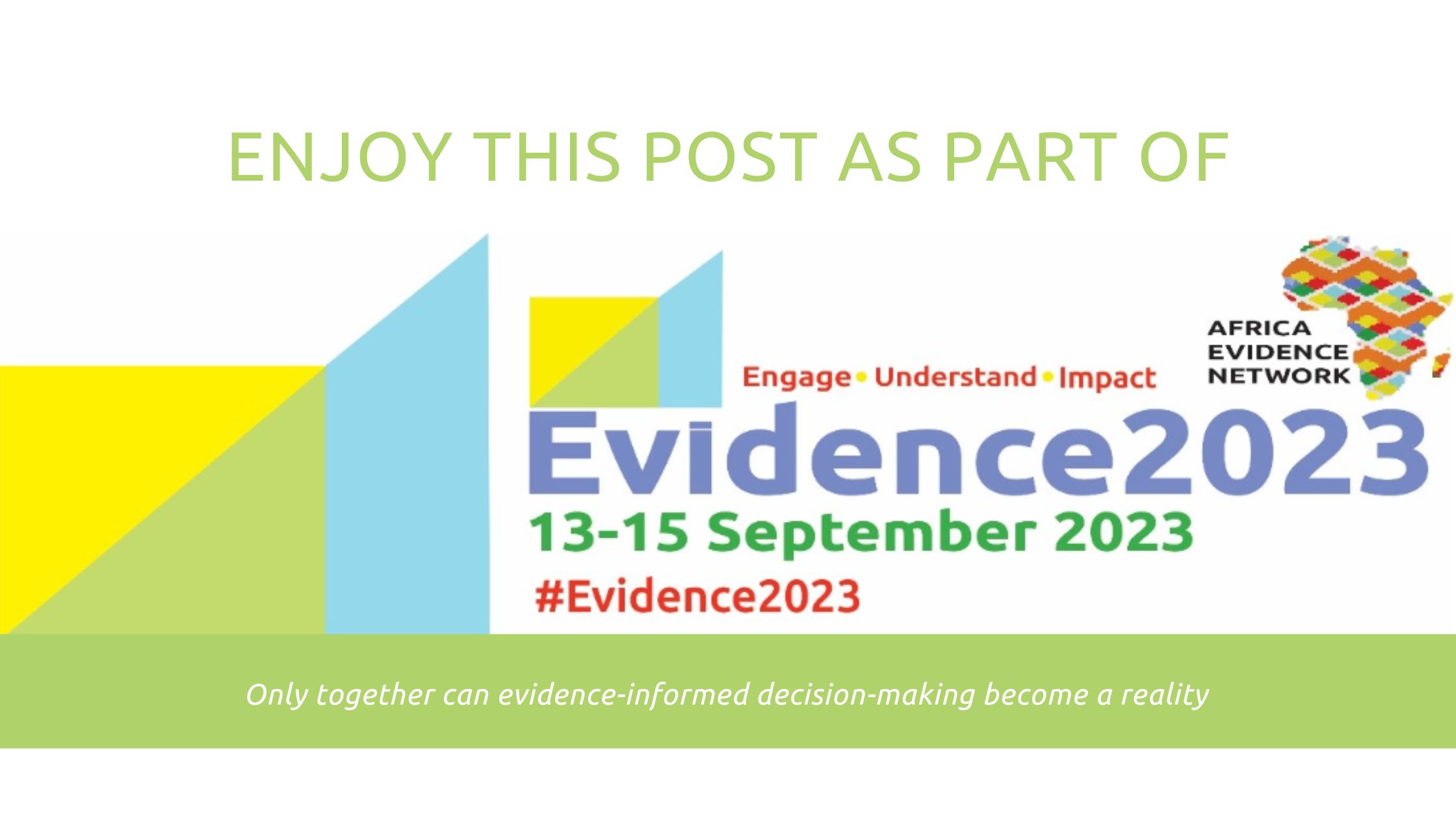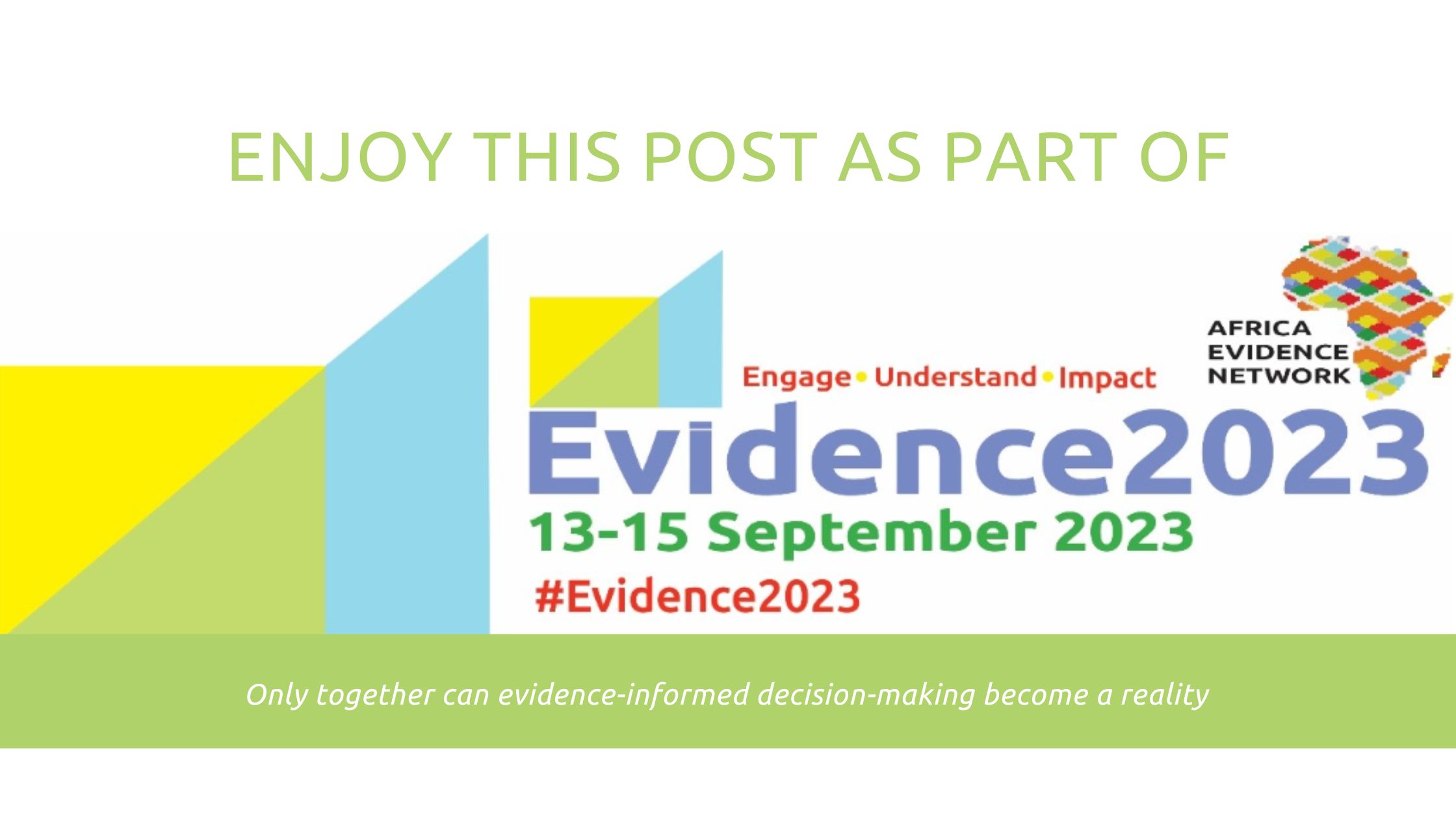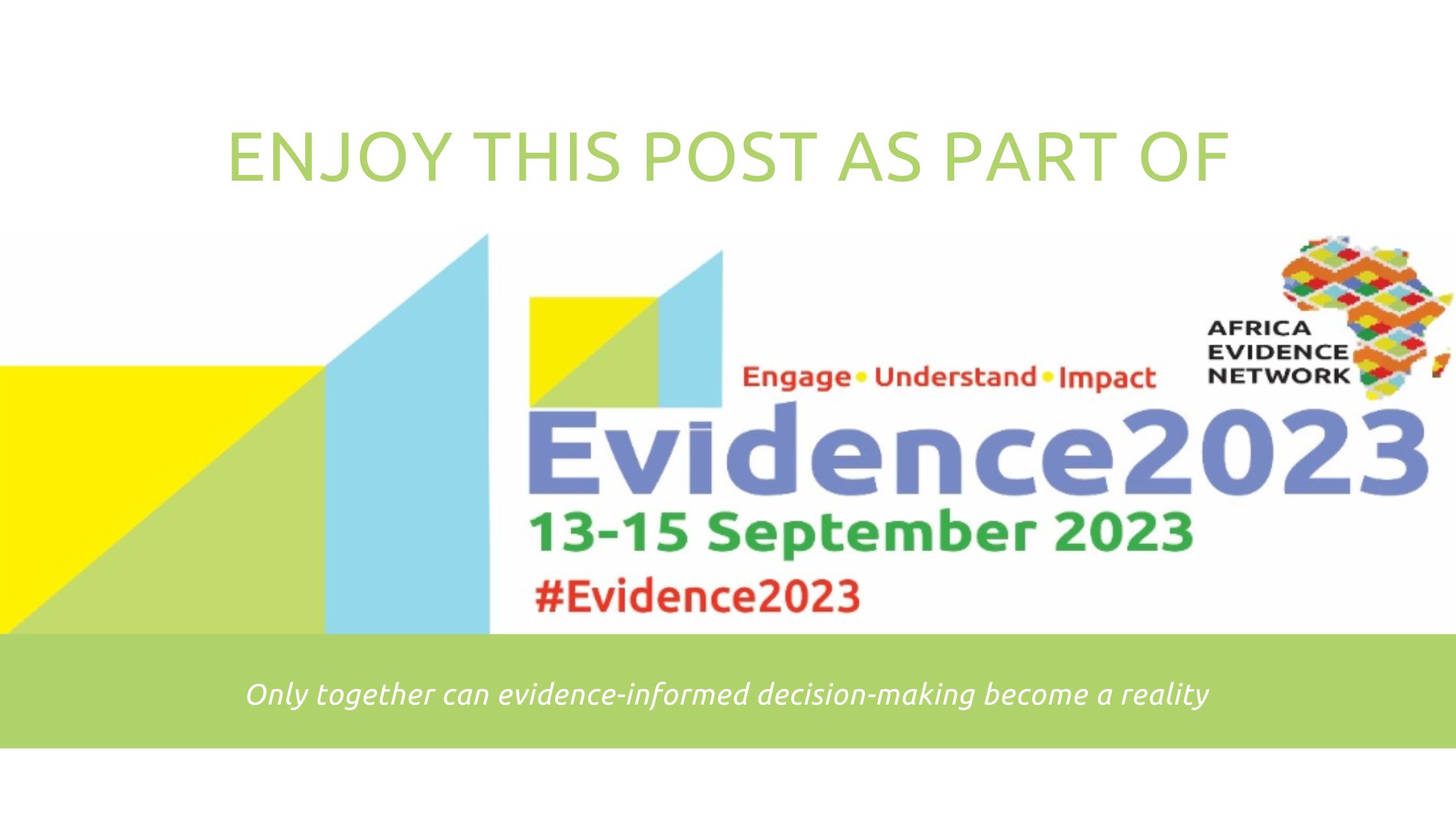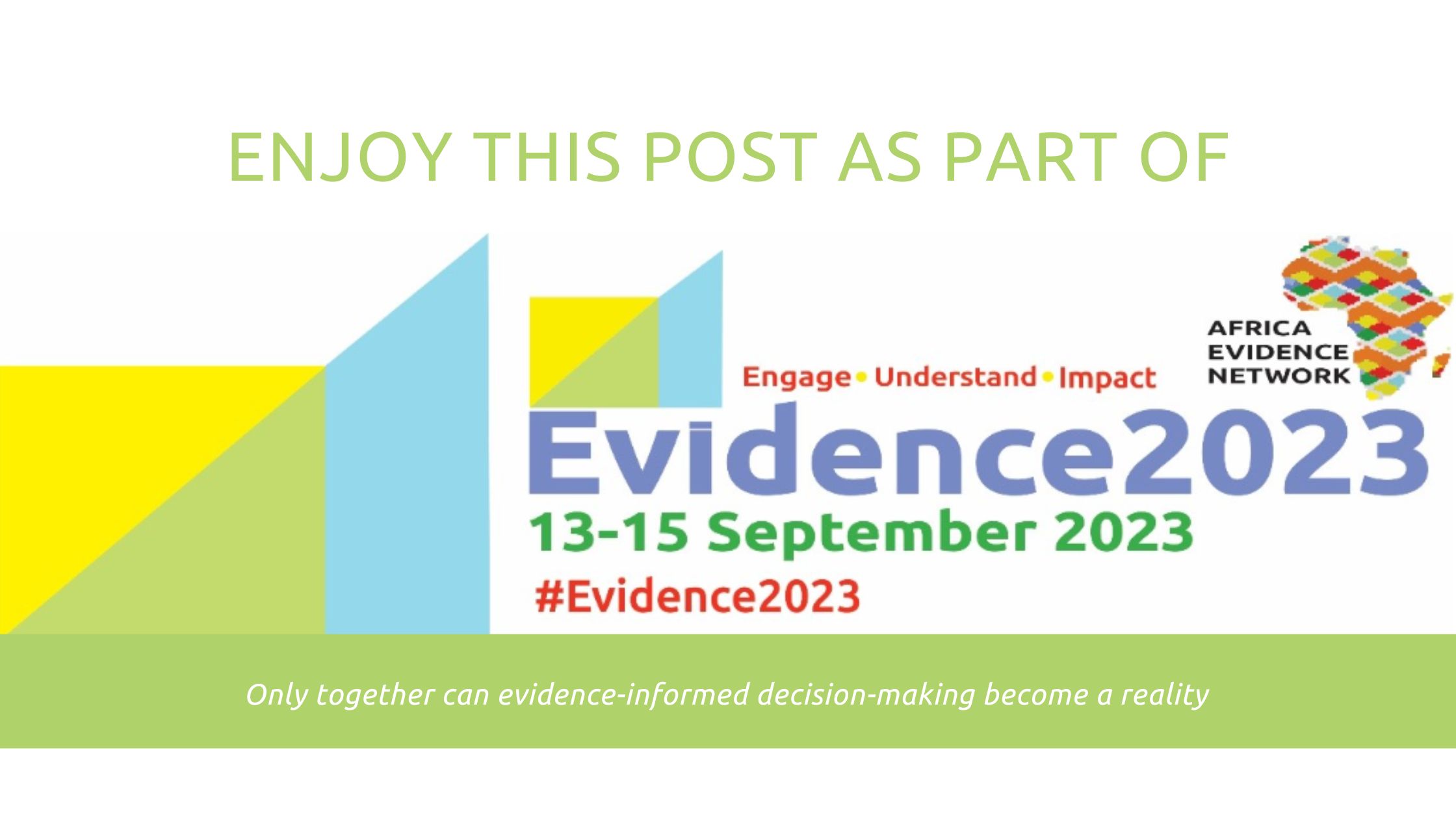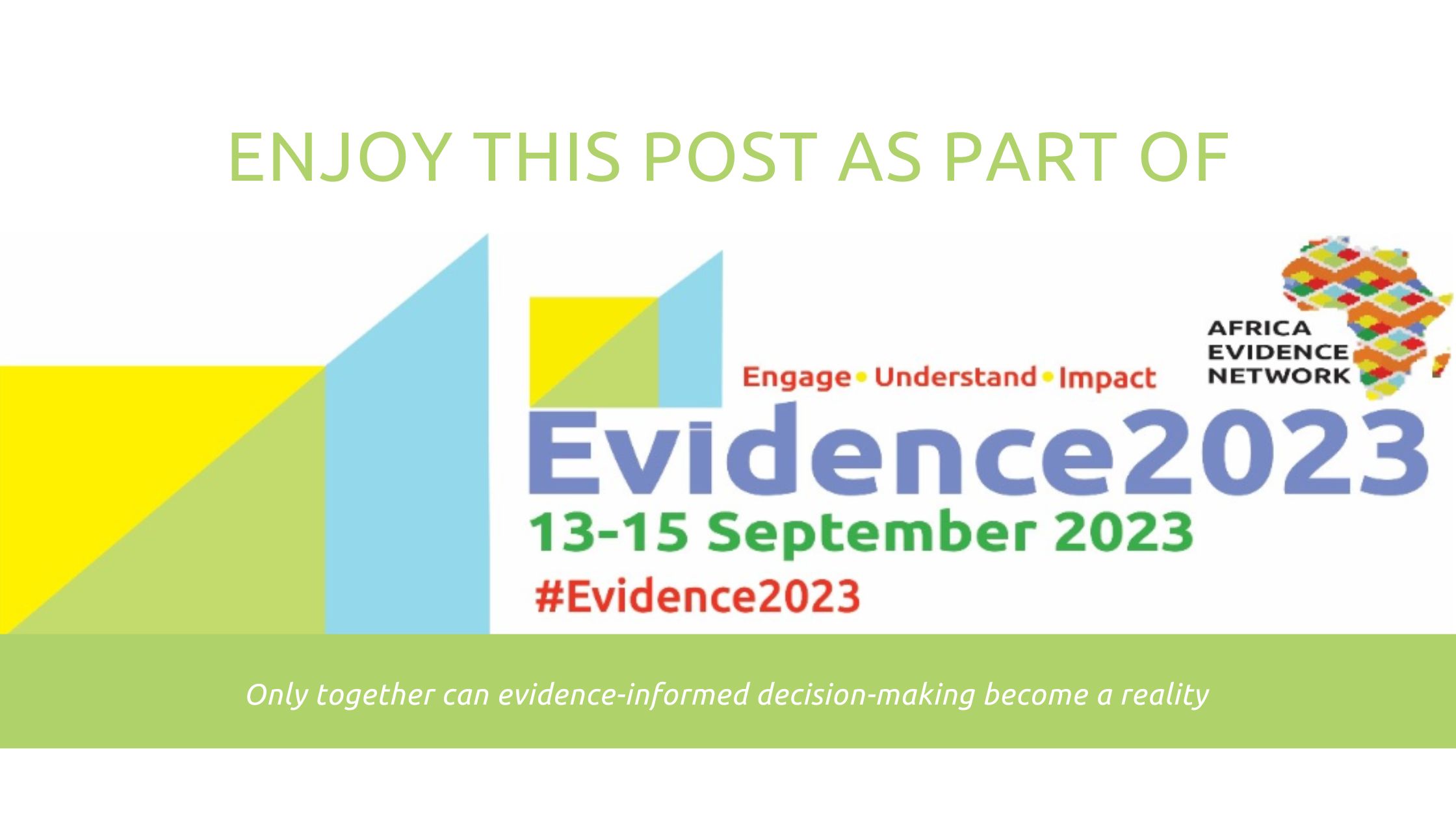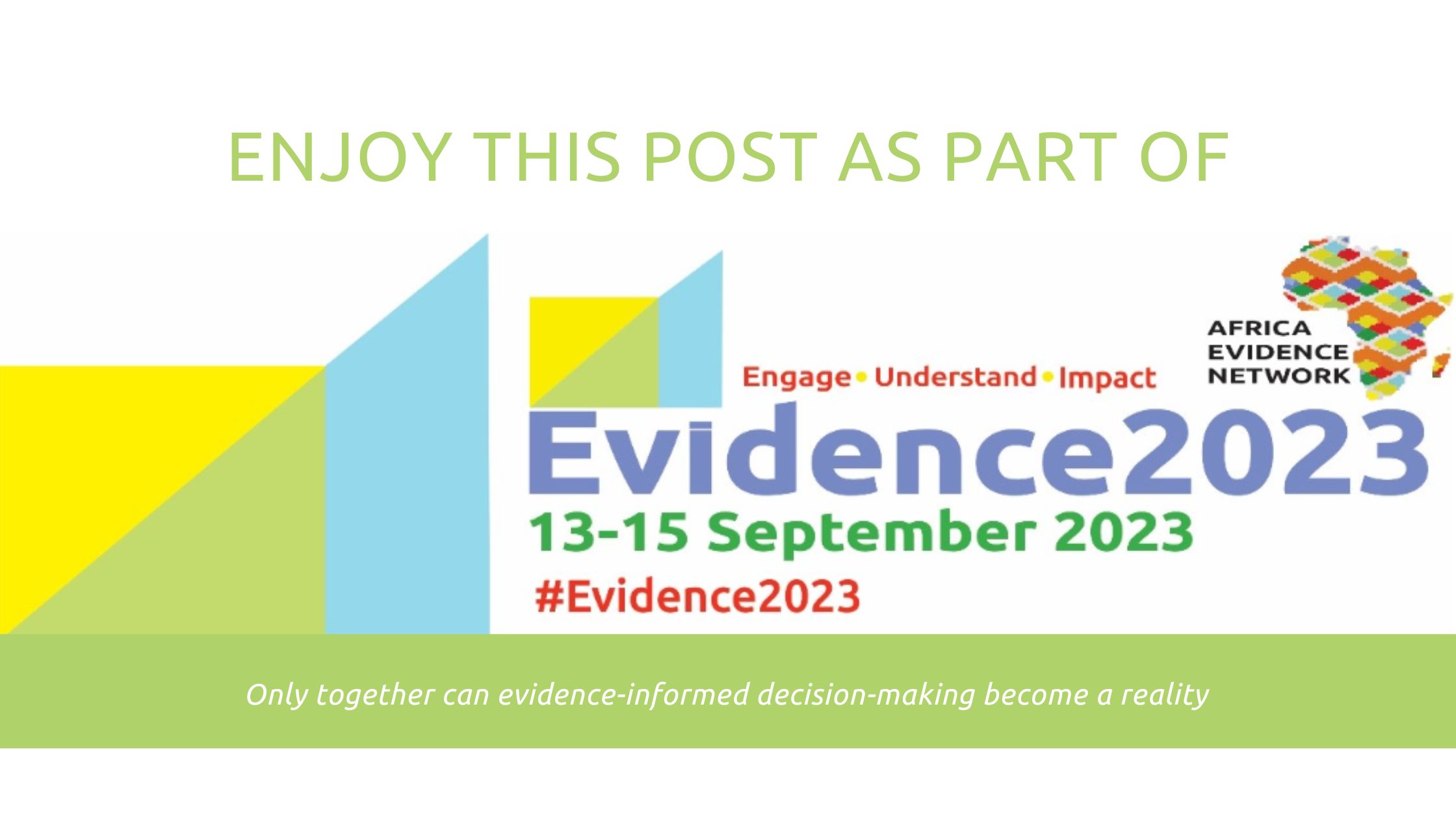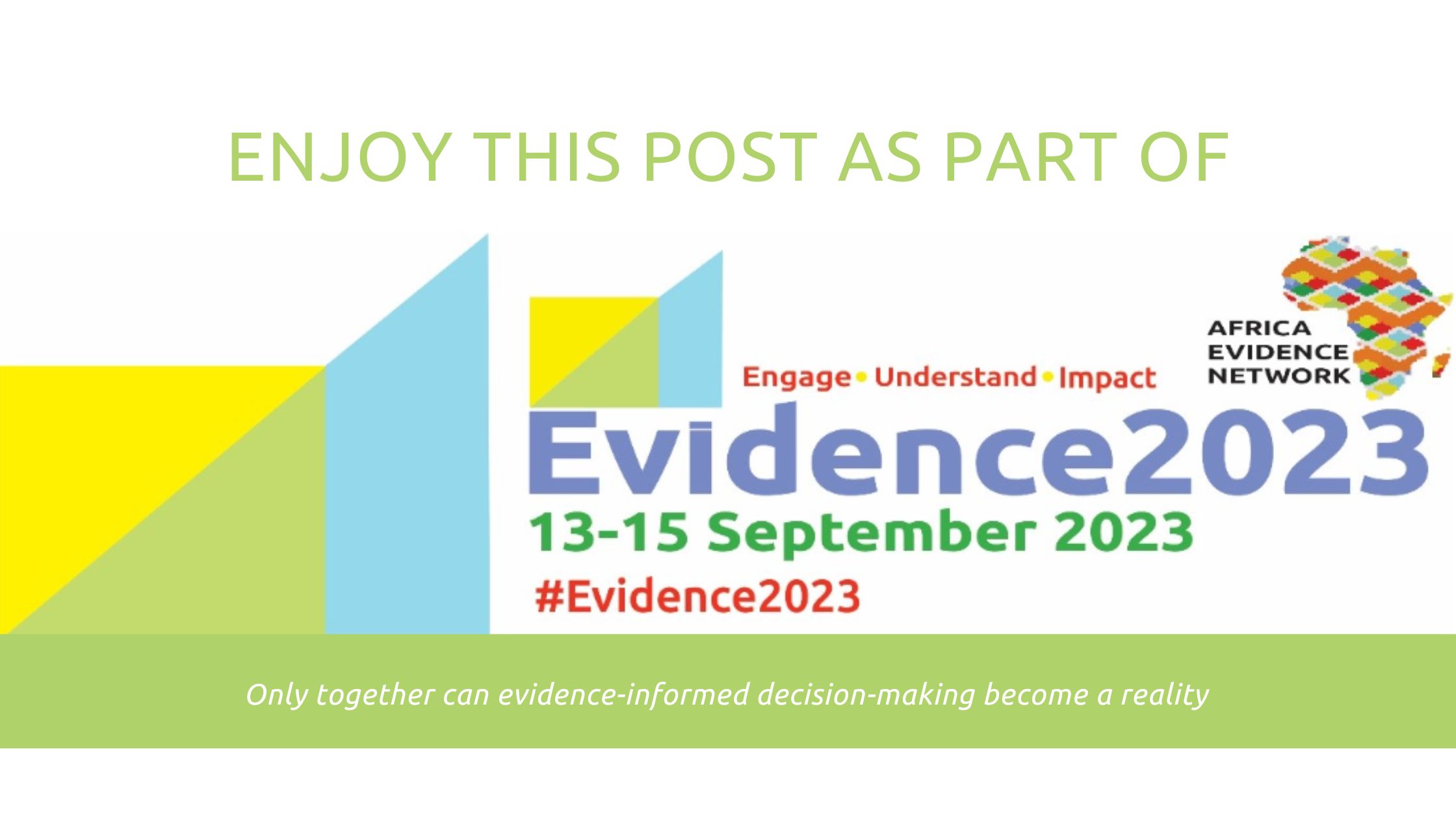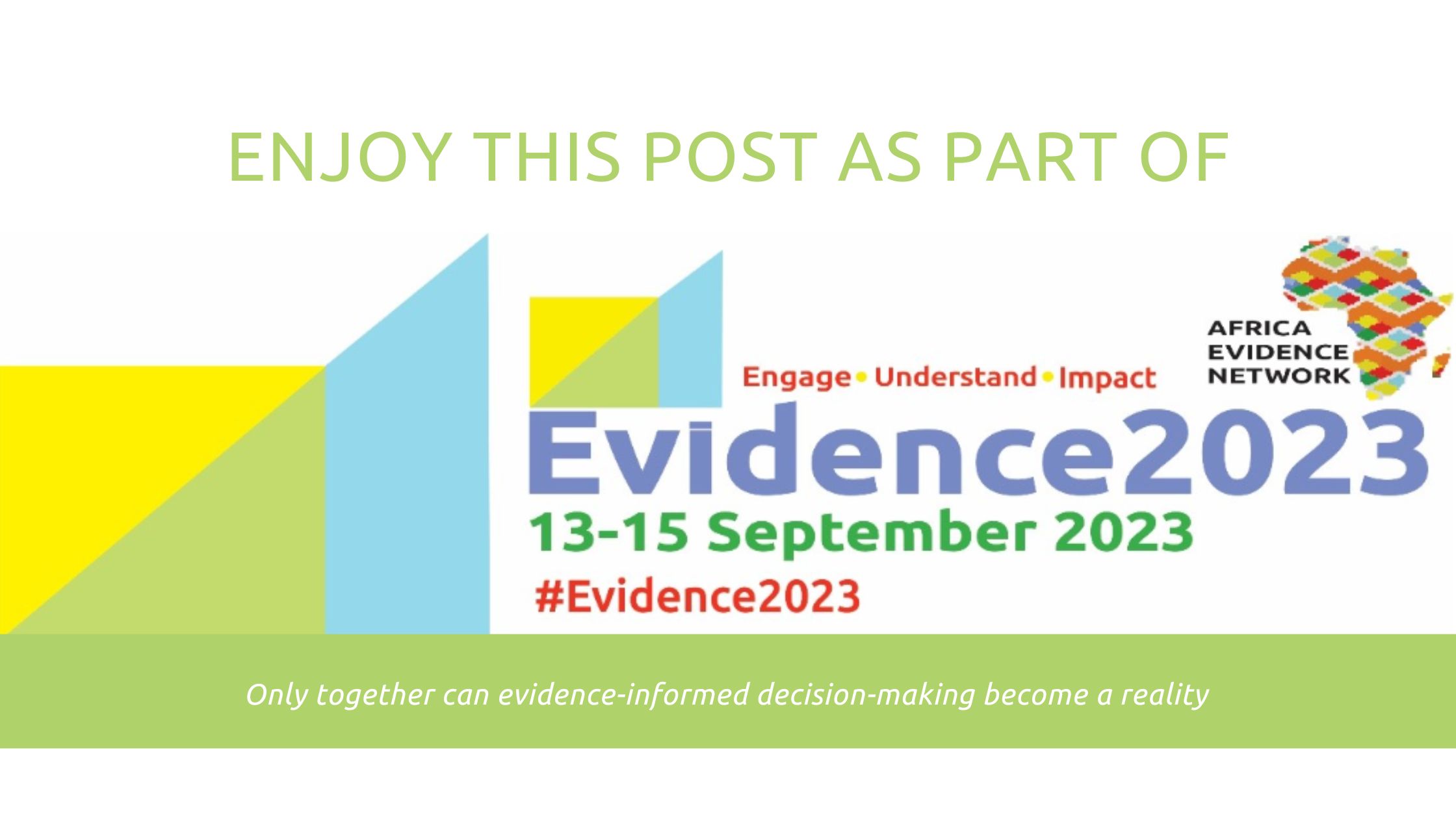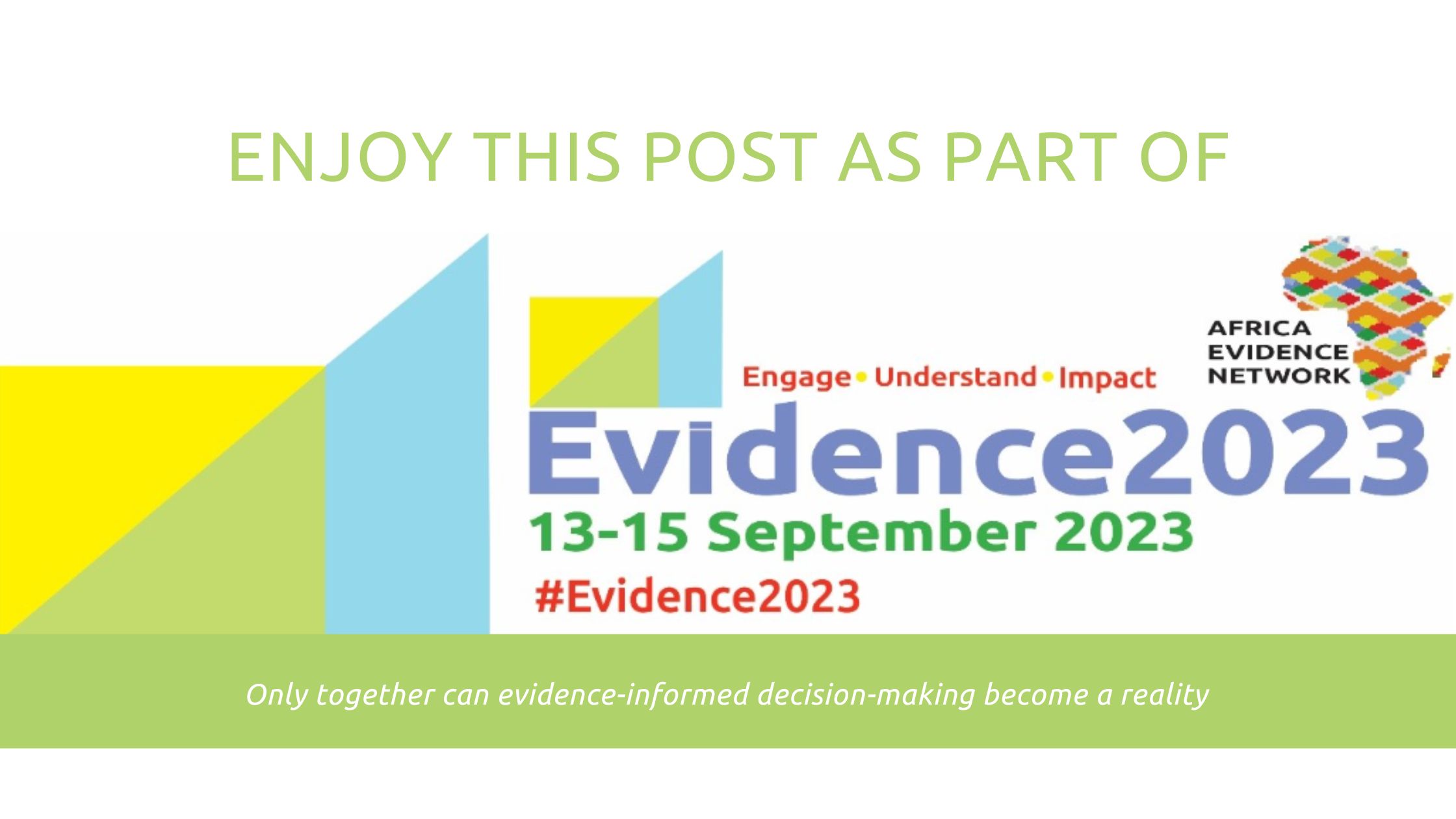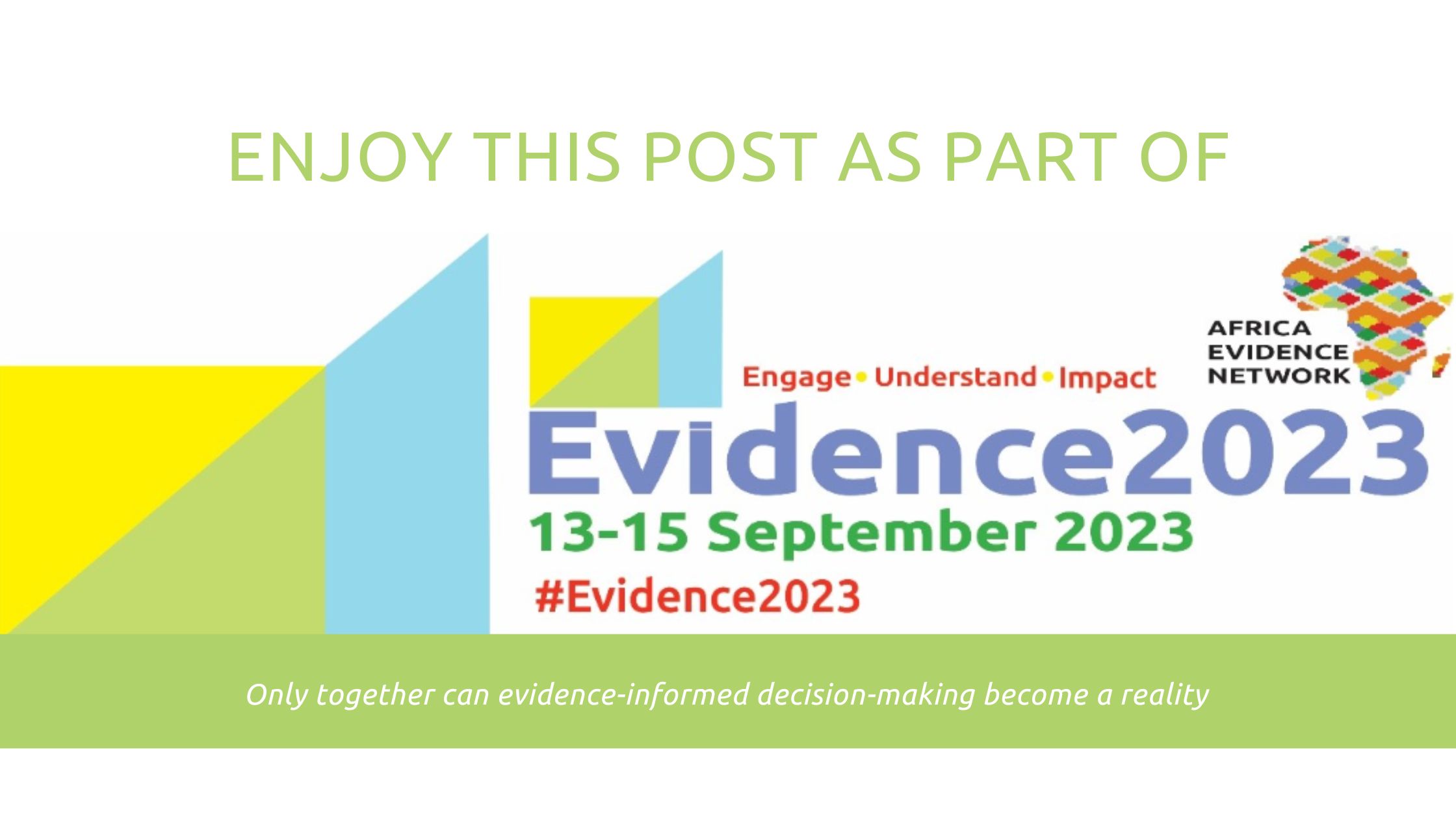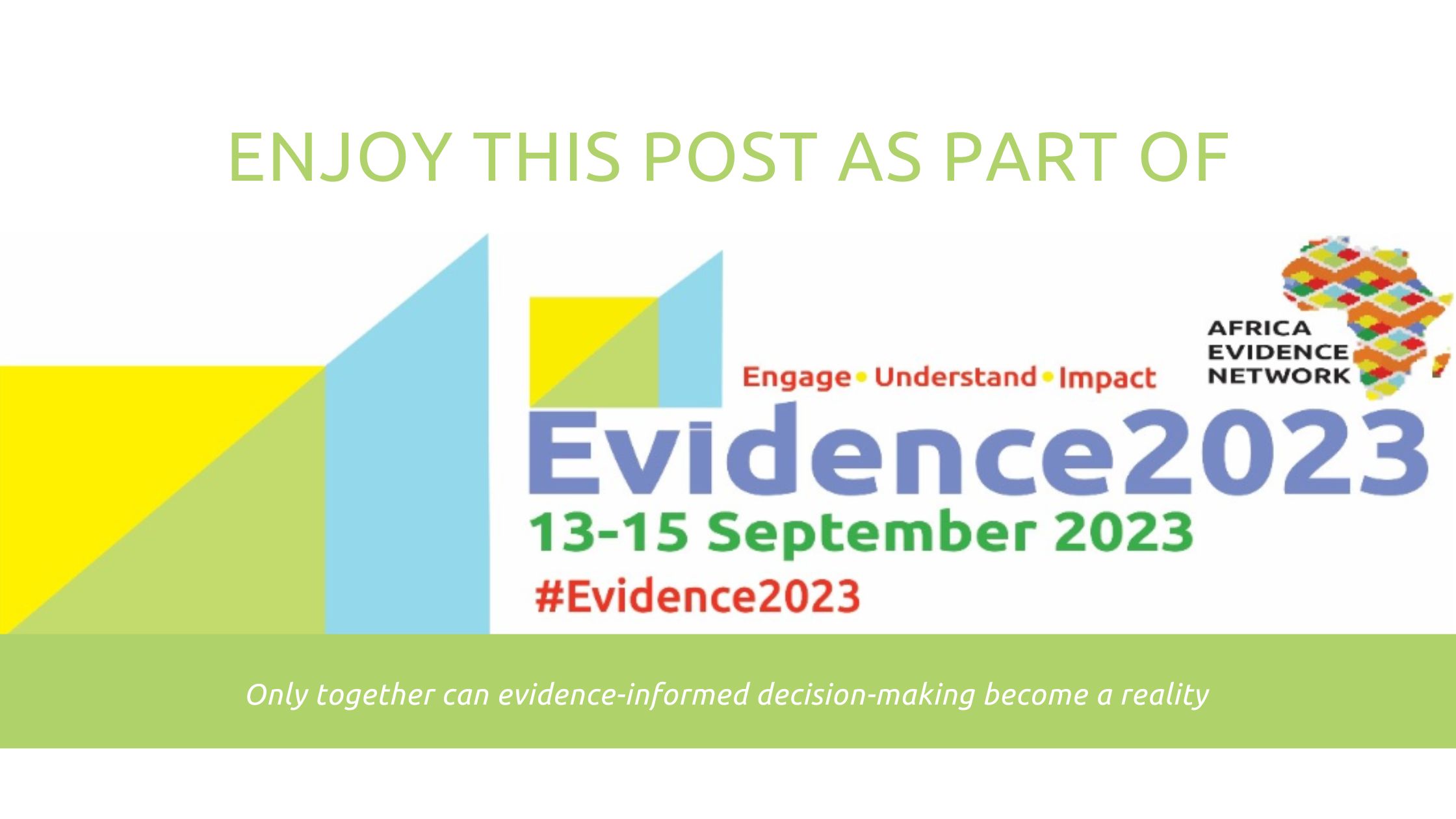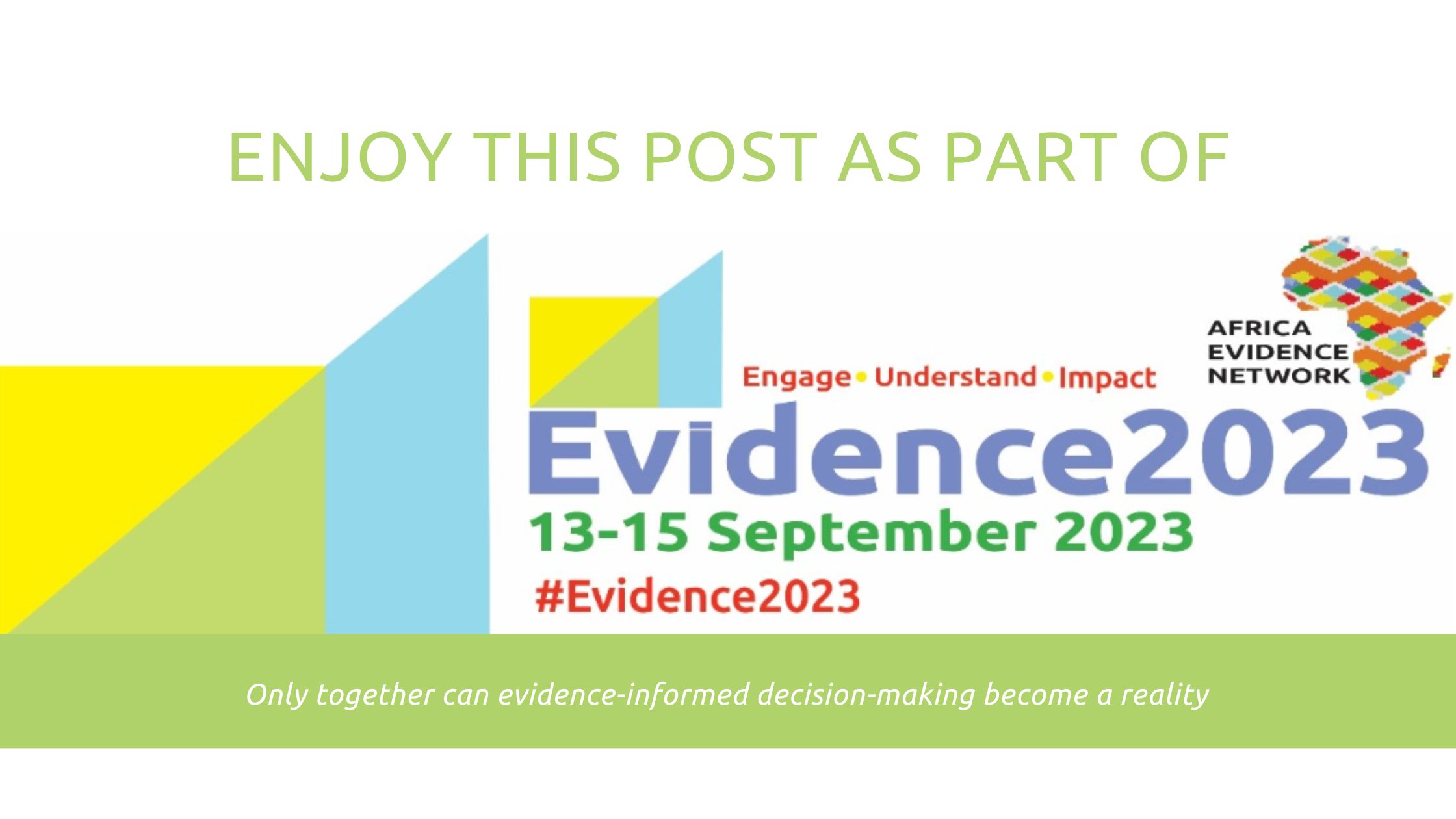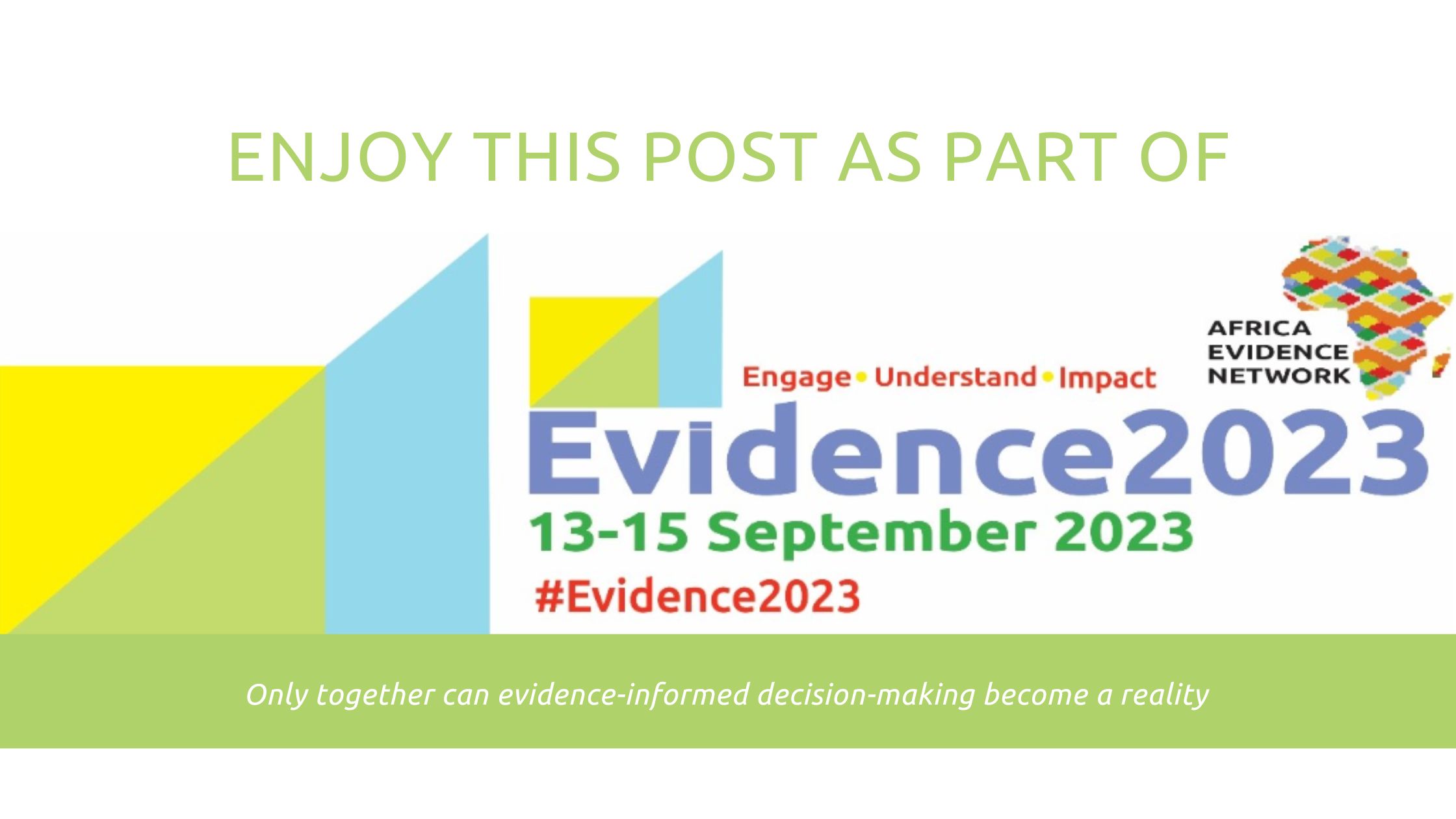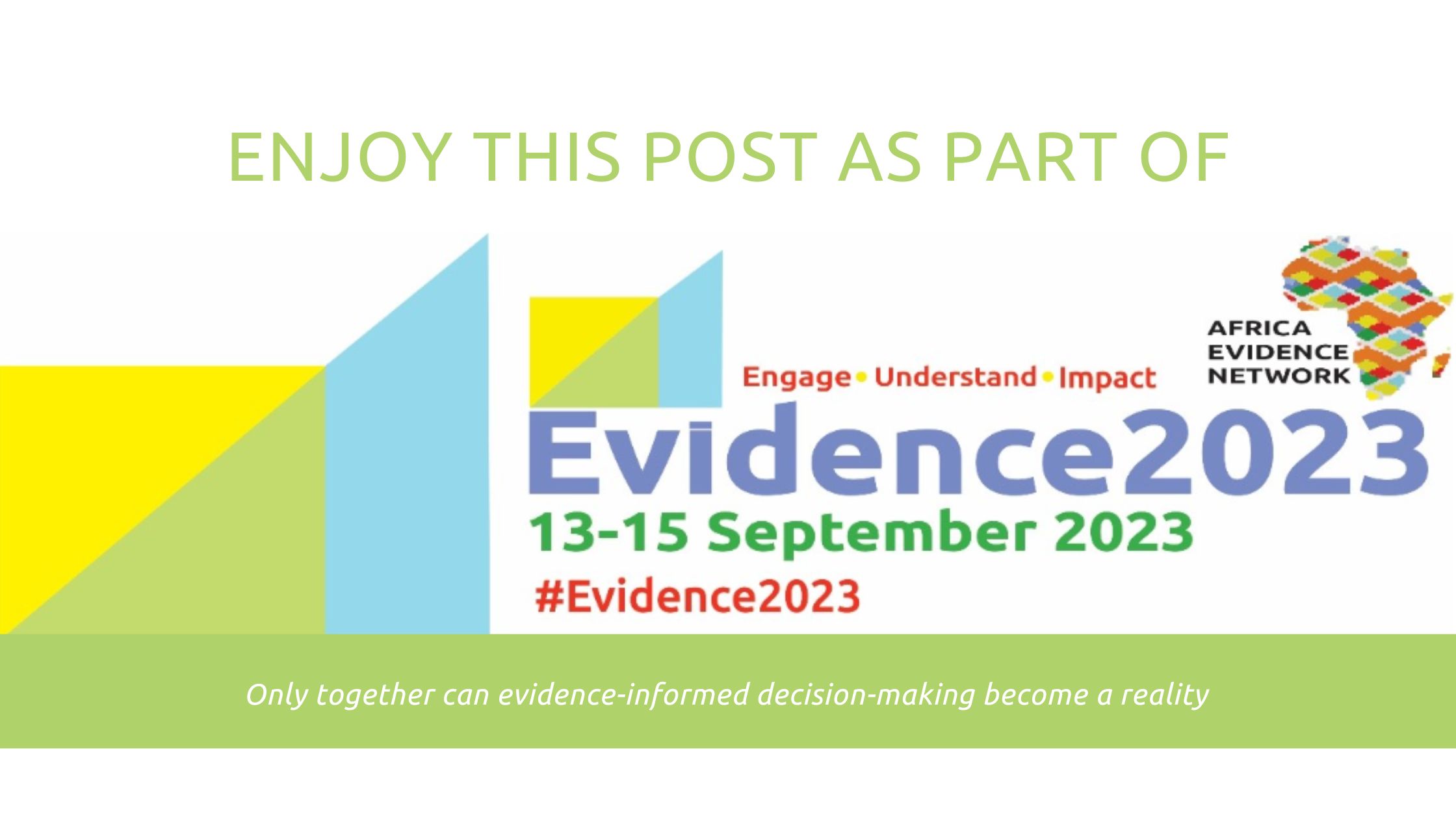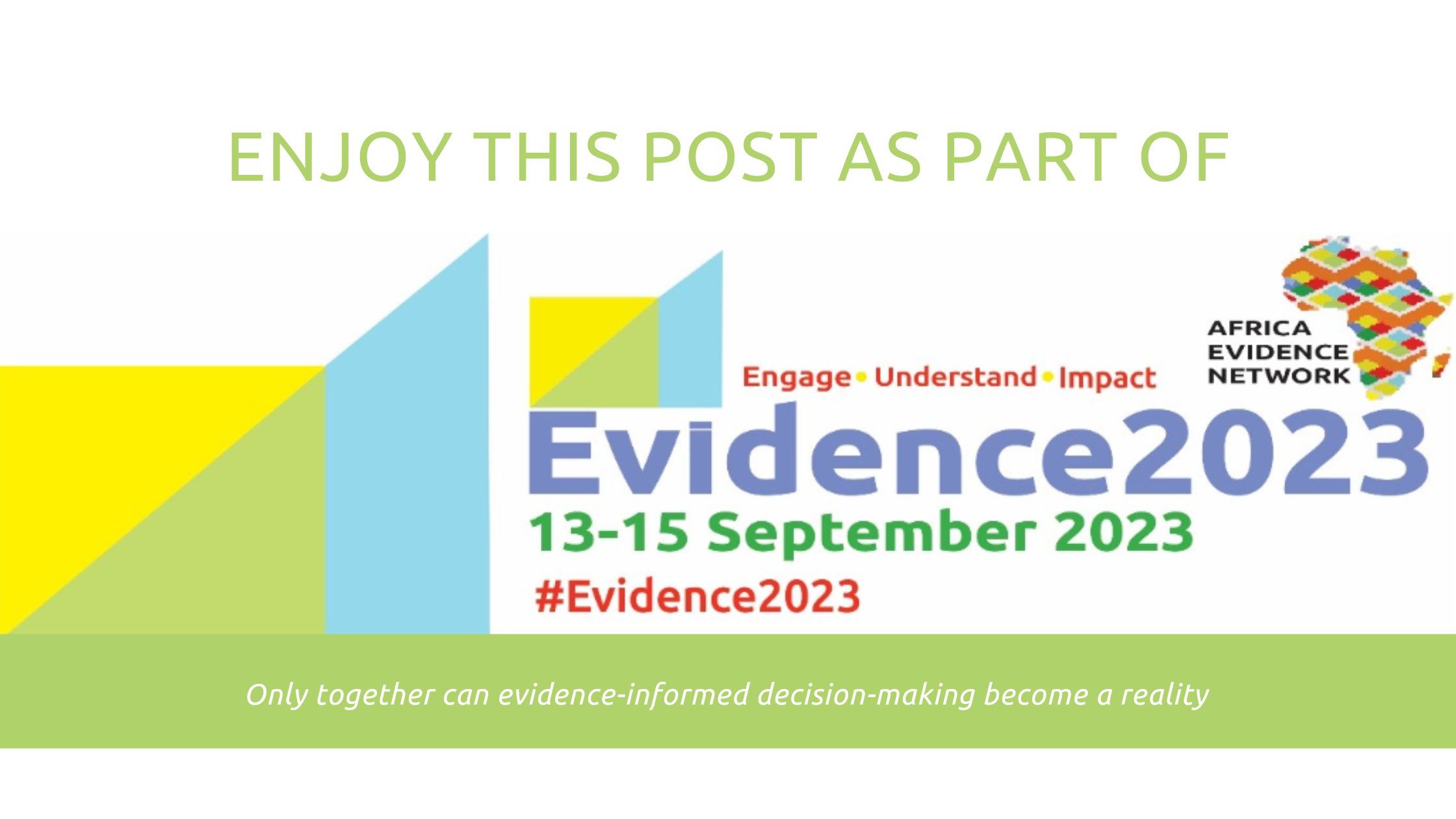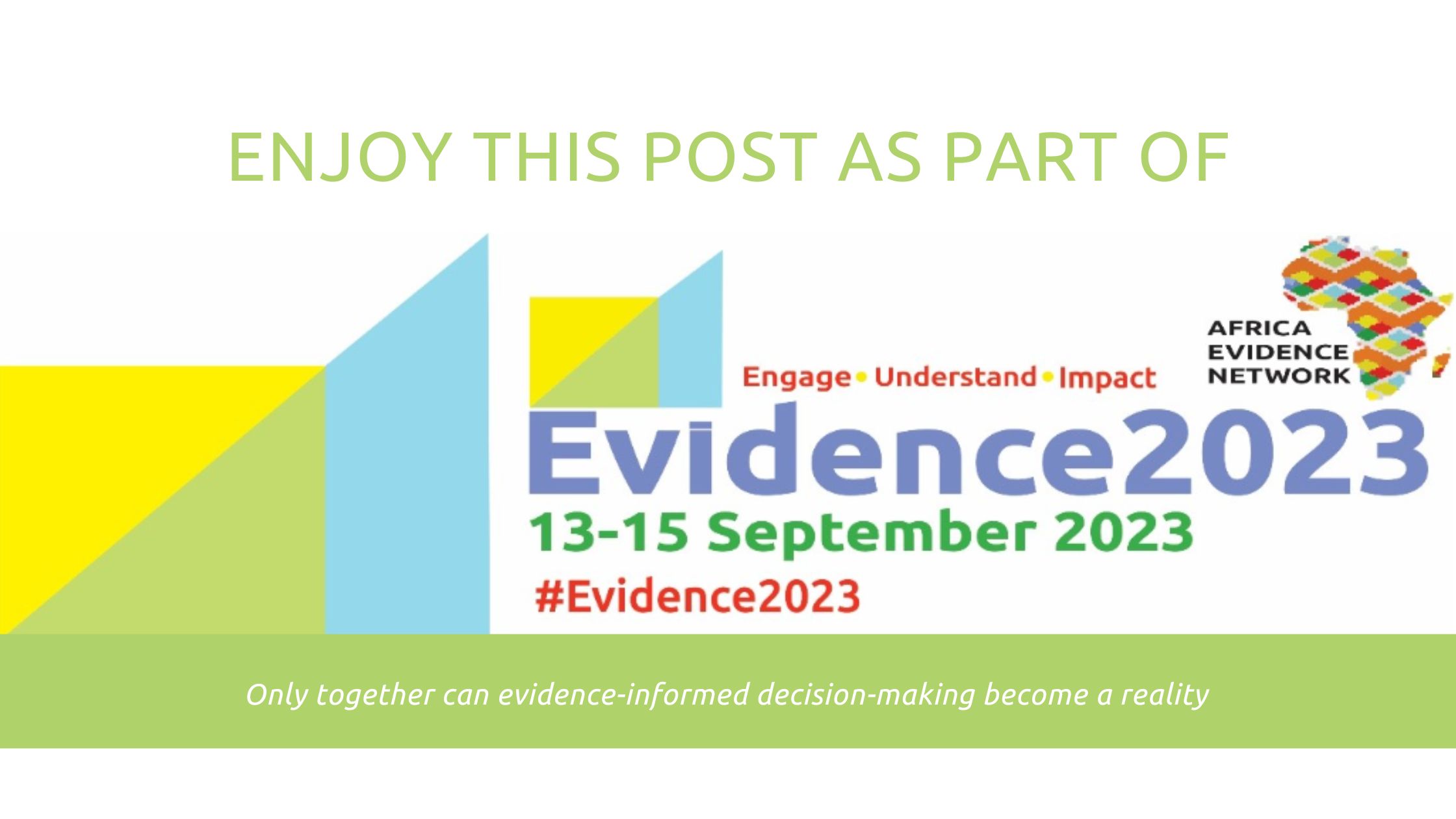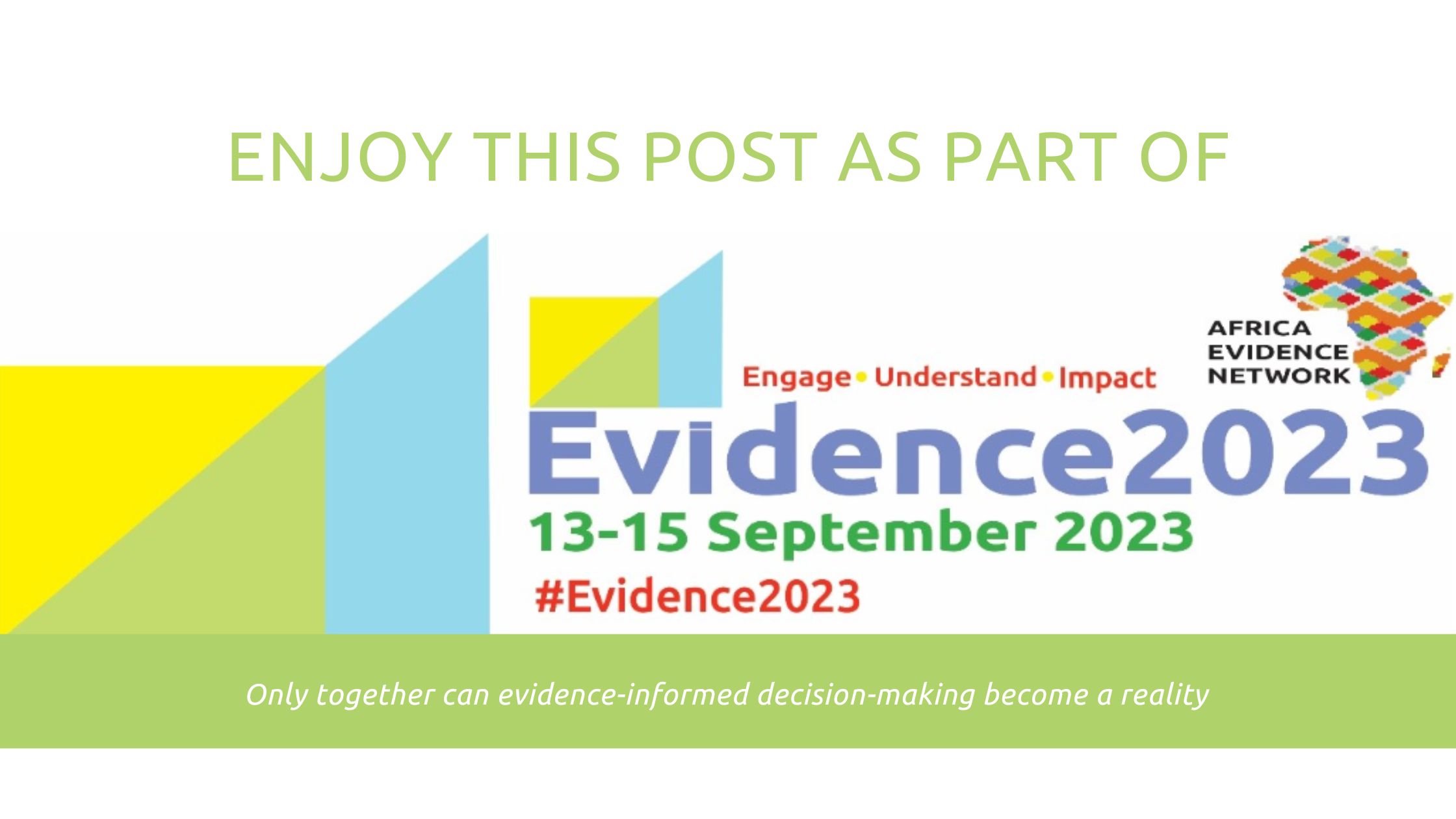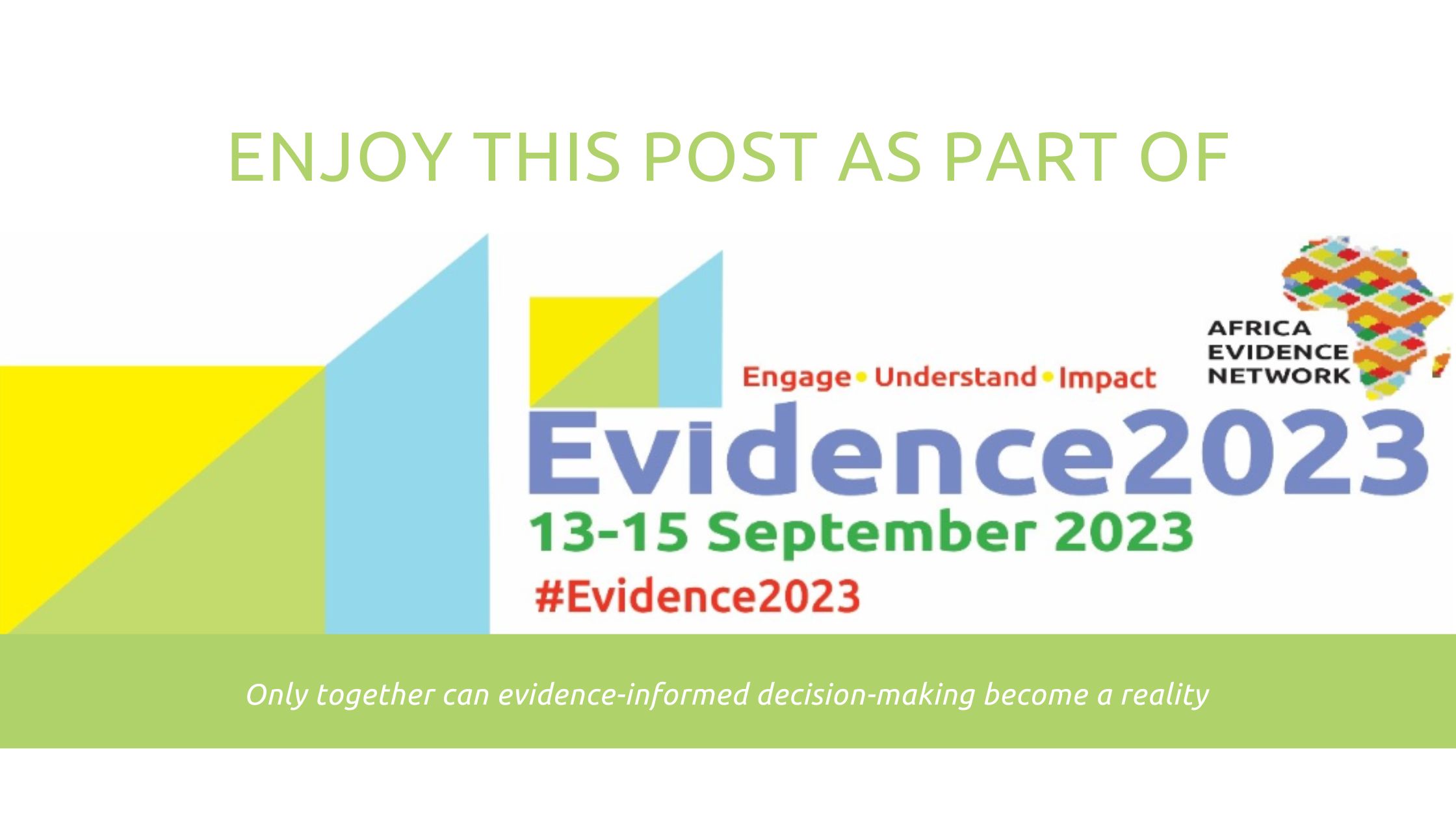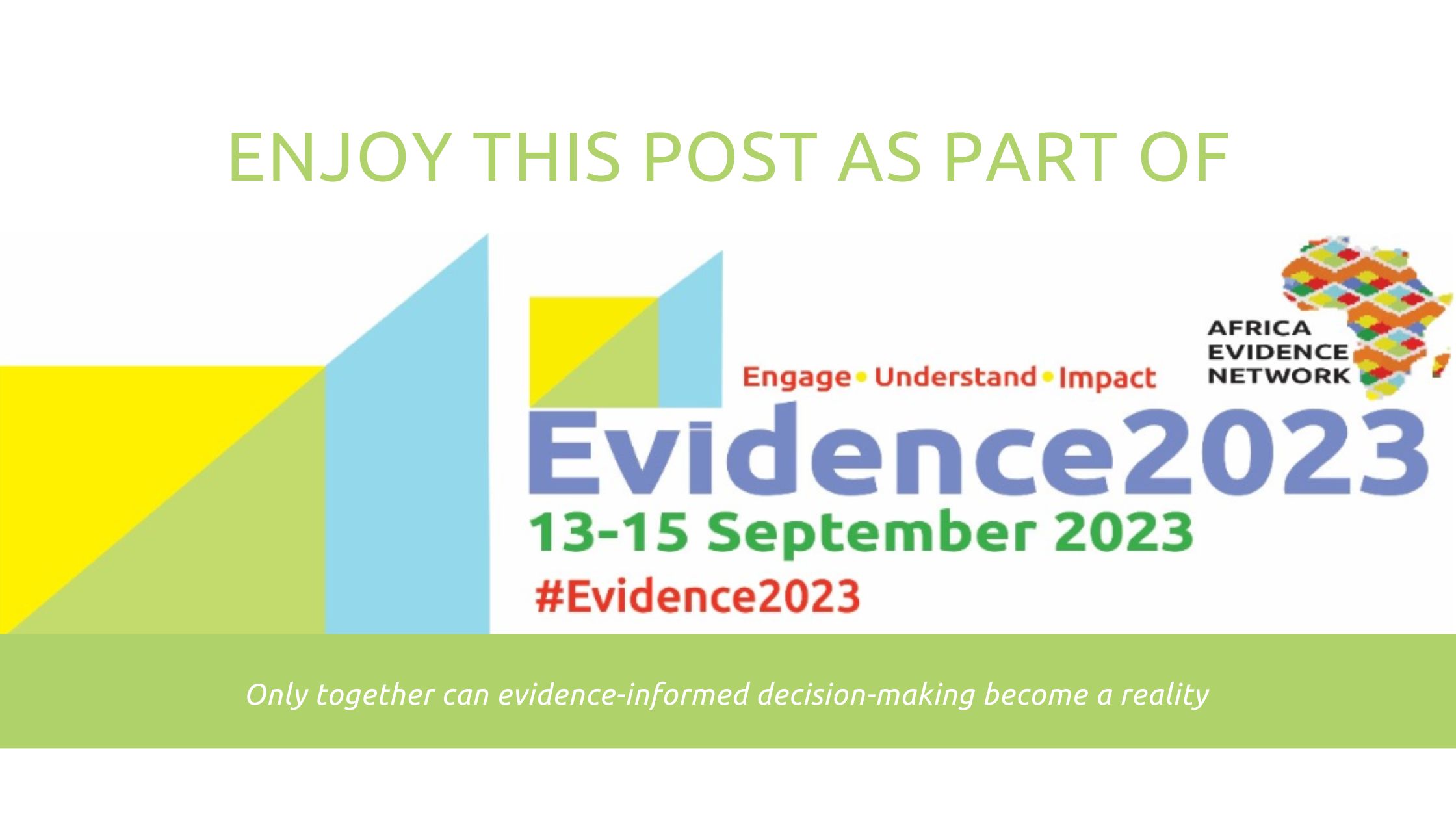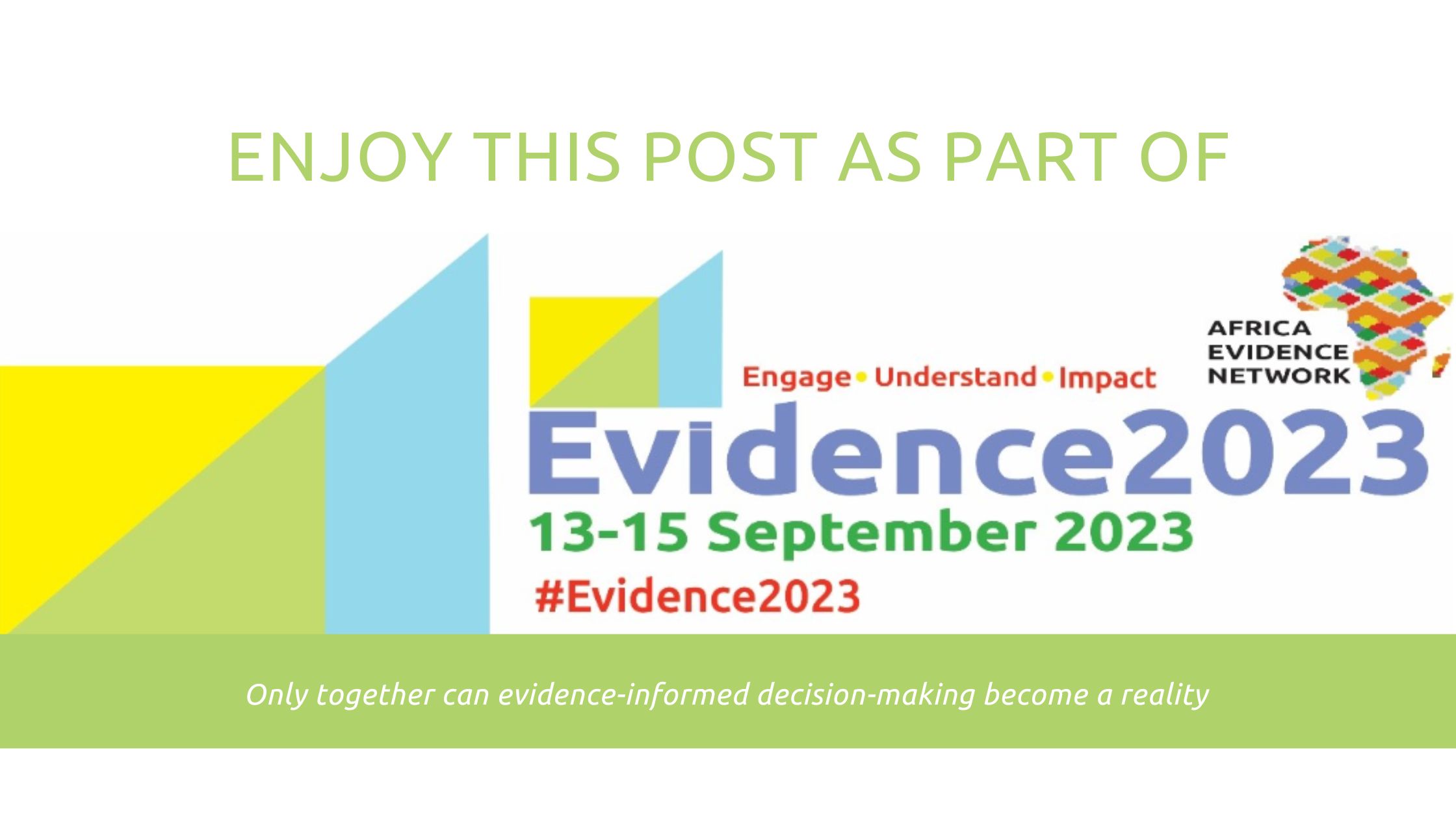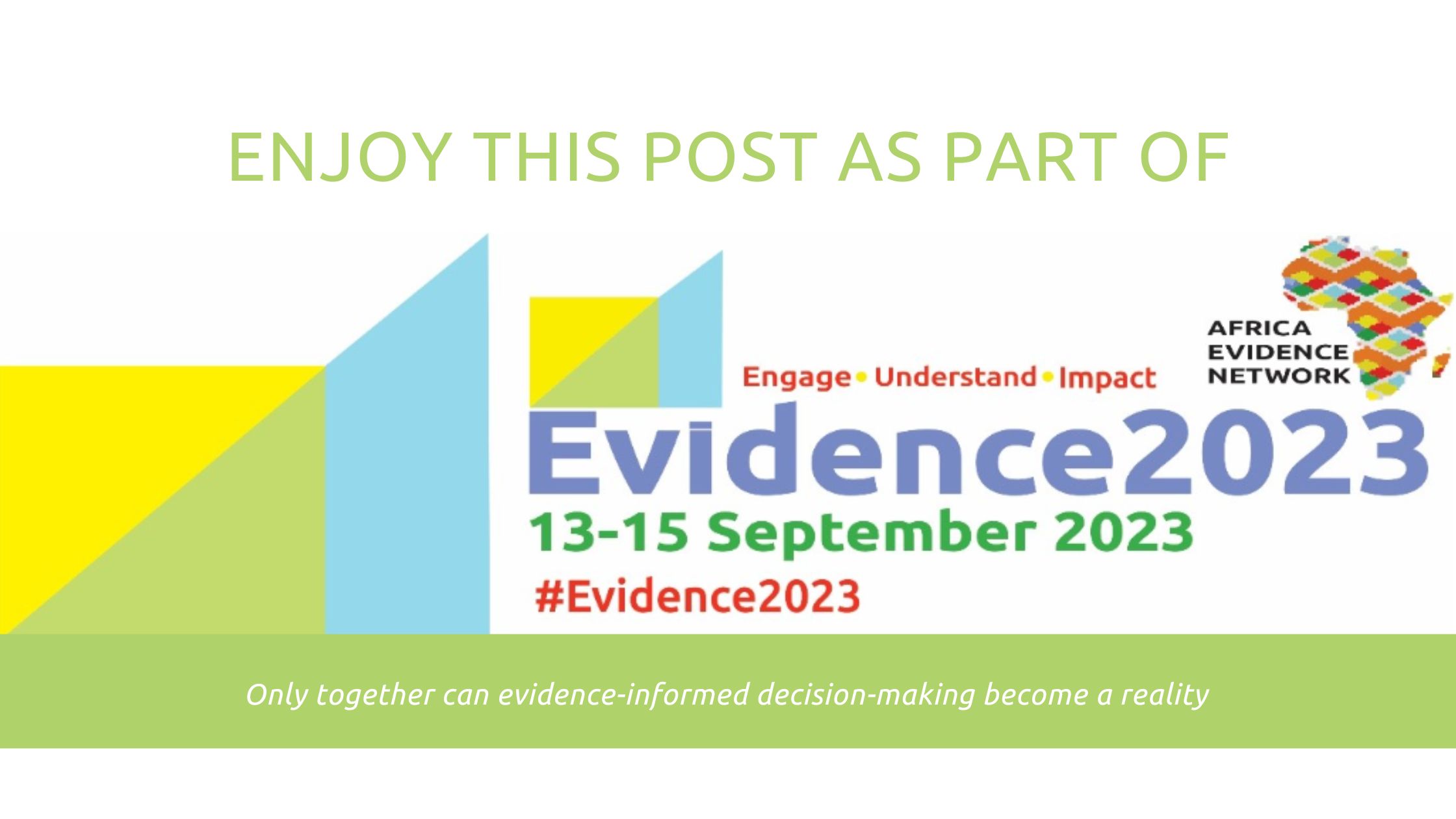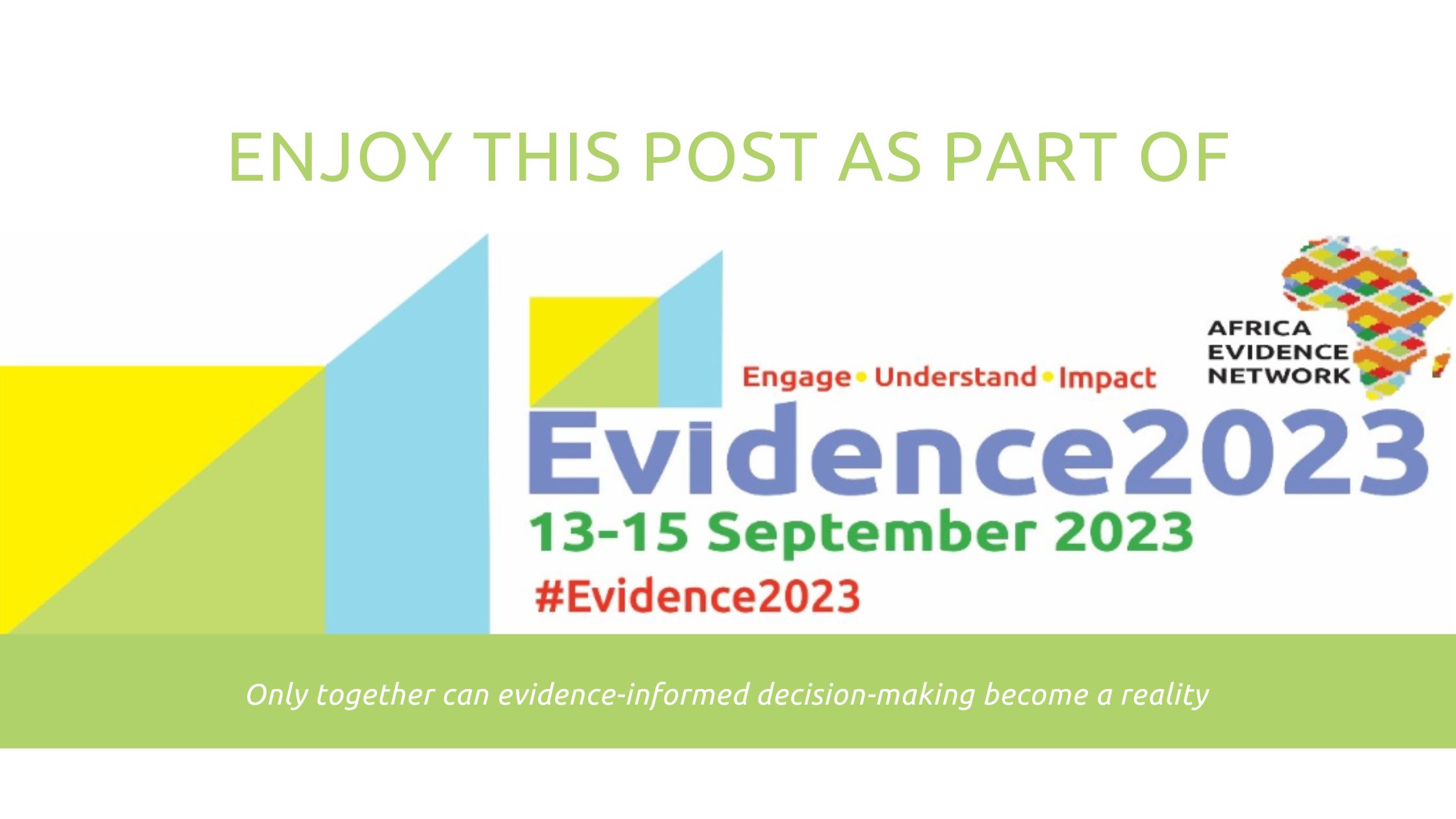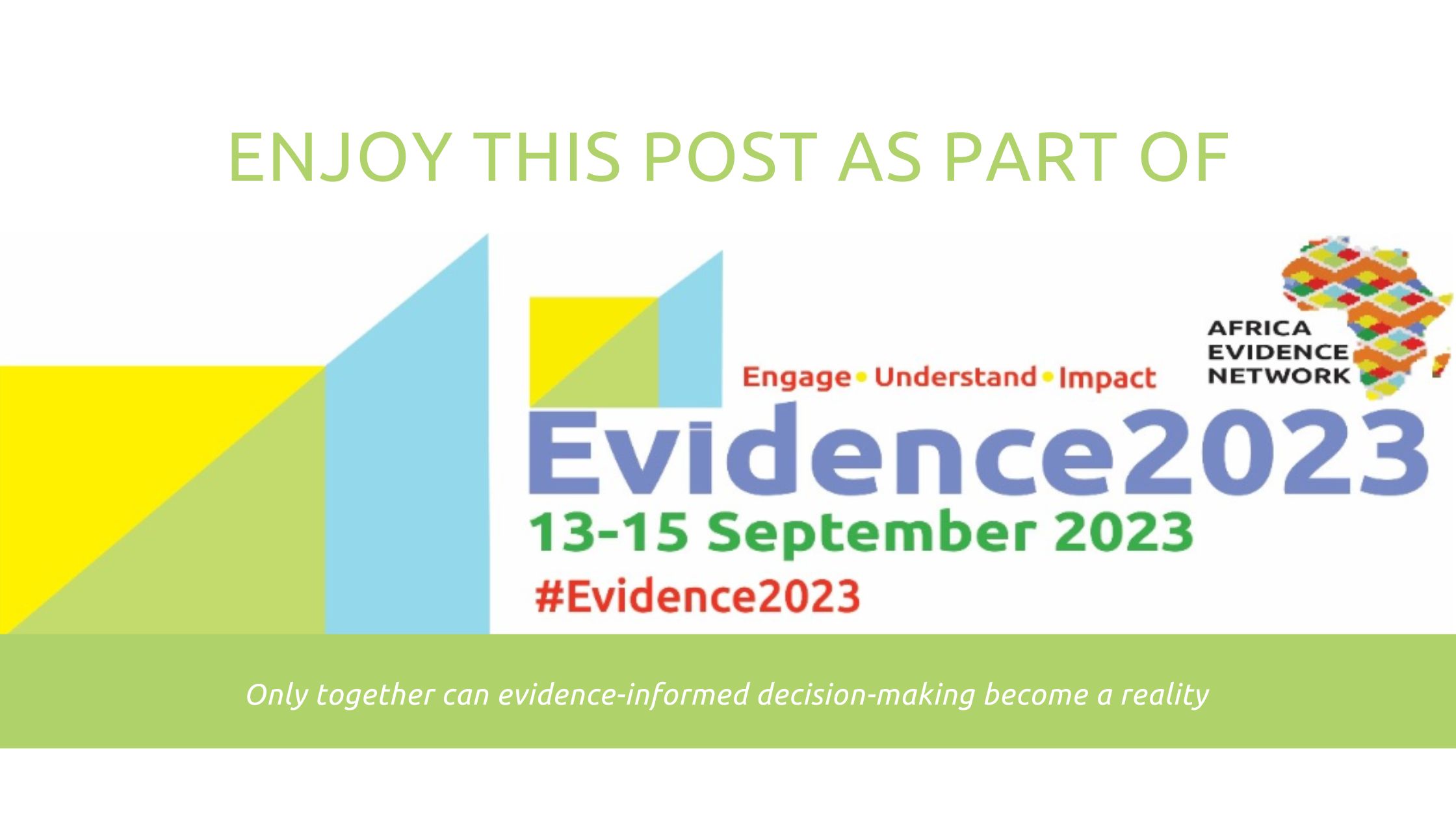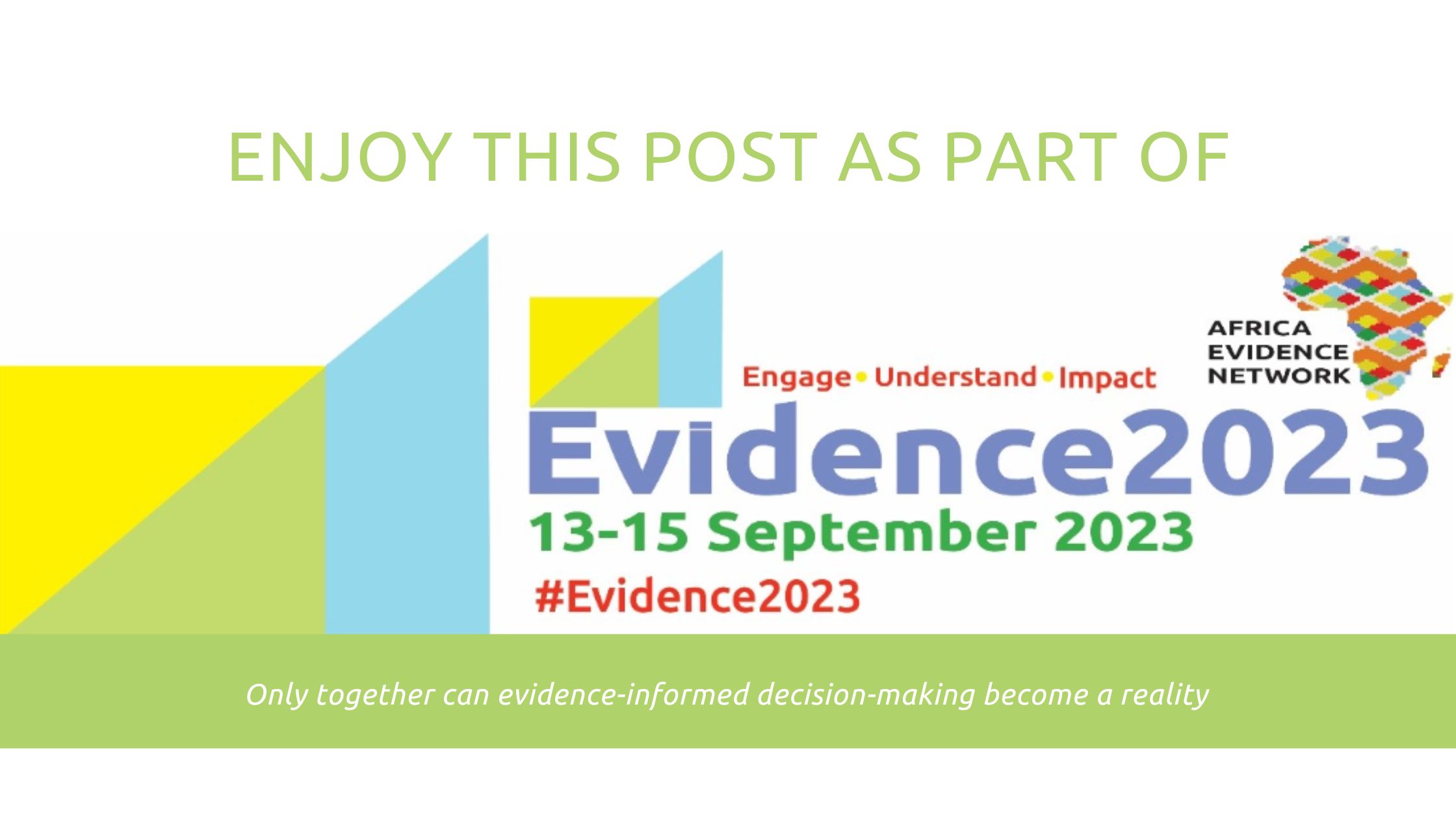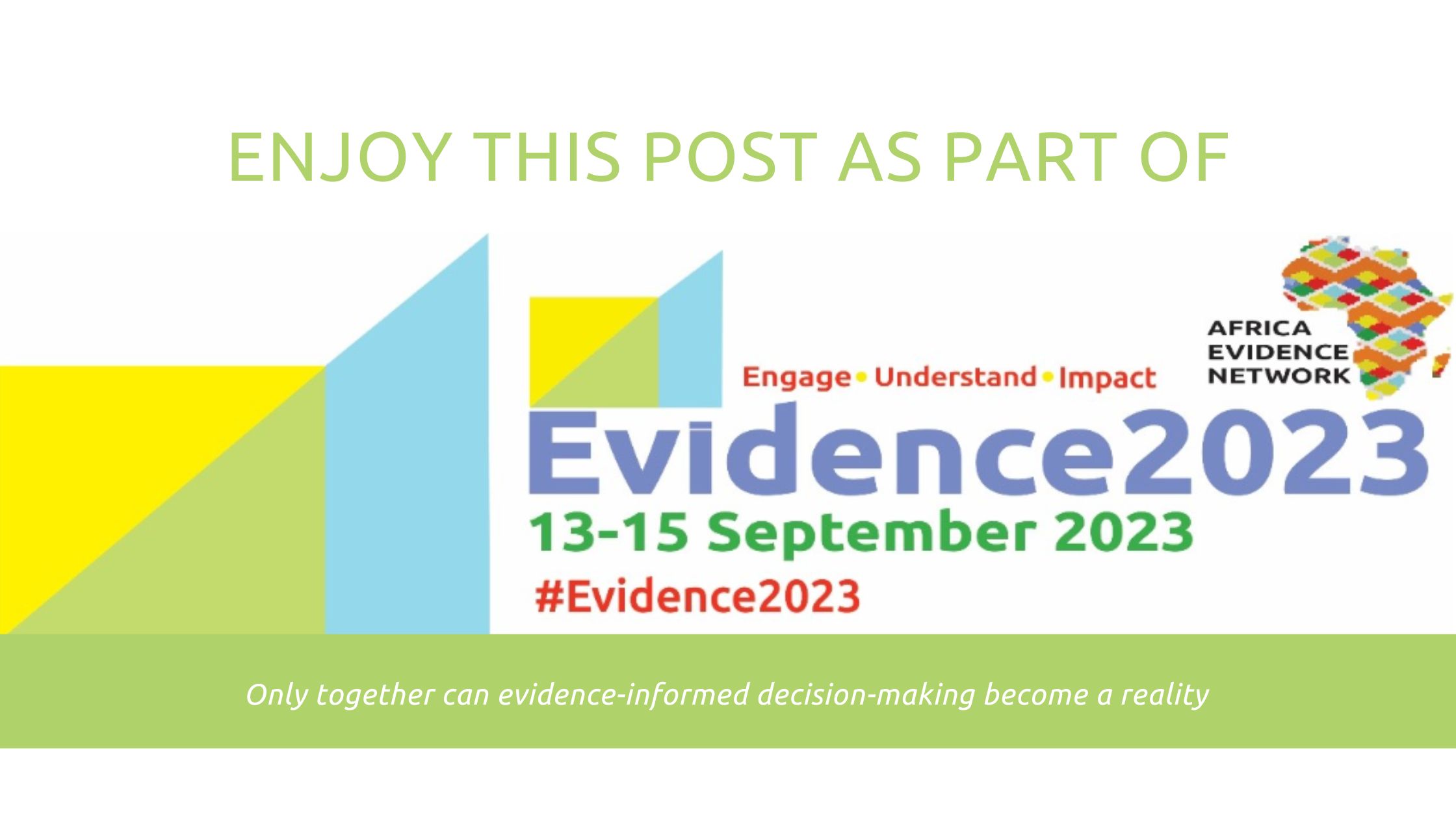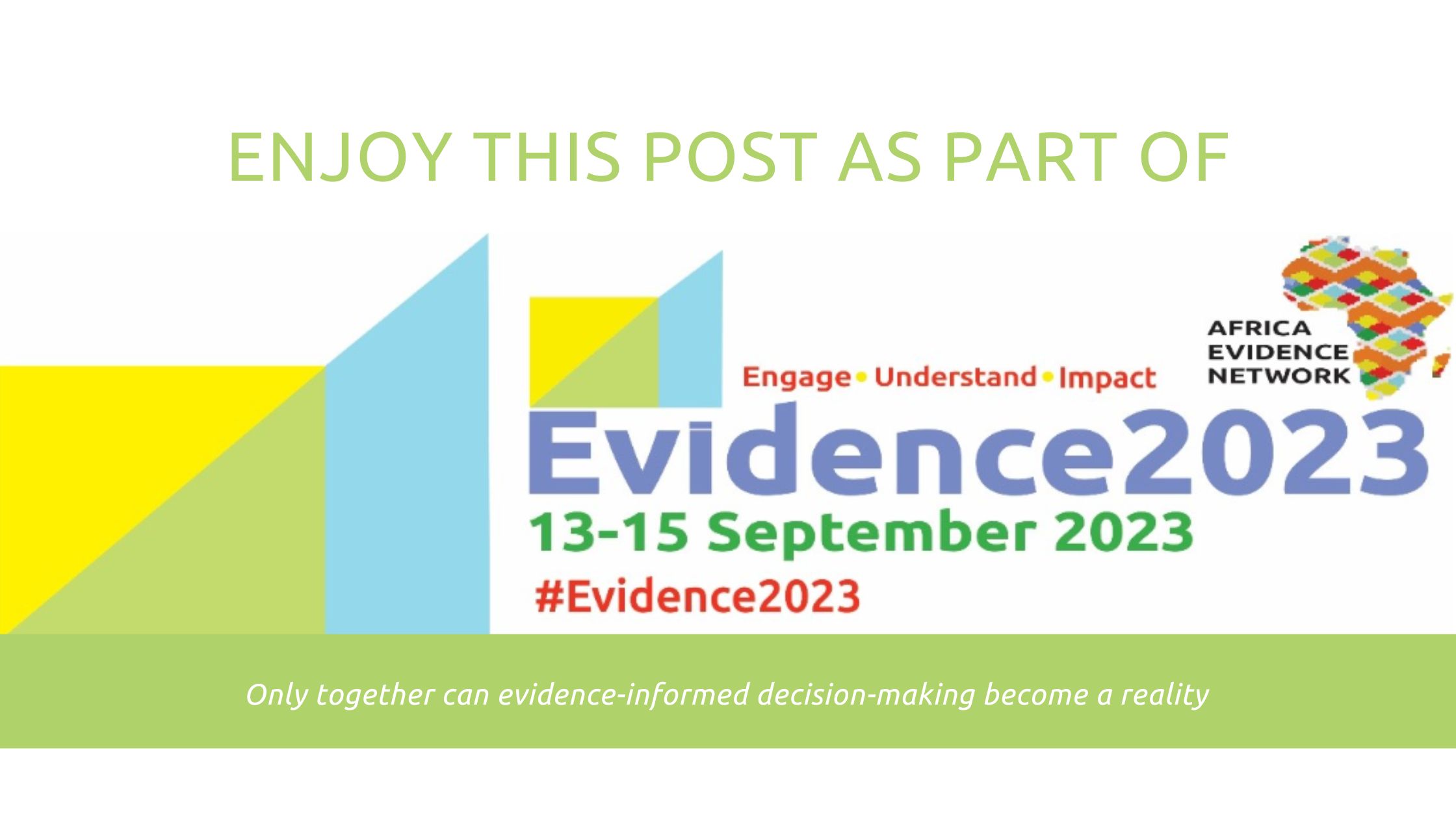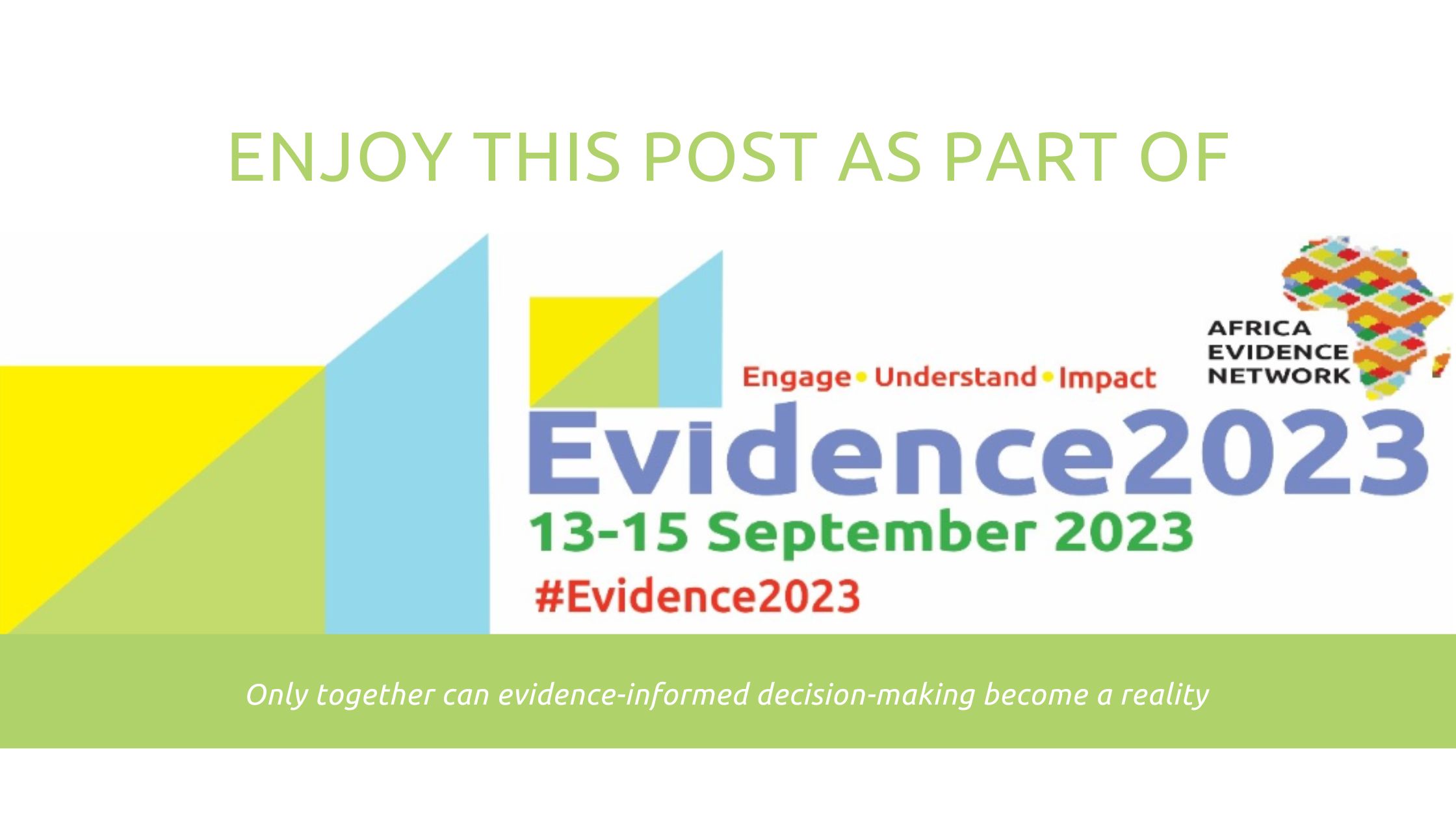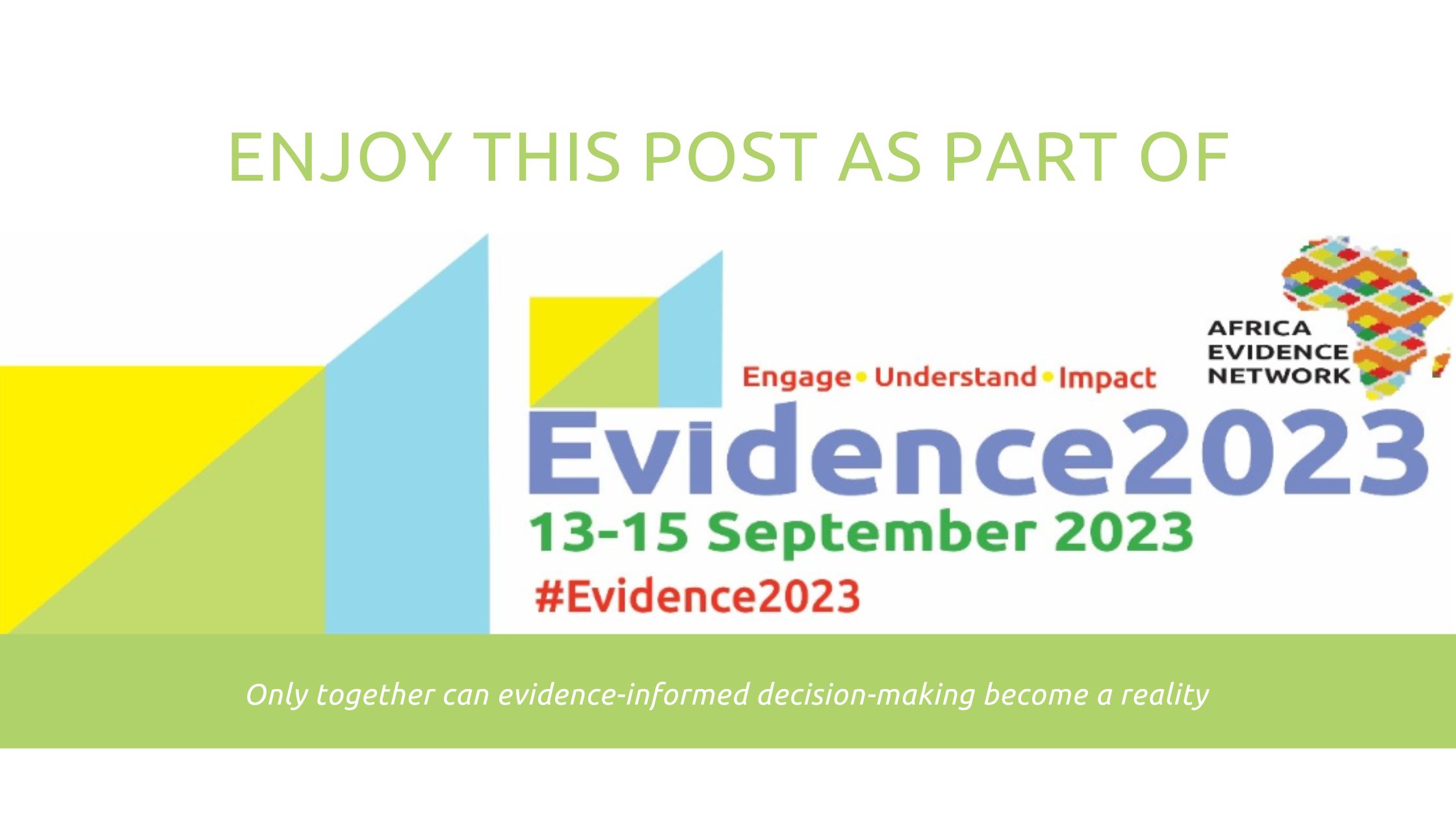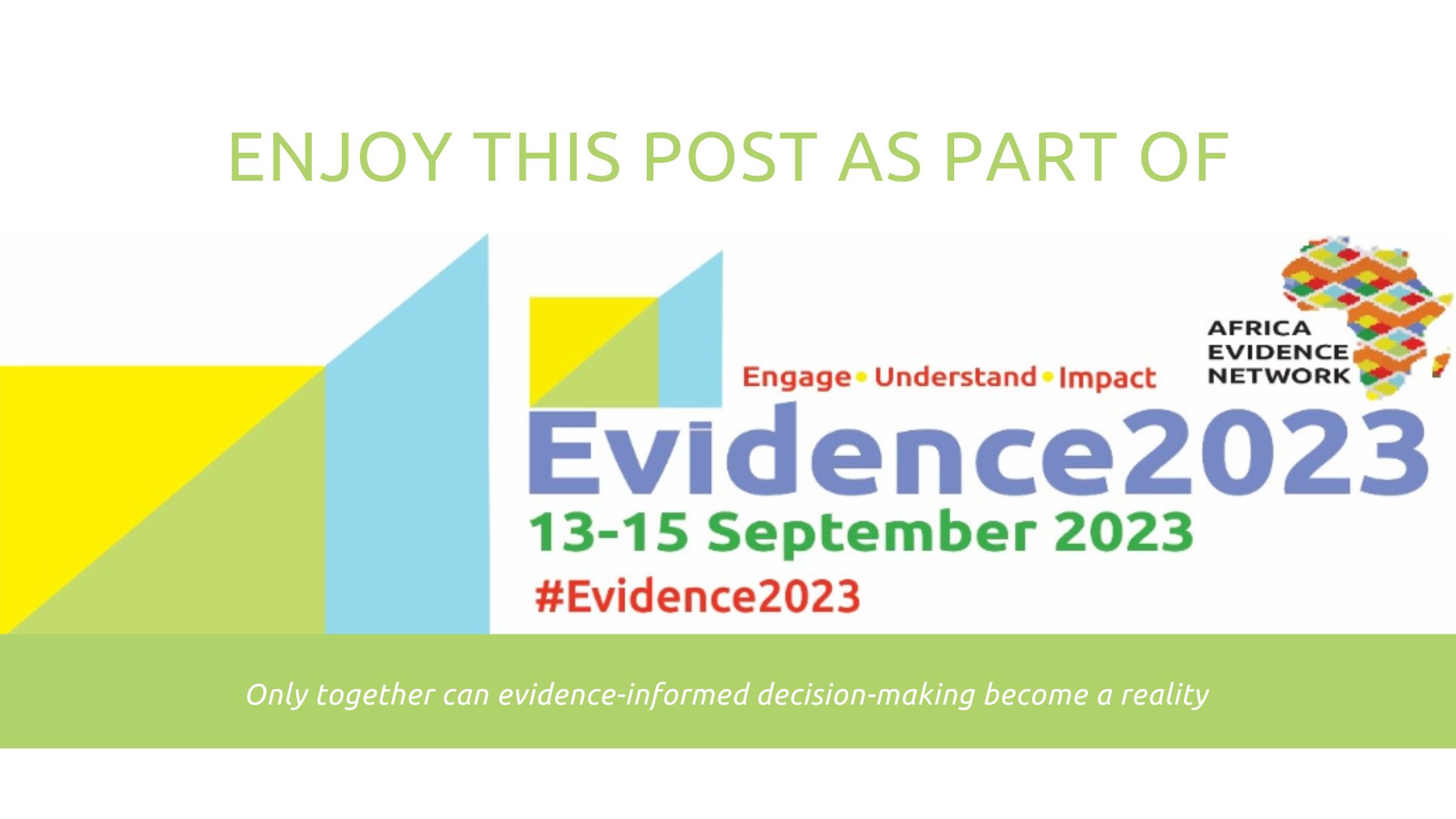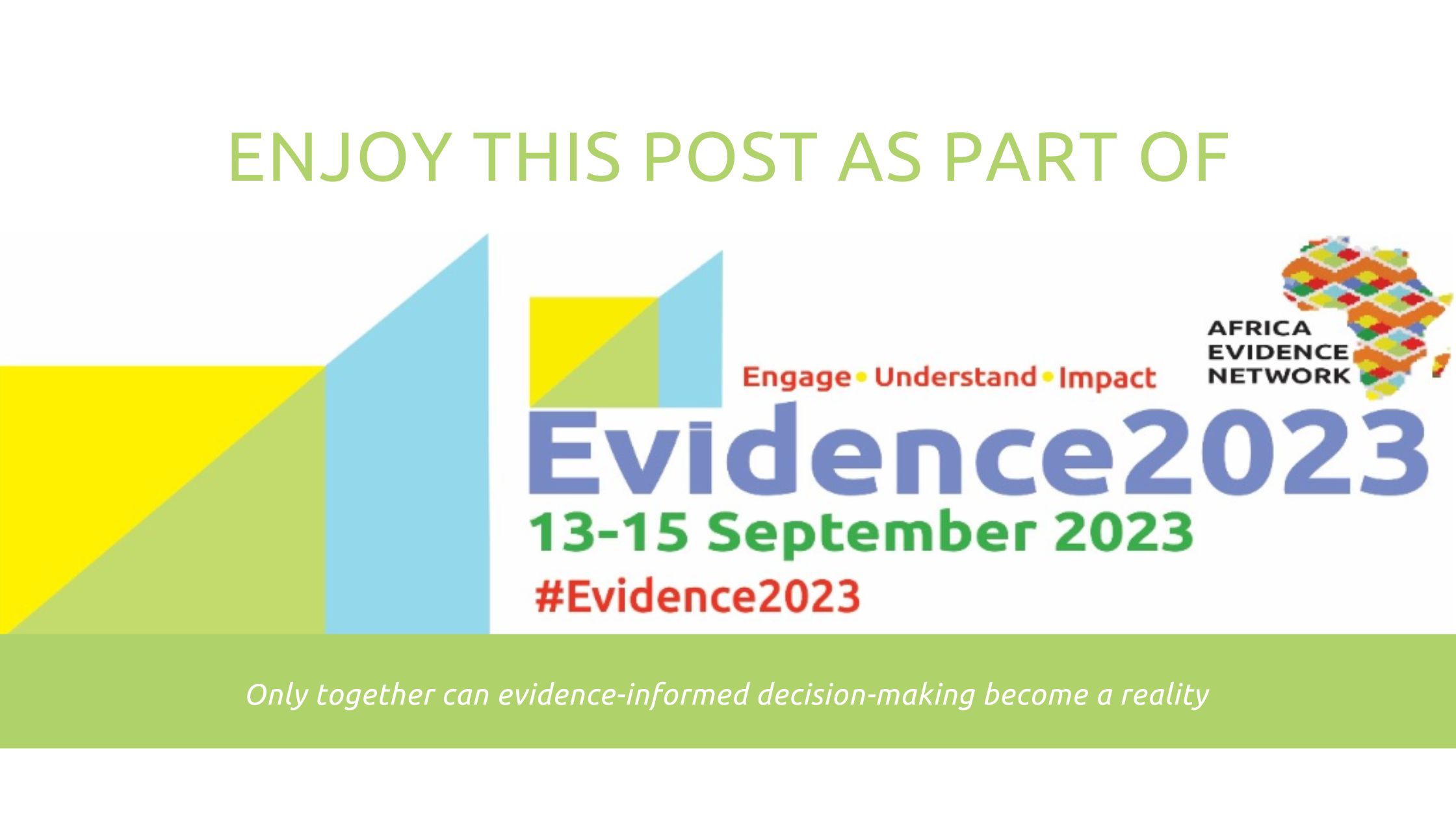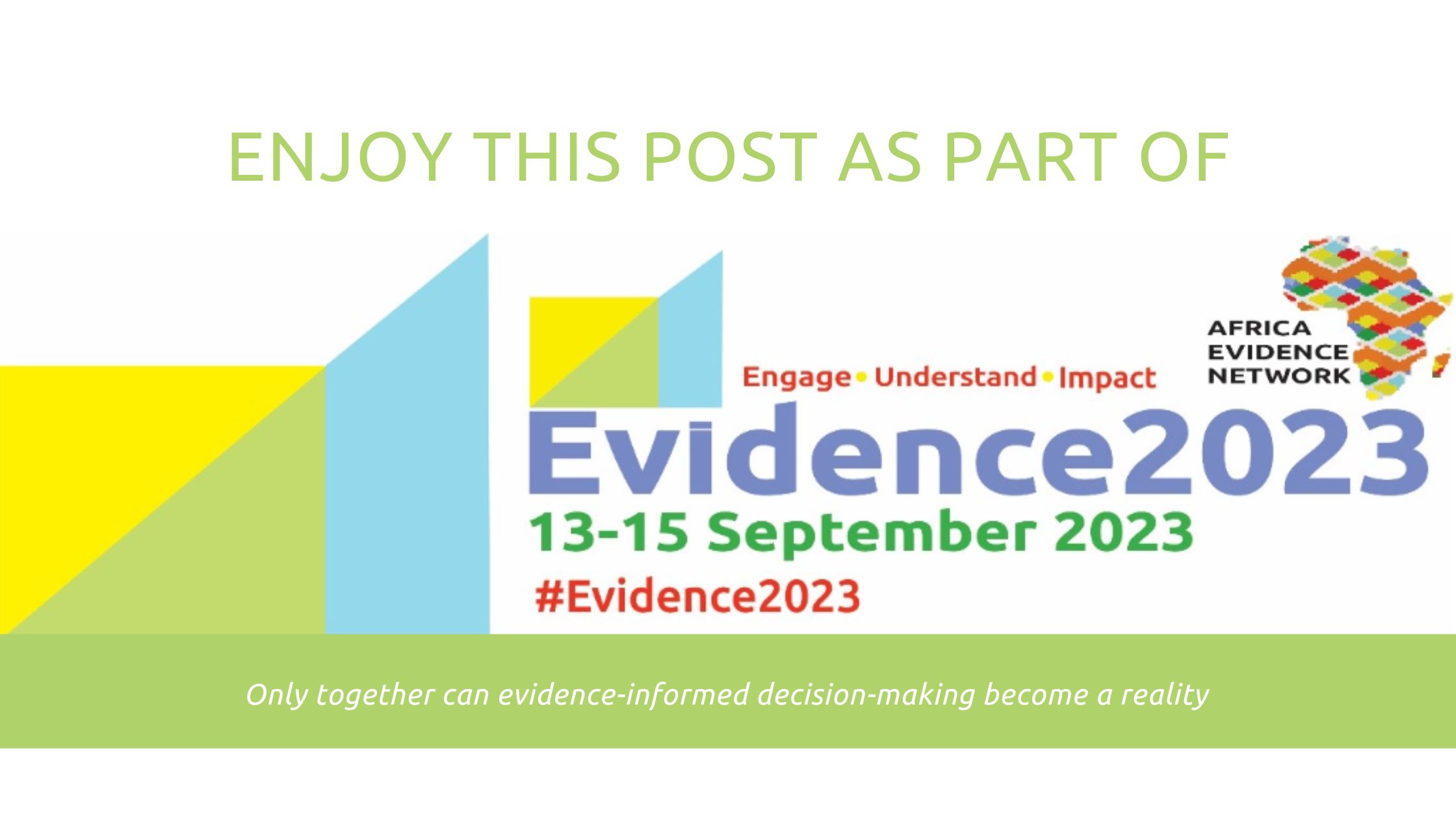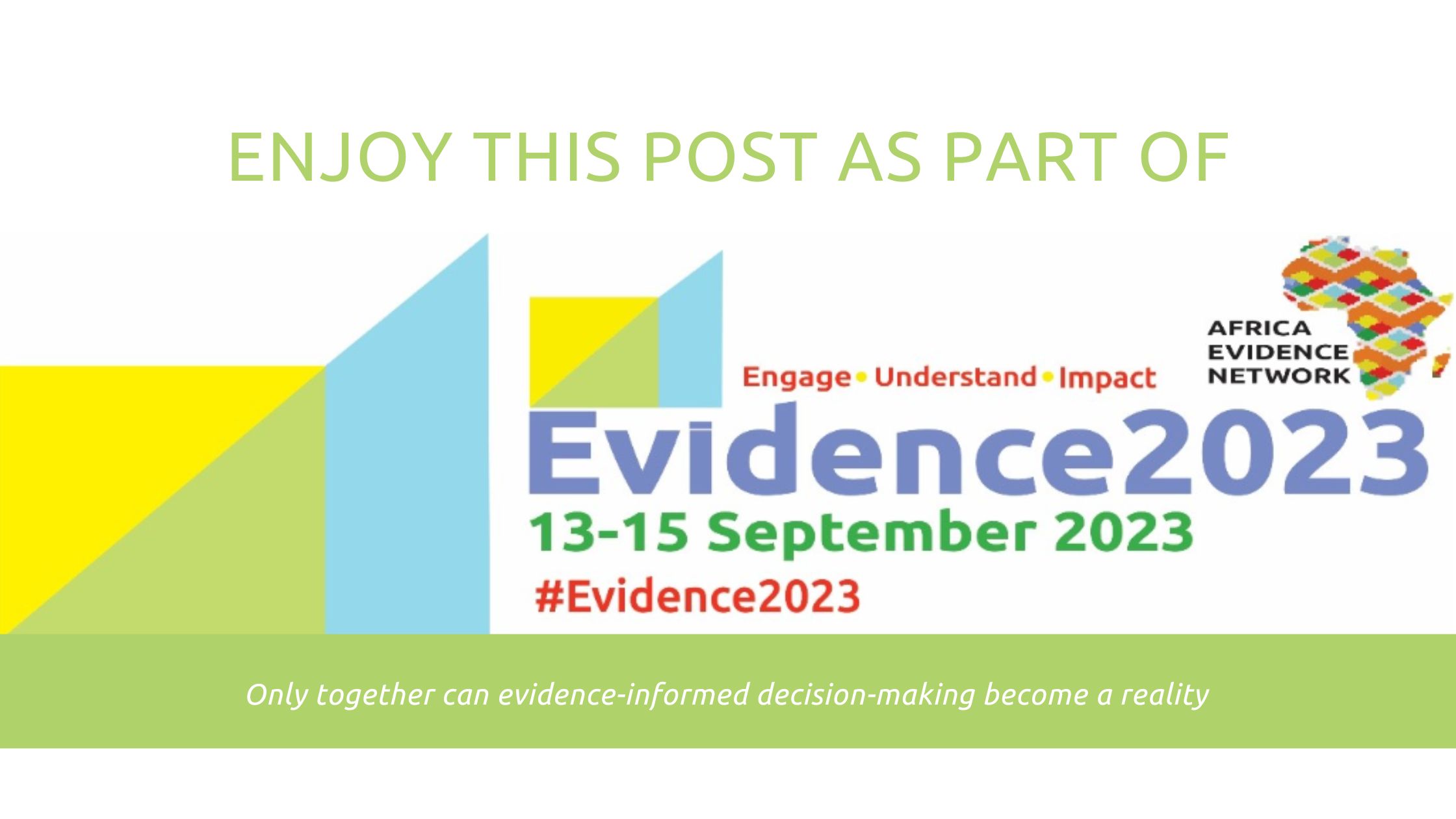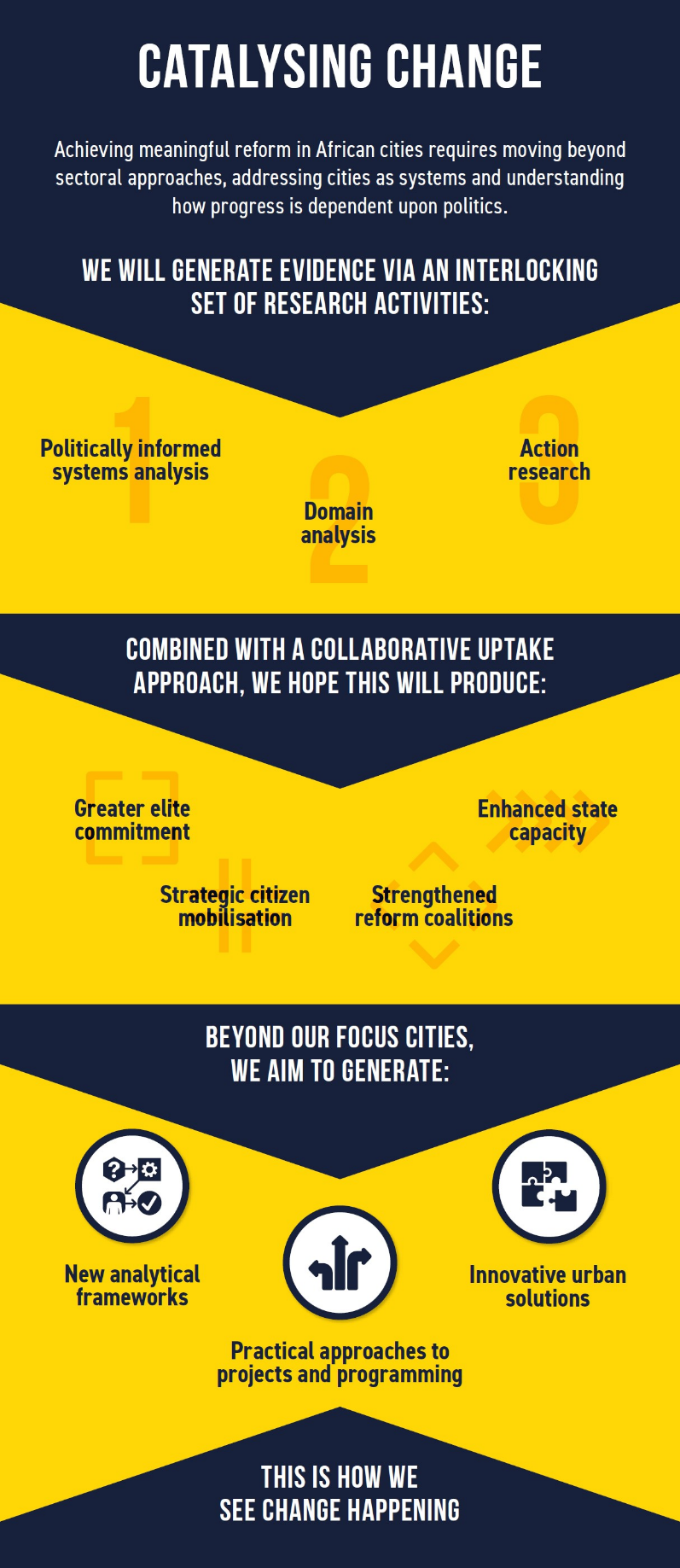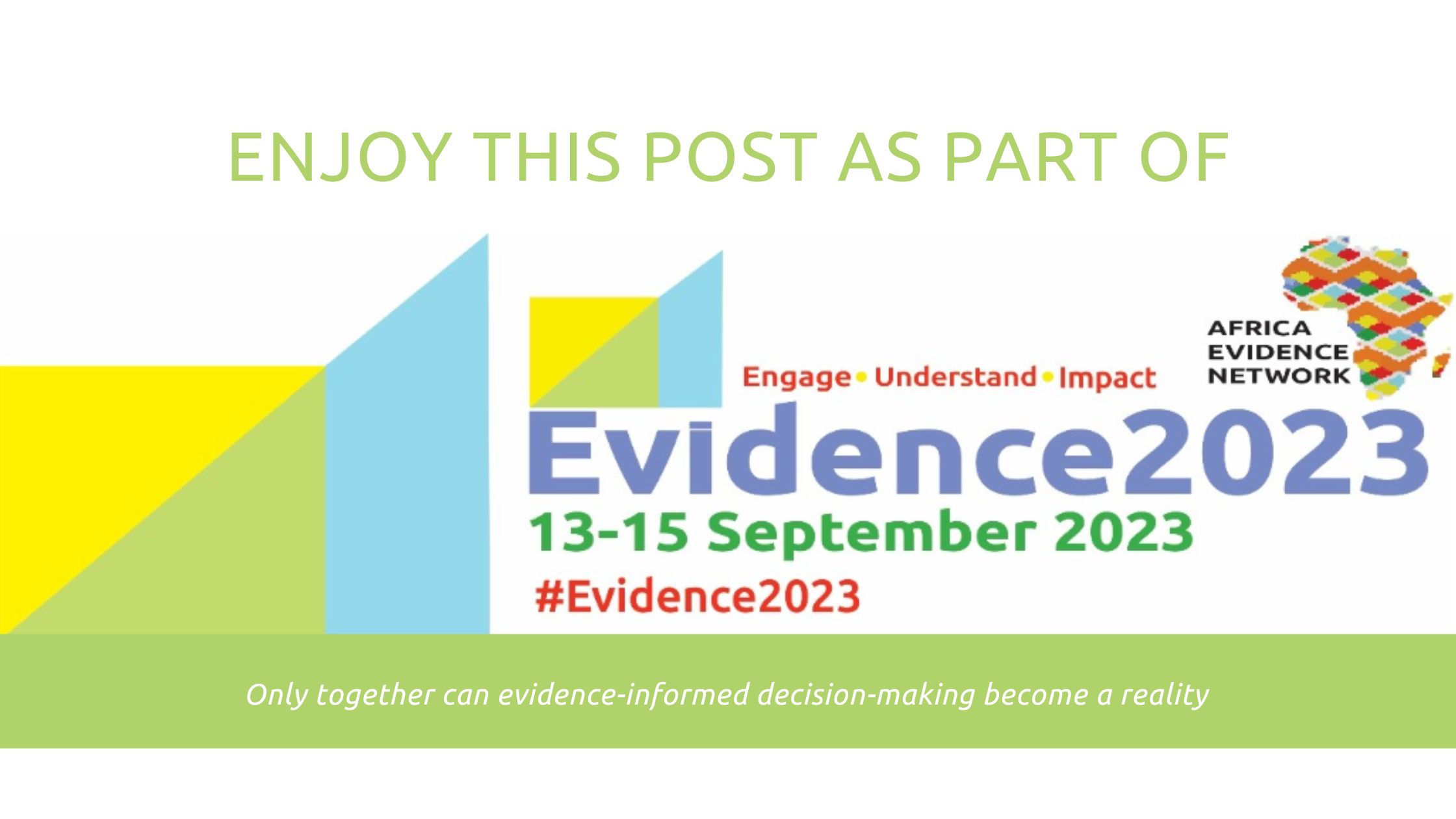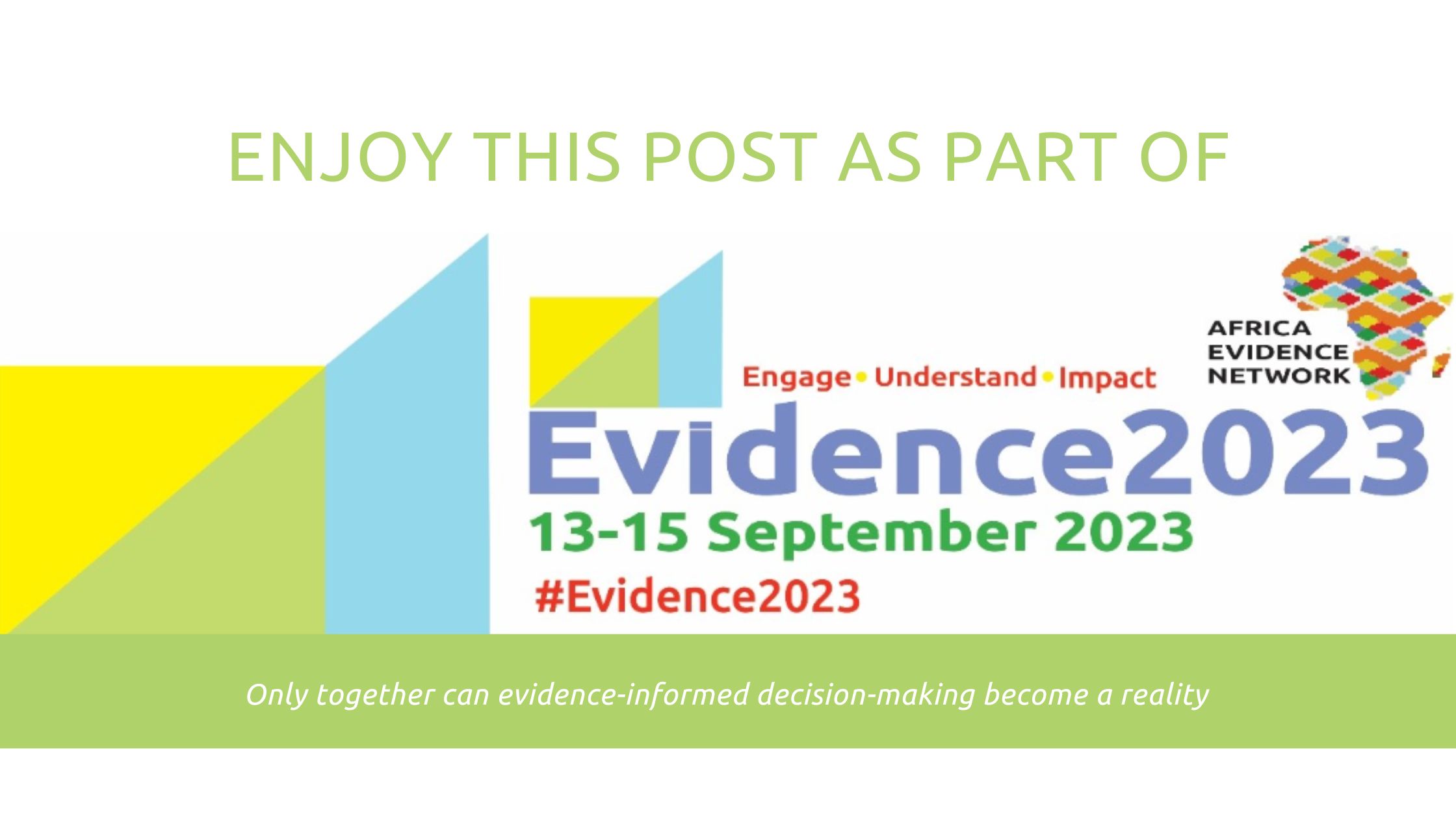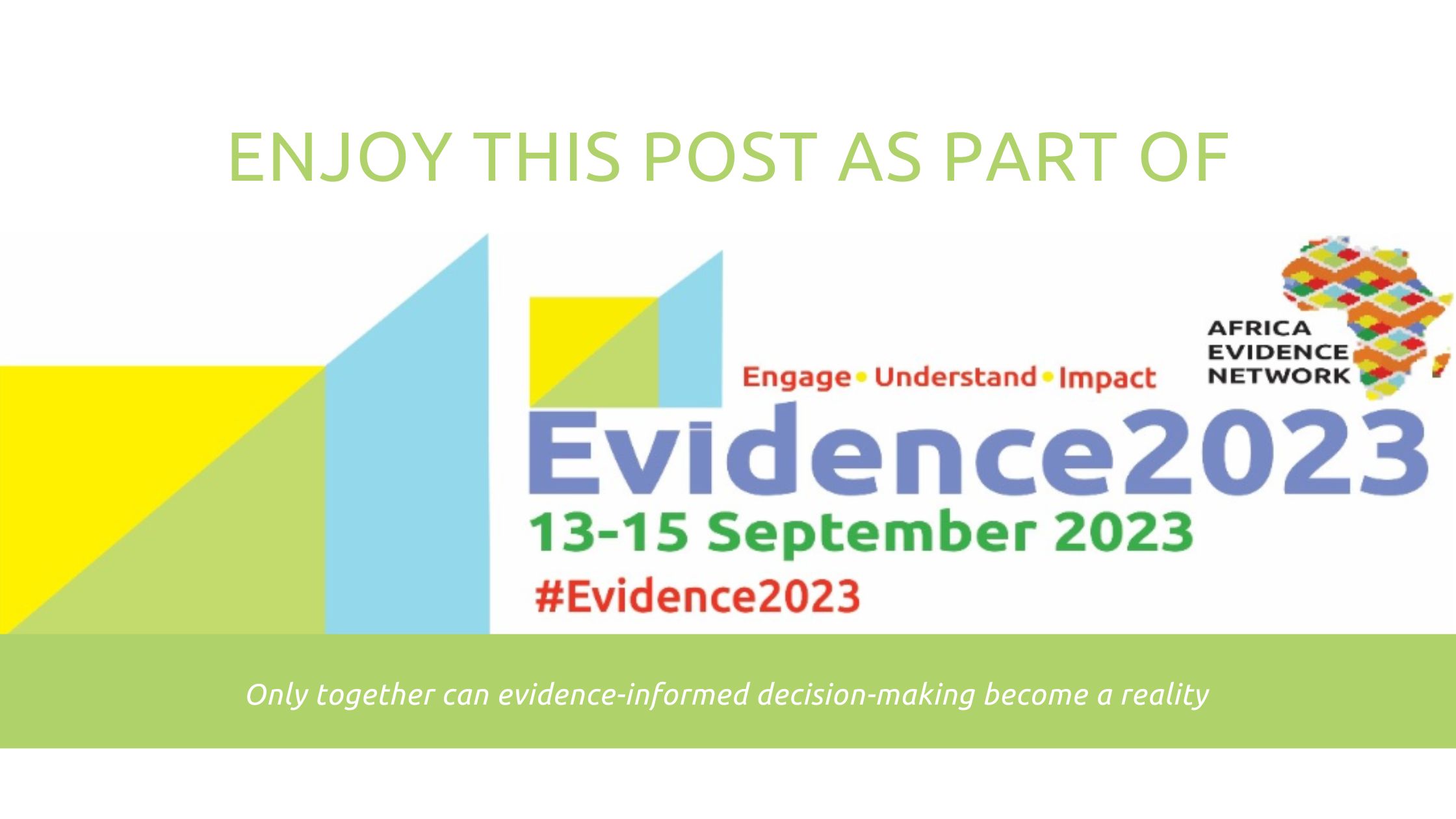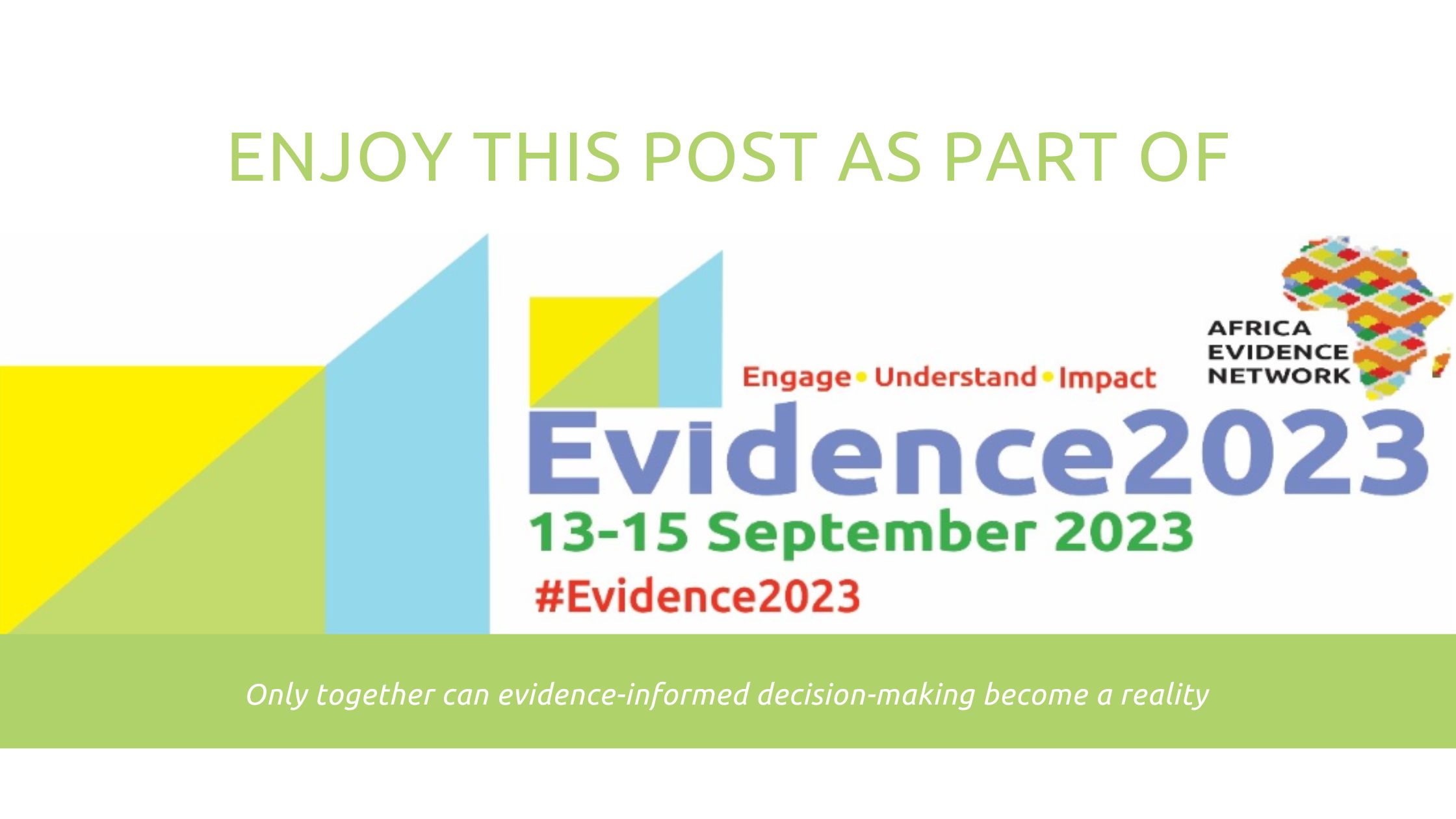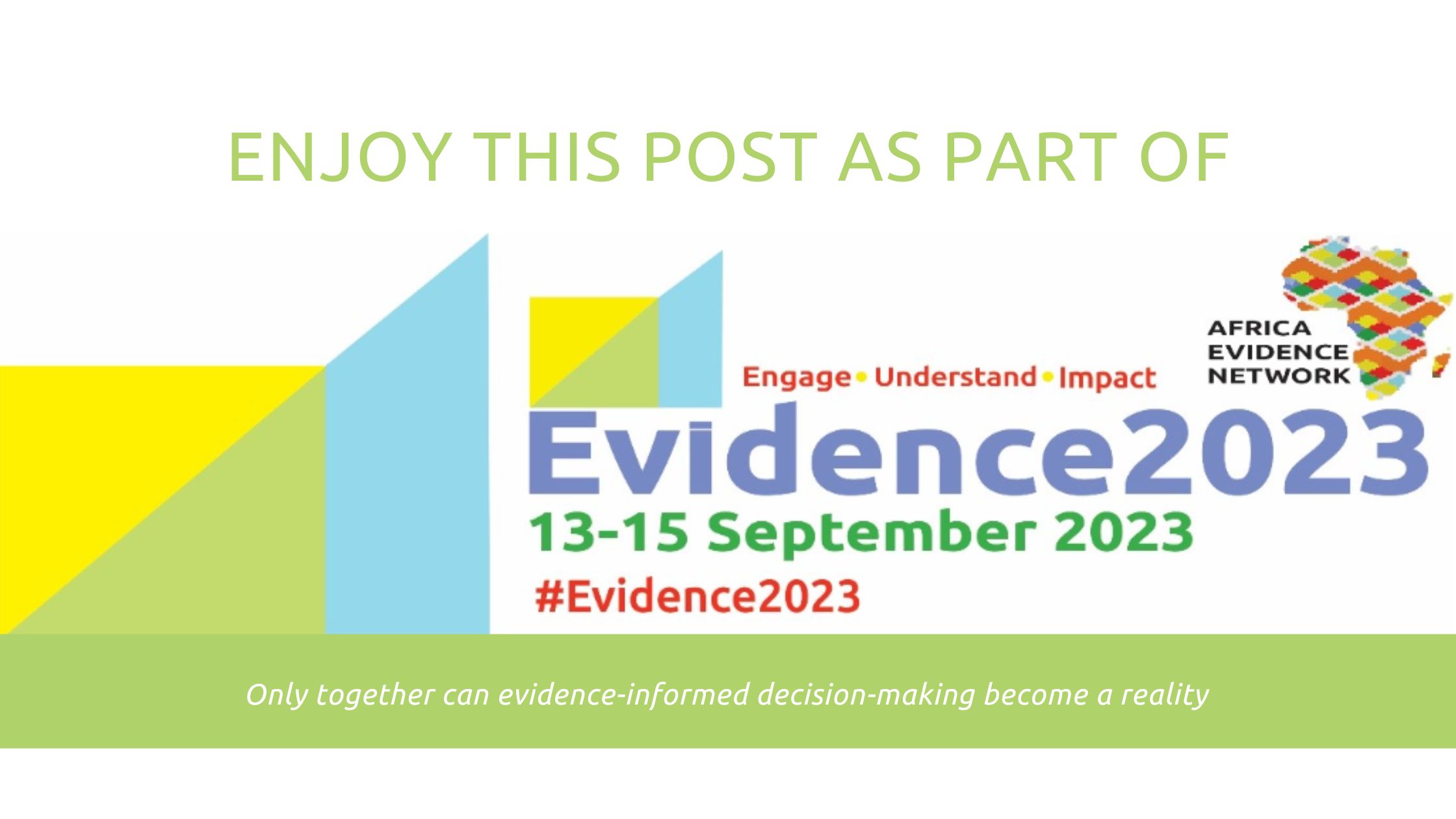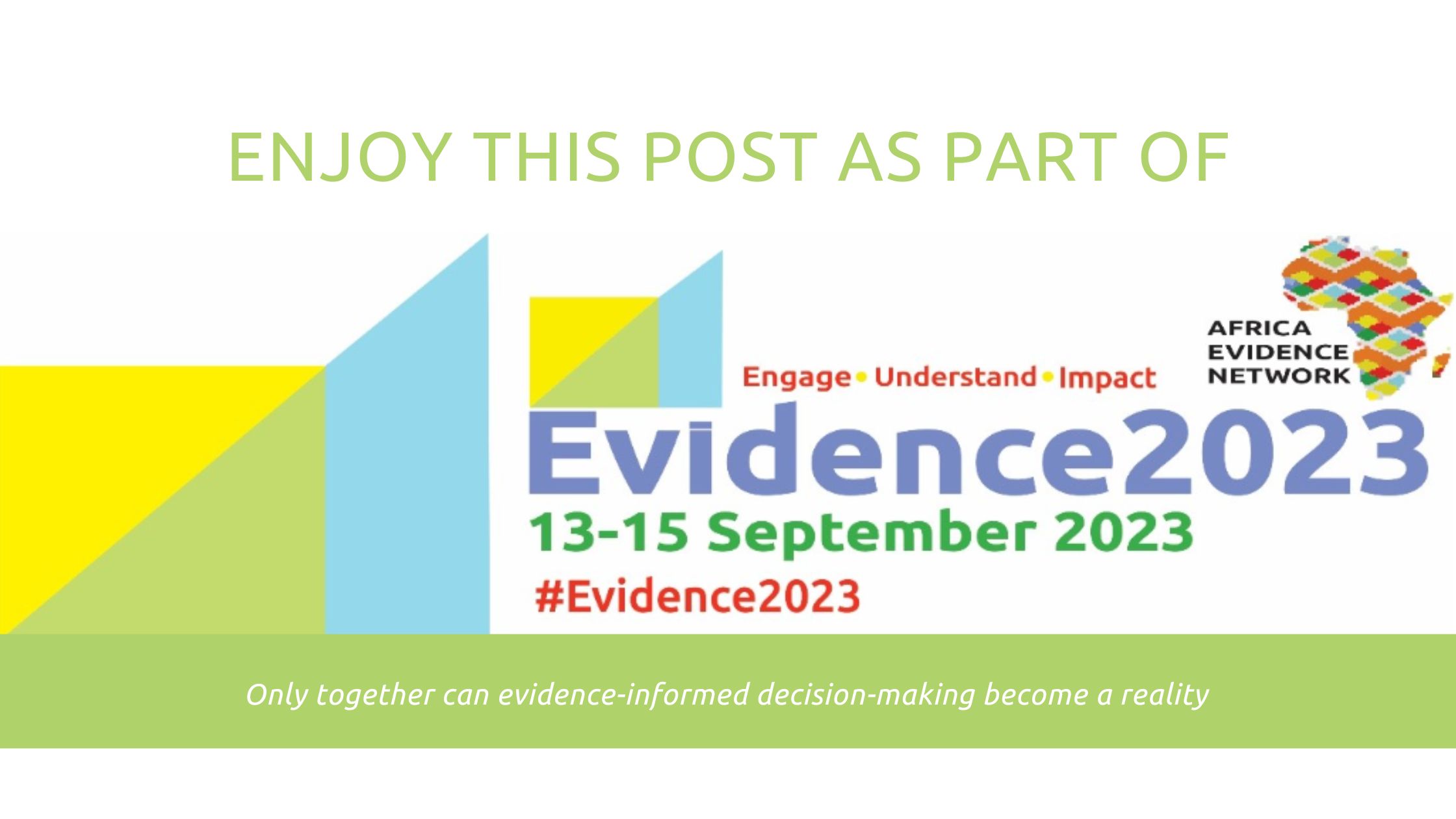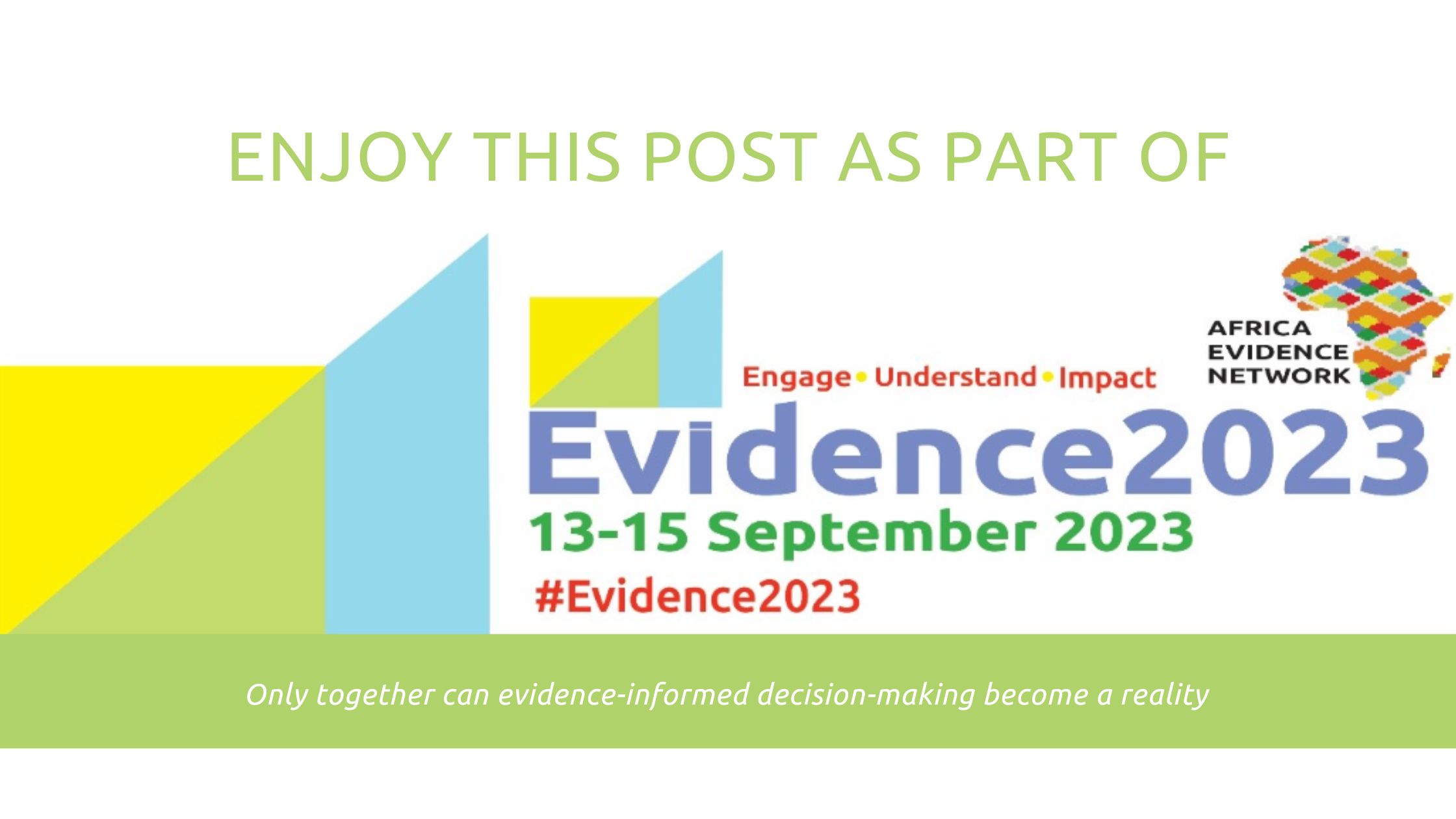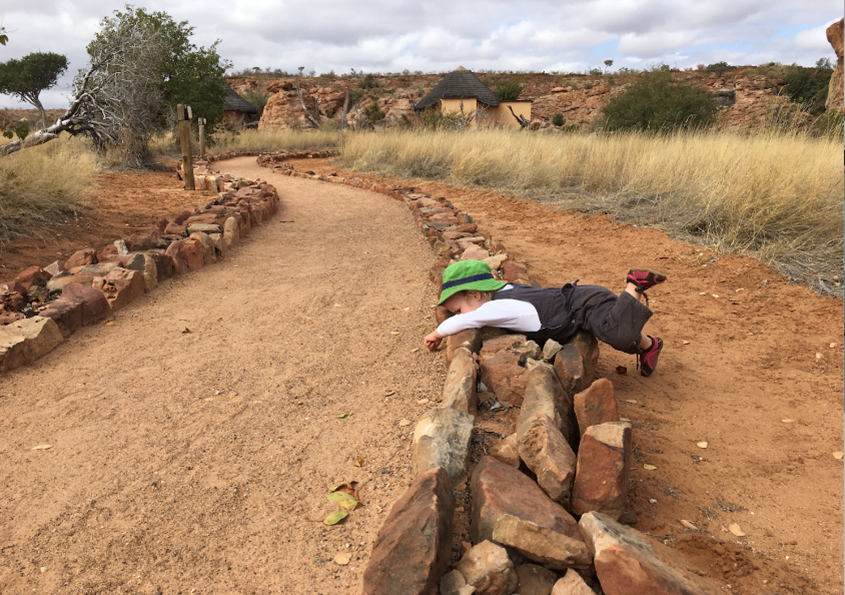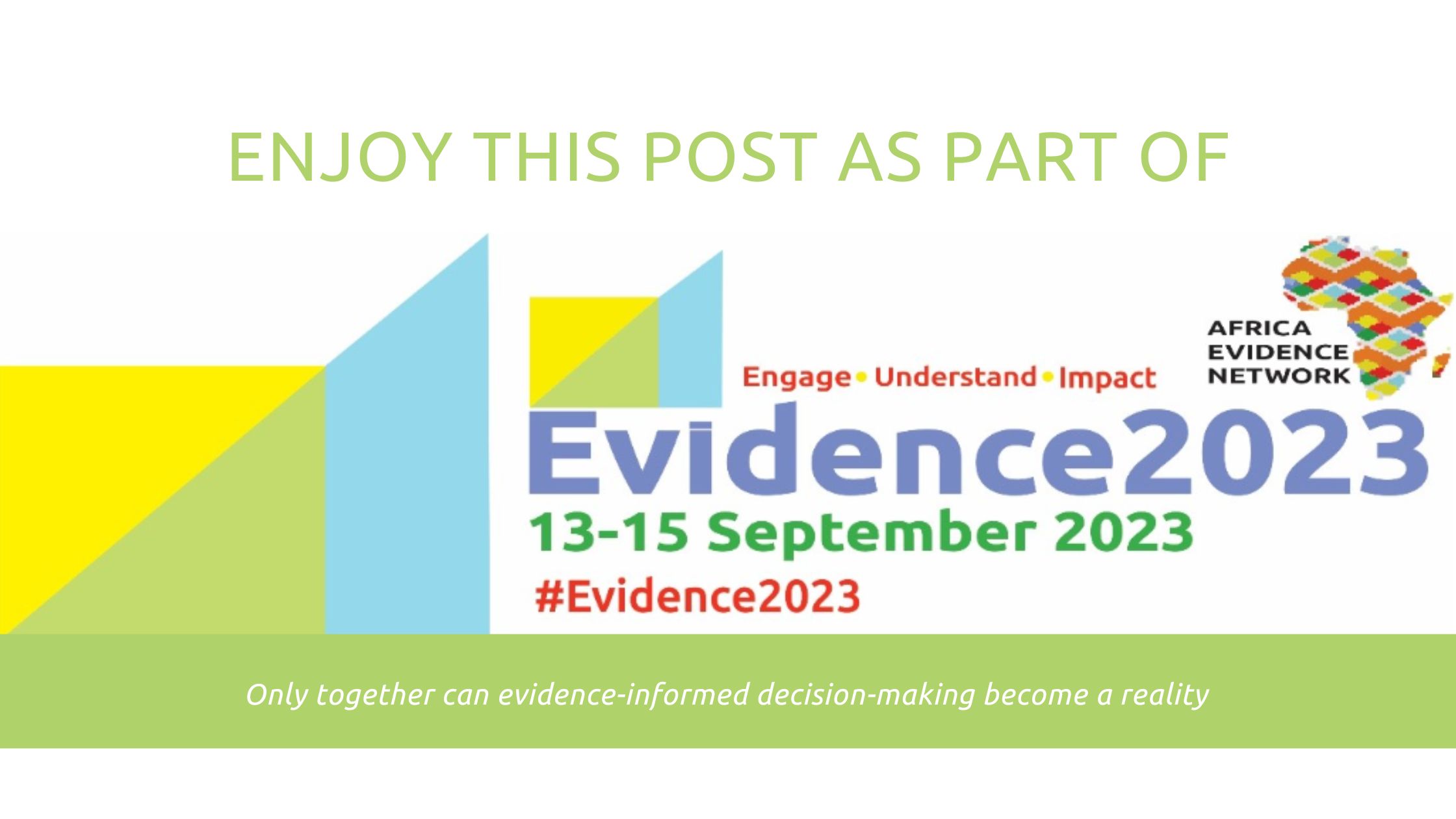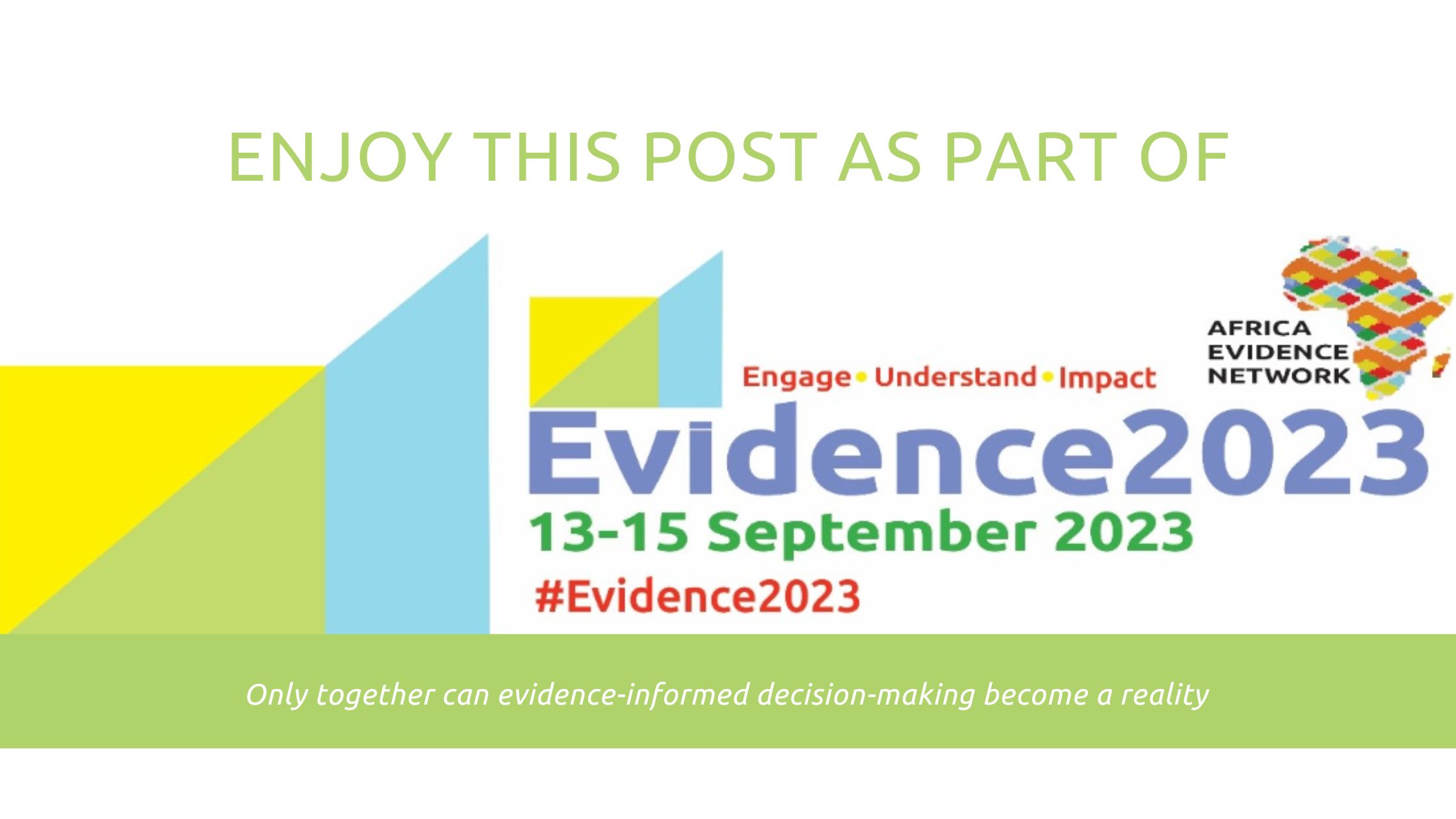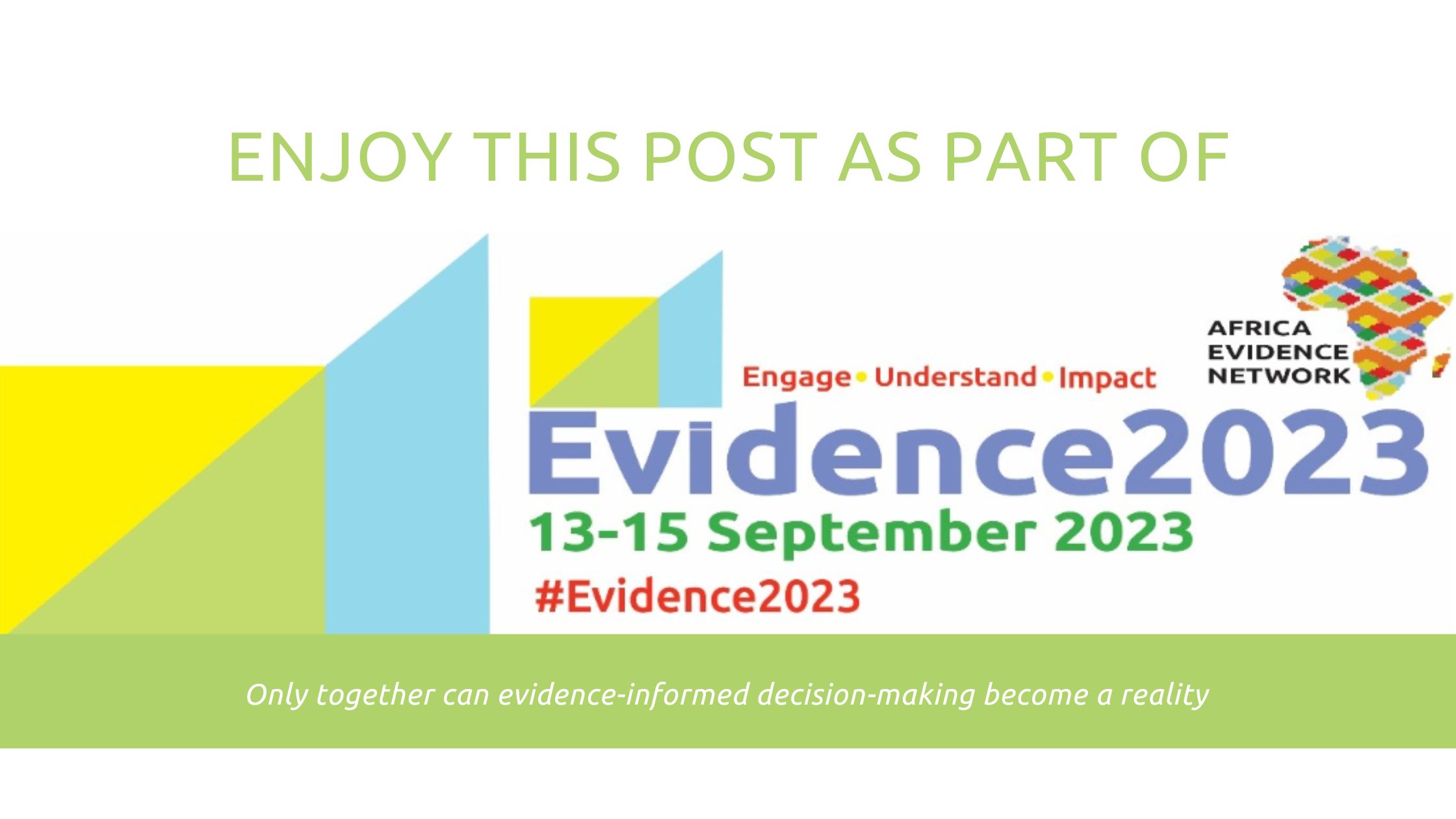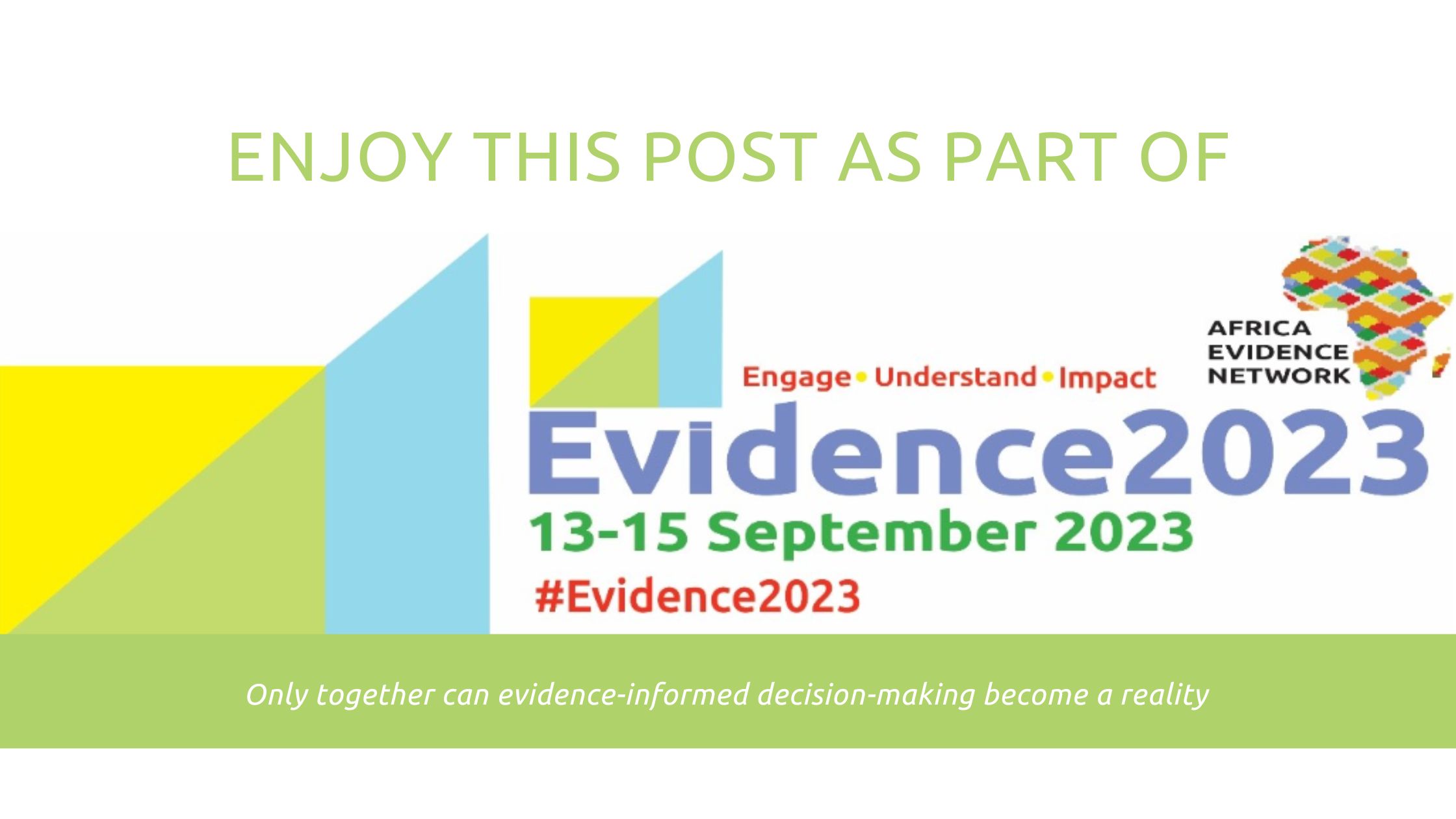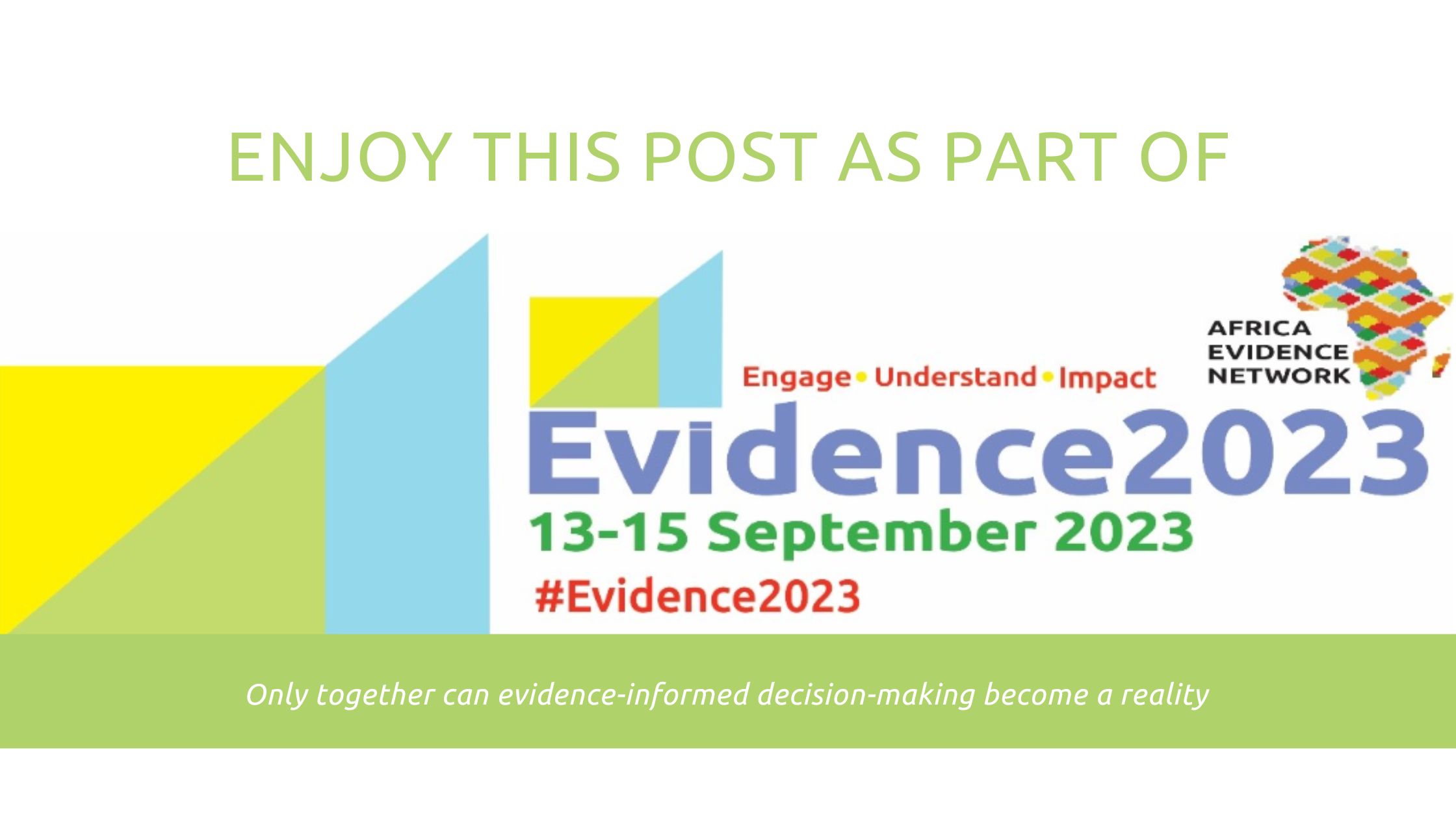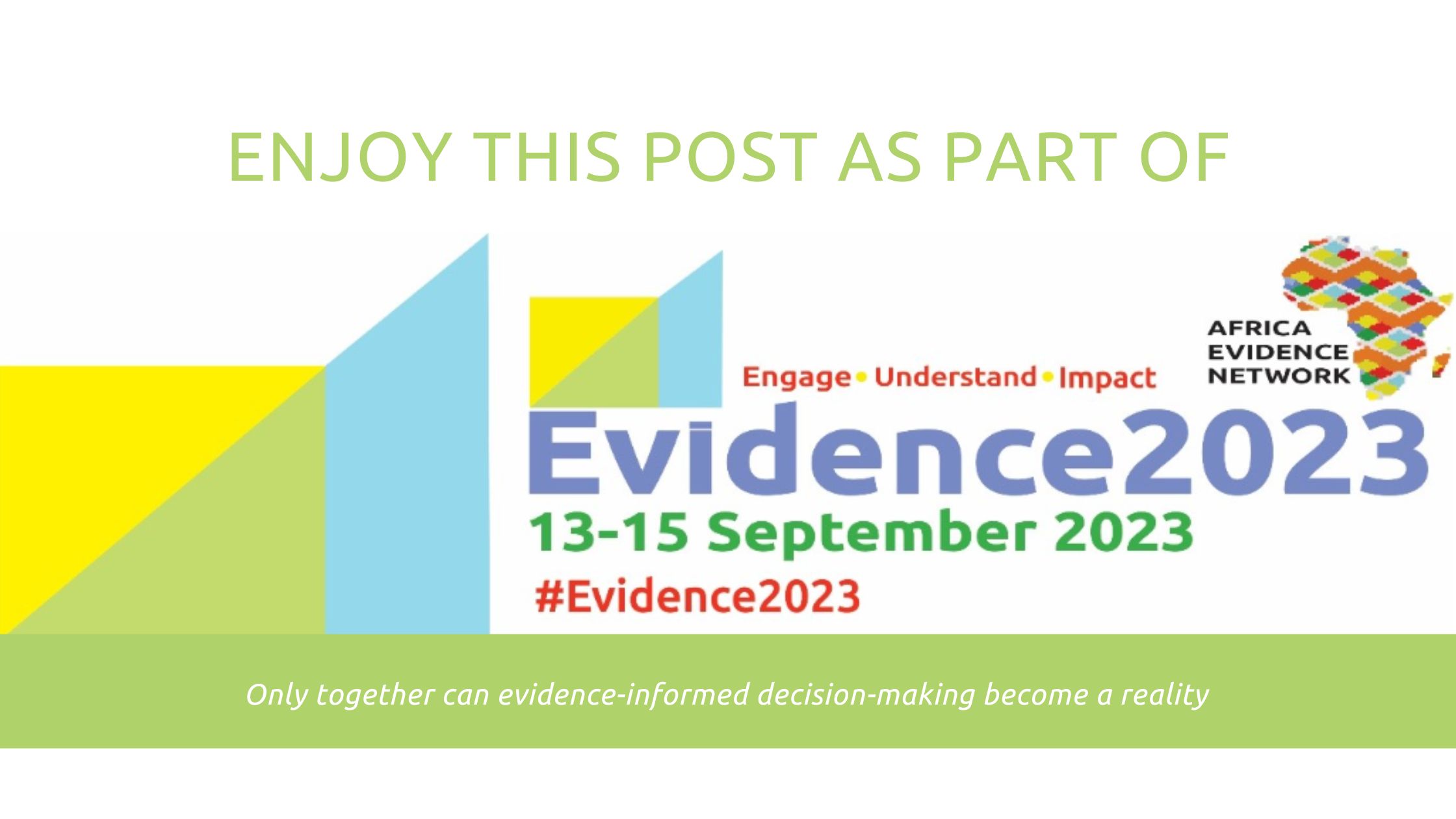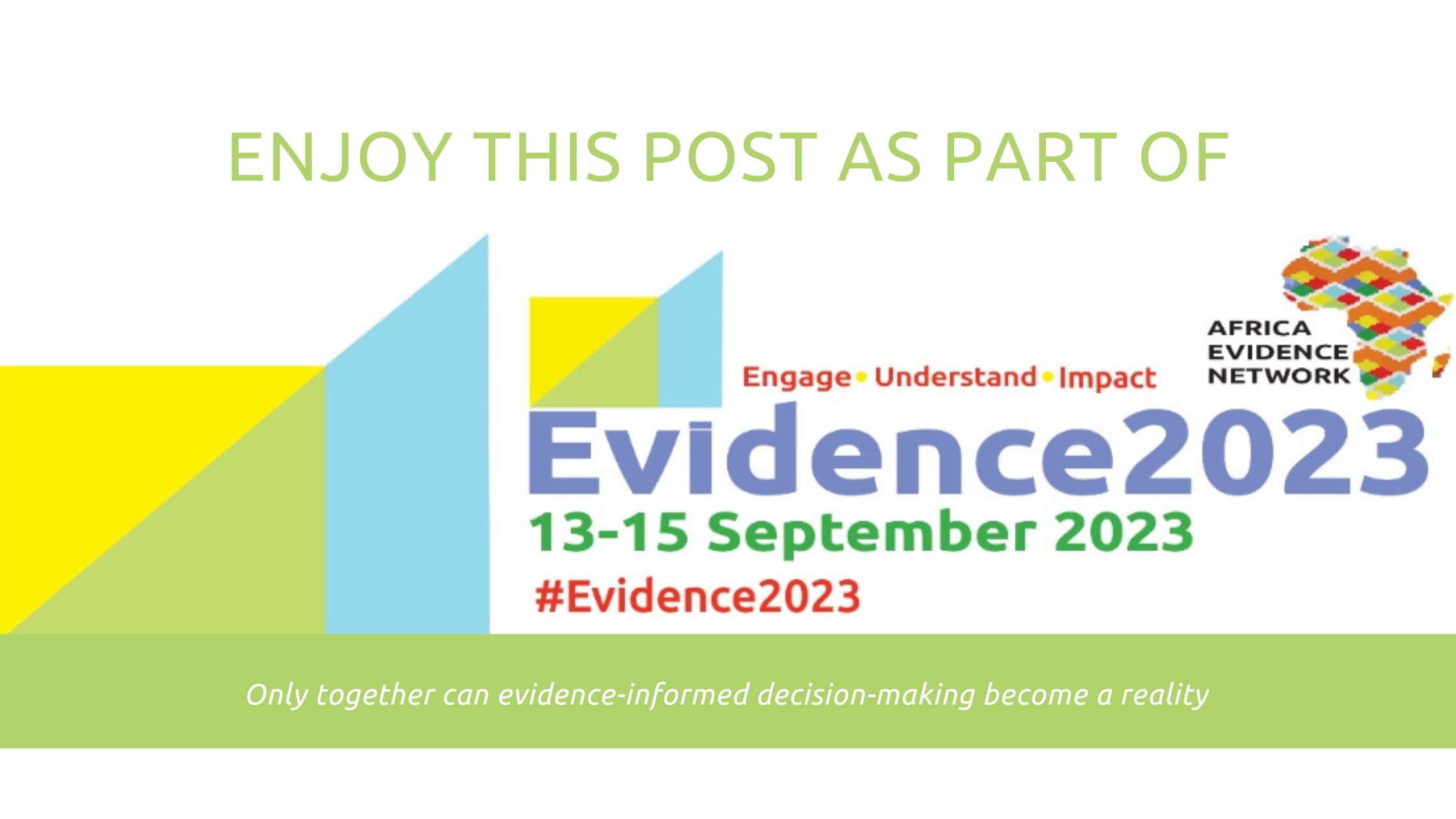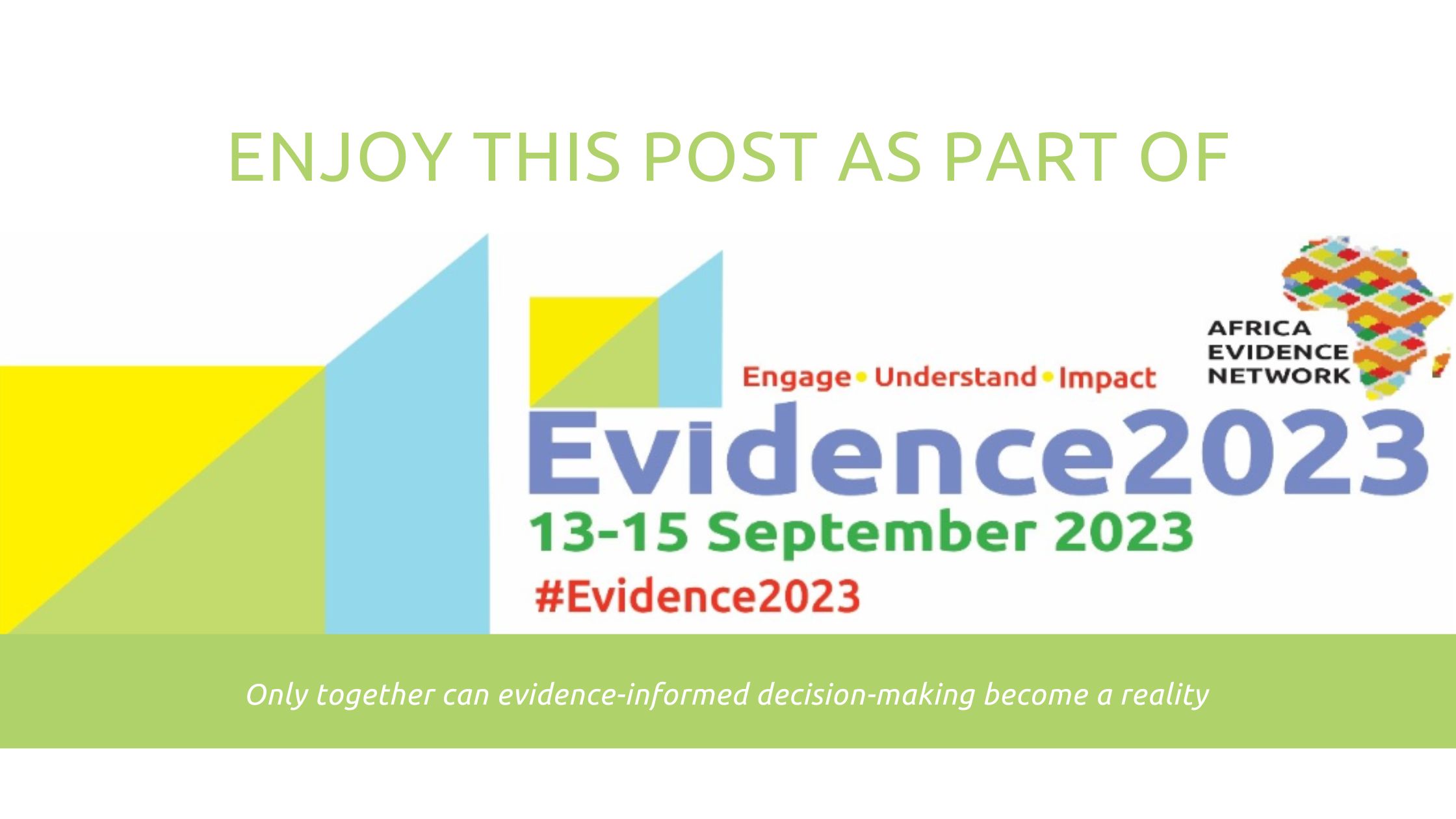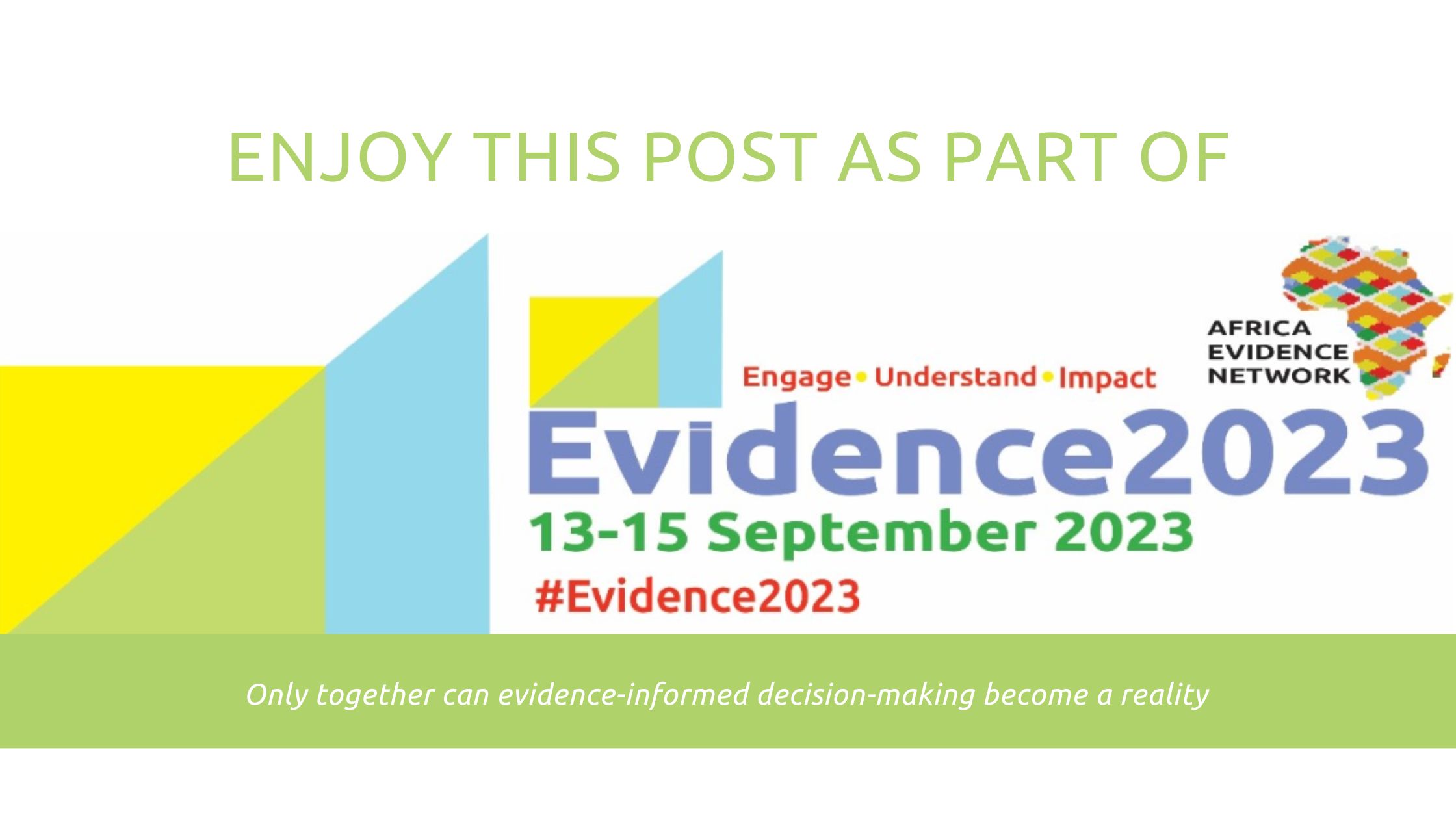
There is power in using evidence to inform decisions and parliaments have a constitutional obligation to represent the people by articulating the views of citizens and facilitating inclusion of marginalized groups in decision-making processes. In the last two decades, different levels of democratization processes have been embraced by most countries in Africa and parliaments have become central to the continent’s development and the world. As women account for half the world’s population, gender mainstreaming in governance and parliaments across sub-Saharan Africa falls short. According to the Inter-Parliamentary Union, only five countries now have gender parity or a greater share of women in parliament, up from three in 2020 Mexico and Nicaragua joined Cuba, Rwanda and the United Arab Emirates. The irony is none of these countries are democracies.
In 2021, the United States Agency for International Development (USAID) piloted research in 10 countries in Africa - Ghana, Malawi, Kenya, Uganda, Zimbabwe, Botswana, Liberia, Niger, Côte d’Ivoire and Cameroon to explore how elected representatives and their staff source and utilize evidence to make policies. The key findings of the Assessment, Analysis, and Development of Tools to Strengthen the Use of Evidence in Policies and Legislation (TSUE) indicated that 78% of the parliamentarians who participated were male and 22% were female. In addition, 70% of Parliamentary staff were males, while 30% were female. The data also supports recurring themes that were expressed by several ECOWAS Members of Parliament from Ghana, Nigeria and Malawi in one-on-one interviews conducted by the TSUE project. “There should be some kind of effort, or something put in place to ensure that there will be more women represented in decision-making roles and not only in parliament. The President and our leaders in political parties need to step it up! In Ghana we have 16 regions today, and we have only one woman who is a regional Minister, why?” said the Honorable Ladi Ayamba, Member of Parliament from Ghana.
As highlighted in the TSUE research and building on evidence-based success stories in different African country contexts, here are three key practices of how to increase gender-sensitive parliaments in Africa that does not rest mainly on the shoulders of women MPs. This includes building collaborations with donor organizations that have resources to support EDIM, and cultivate evidence champions to increase political will on the inclusion of essential and marginalized actors.
-
Develop partnerships with global advocacy organizations that work with Parliaments and local actors across Africa to strengthen and advocate support for the passing of legislation and quotas to increase the representation of women in parliament — In Africa, quotas are the most effective way to enforce gender equality. Rwanda’s elected parliament was the first in the world to have gender parity. In October at the end of the 145th IPU Assembly, the IPU Member Parliaments recently committed to accelerating gender equality. As an example, Benin was once the model for democracy and is experiencing democratic backsliding, revisions in the constitution from 83 parliamentarians in Benin to now 109, has led to a total of 22% of all reserved seats are for women. At the 2022 ECOWAS Parliament summit, Professor Nassirou Bako Aarifari, former Foreign Minister and Member of Parliament in Benin stated, “It has been difficult to change the minds of the majority of men in parliament, but when we finally decided to revise the constitution saying that, yes we are equal, all citizens are equal, but on some matters affirmative action for a specific group is needed and the results are now visible.
-
Establish a Parliamentary Caucus on Evidence-Informed Oversight and Decision-Making (PC-EIDM) to institutionalize diversity, equity and inclusion – The Parliament of Kenya established their “first of its kind” caucus in 2015, which was supported by the Speaker of the National Assembly. This is an indication of political will by leadership to ensure evidence use in decision-making within parliament. PC-EIDM provides a platform to promote effective linkages and external relationships. As an example, in 2017, the caucus hosted a policy café to explore how Kenya can achieve Universal Health Coverage and the outcomes led to provisions of the emergency services in the Health Act 2017. This type of Parliamentary Caucus can take on lobbying for the passing of more gender equality bills with the use of evidence and champion for the chair of Parliamentary committees to be more inclusive of women.
“The biggest challenge is not necessarily accessing evidence but ensuring that members of parliament utilize the evidence because we have the technocrats, we have the technical know-how to be able to synthesize all these research and research materials into products that members can use.”- Sande Marale Senior Research and Policy Analyst, Parliament of Kenya.
3. Develop and invest in capacity building initiatives that nurture the next generation of public sector leaders and support women aspirants — In Sierra Leone, due to the lack of appropriate legislation for quota representation, USAID’s Democracy and Governance programs has invested in the greater participation of women in politics. The results of the USAID’s cross-cutting the Women for Economic and Leadership Development (WELD) project in Sierra Leone focused on strengthening women’s skills and reducing cultural barriers to women’s participation in politics. In the area of politics, WELD supported 289 women to run in local and parliamentary elections in 2018. This support took the form of network linkages to social groups and processes, mentorship, and the formation of a female caucus. The results: women ran for office in quantity; some won. Freetown has its first female mayor and Kono District has its first female member or parliament.
In February of 2023, President Julius Maada Bio signed the Gender Equality and Women’s Empowerment Act (GEWE) bill into law, which the National Democratic Institute highlighted it is an unprecedented ‘win’ for the women of Sierra Leone, representing the single largest increase to women’s political participation in the country’s history. To meet this era’s defining challenges in policy-making; leadership that is inclusive of women is required to foster open societies, transparency, public trust in decision-making and public sector accountability.
As the ecosystem of gender-sensitive mainstreaming is still evolving, it is in the interest of both men and women, and a precondition for genuine democracy. The experiences of Honorable Esther Jolobala, Member of Parliament, Malawi (Photo Credit: Enock Phiri, USAID) are far too common as she stated in our interview, “I have been in parliament since 2014 and went into parliament as an independent member of parliament. I started with my political party, but in the process, I was kicked out because I was a female member of parliament and wouldn’t have enough to support myself during the campaign. So, I stood on an independent ticket. With support from the constituents, I made it to parliament. This is my second term!” Nationalizing the change often involves looking at the institution itself with a critical eye, acknowledging unseen barriers that deter the presence of women, limit their participation or hinder progress towards gender equality, and then taking strong action using evidence to address these issues for greater development outcomes.
Acknowledgements: The author(s) is solely responsible for the content of this article, including all errors or omissions; acknowledgements do not imply endorsement of the content. The author is grateful to Siziwe Ngcwabe and the Africa Evidence Network team for their guidance in the preparation and finalisation of this article as well as their editorial support.
Disclaimer: The views expressed in published blog posts, as well as any errors or omissions, are the sole responsibility of the author/s and do not represent the views of the Africa Evidence Network, its secretariat, advisory or reference groups, or its funders; nor does it imply endorsement by the afore-mentioned parties.
